Chairs: Dr. María Lucila Morales Rodríguez and Dr. Claudia Guadalupe Gómez Santillán.
Decision-making exercises activities such as decision identification, gathering information, and assessment of alternatives to improve the making choices process. The advent of massive social networks and the creation of more capable virtual agents are the recent causes of customers' massive digital information generation. Such information extends decision-making capabilities to gain insights that could aid the brand positioning of enterprises. However, with this, new challenges arise. For example, the necessity for new models that handle imprecise or uncertain information, the development of credible intelligent virtual agents with socio-emotional features, or the construction of more efficient methods to process information and emulate decision processes in new contexts. This special session aims to gather researchers from related fields to discuss recent advances that could aid in tackling the issues mentioned earlier.
Topics of interest include (but are not limited to):
* Decision-making process
* Virtual agents’ development
* Group decision
* Agents interaction
* Uncertainty and imprecision on optimization problems
* Optimization tool development for decision aid
* Data sciences techniques
All submission will be peer-reviewed by a panel of international experts.
CONTACT: lucila.mr @ cdmadero.tecnm.mx, claudia.gs @ cdmadero.tecnm.mx
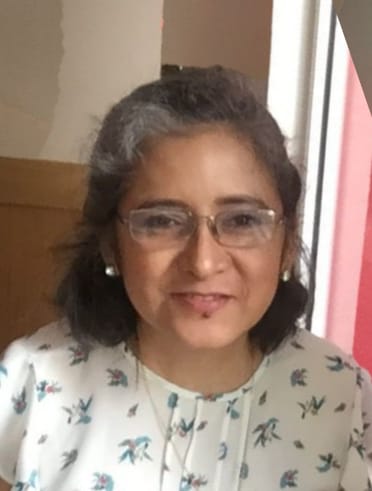 |
María Lucila Morales Rodríguez received her Ph.D. degree in Artificial Intelligence graduated from Paul Sabatier University (Toulouse, France). She is a Full-time Computer Science Professor at Madero Institute of Technology (Ciudad Madero, Mexico). She has an interest in research areas like decision-making, machine learning, and intelligent virtual agents. In particular, she seeks to create credible characters by modeling socio-emotional agents' verbal and nonverbal behavior and applying multidisciplinary approaches. For this, she incorporates preferential and personality models to influence the decision-making process and the expression of their response to use these characters as affective interfaces and thus to improve human–computer interaction. |
 |
Claudia Guadalupe Gómez-Santillán is a member of the National Network of Researchers (SNI II), the Mexican Society of Operations Research, and the Mexican Academy of Computation (amexcomp). She is a full-time professor at Madero Institute of Technology. She received the Ph.D degree in Advanced Technology from the Mexican National Polytechnic Institute in 2009. She received the M.Sc. degree in Computer Science from the Leon Institute of Technology (Mexico) in 2000. Her research interests are optimization techniques, complex networks, autonomous agents, project portfolio selection, multicriteria optimization, and swarm intelligence. |
Chair: Dr. Daniel Hernández
Genetic Programming is an evolutionary approach to address learning and automatic program induction problems. It has generated strong results in many domains, and continues to develop as a more mature paradigm in machine learning. On the other hand, Machine Learning has become an extremely popular approach for solving problems following different learning contexts: supervised, unsupervised and semi-supervised.
This special session invites works and talks related to theoretical advances, the development of new algorithms or improvements over existing ones, as well as real-world applications.
Topics of interest include (but are not limited to):
- Theoretical developments in GP and ML
- GP performance and behavior
- Algorithms, representations and operators for GP
- Search-based software engineering
- Multi-population GP
- Multi-objective GP
- Tree-based, Linear, Graph-based, Grammar-based GP
- Hybrid models
- Evolutionary machine learning approaches
- Ensemble models
- Reinforcement learning, Transfer learning and Deep learning
- Interpretability of machine learning models
- Leaning with unbalanced or missing data
- Feature extraction, reduction and selection
- Real-world application
Contact: Dr. Daniel Eduardo Hernández Morales daniel.hernandezm @ tectijuana.
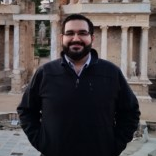 |
Daniel Hernández is a professor at the Tecnológico Nacional de México/ IT de Tijuana, in Tijuana, BC, Mexico. His reasearch interest include several data science and artificial intelligence topics such as: machine learning, feature engineering, evolutionary computation and computer vision. He received his Ph.D. in Computer Science the from Centro de Investigación Científica y de Educación Superior de Ensenada, B.C., (CICESE), México. He is a member of the National Network of Researchers (SNI Level I) |
Chair: Dr. Luis Gerardo de la Fraga
In this session will be analyzed and proposed new hardware development to solve Machine Learning tasks. We are very interested how to optimize this new developments in the area of Data Science and AI of things (AIoT).
- Devices, circuits, and systems for Machine Learning (ML)
- Analog/digital devices, circuits, and systems for ML
- Modeling, simulation, optimization, and design automation tools for ML
- Embedded/hybrid hardware and computing for ML
- Speech/video signal processing circuits and systems for ML
- ML circuits and systems for security and cryptography applications
- ML circuits and systems for biomedical, autonomous, and human–machine systems
- Emerging applications of ML
All submission will be peer-reviewed by a panel of international experts.
Contact: Dr. Luis Gerardo de la Fraga, fraga at cs.cinvestav.mx
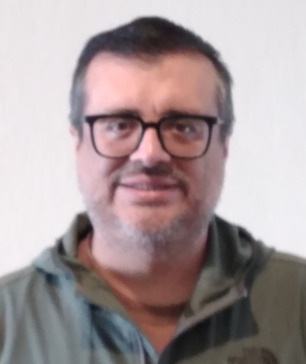 |
Dr. Luis Gerardo de la Fraga received the BS degree in electrical engineering from the Veracruz Institute of Technology, in Veracruz, Mexico in 1992; he received the MSc degree from the National Institute of Astrophysics, Optics, and Electronics (INAOE), Puebla, Mexico, in 1994; and the PhD degree from the Autonomous University of Madrid, Spain, in 1998. He develop his predoctoral work in the National Center of Biotechnology (CNB) in Madrid, Spain. Since 2000 he is in the Computer Science Department at the Center of Research and Advanced Studies (Cinvestav), in Mexico City. He research areas include computer vision, application of evolutionary algorithms, applied mathematics, and network security. He is very enthusiastic of open software and GNU/Linux systems. Dr. de la Fraga has published more than 35 articles in international journals, 6 book chapters, 2 books and more than 50 articles in international conferences. He had graduated 28 MSc and 4 PhD students. He is member of ACM and IEEE societies since 2005. |

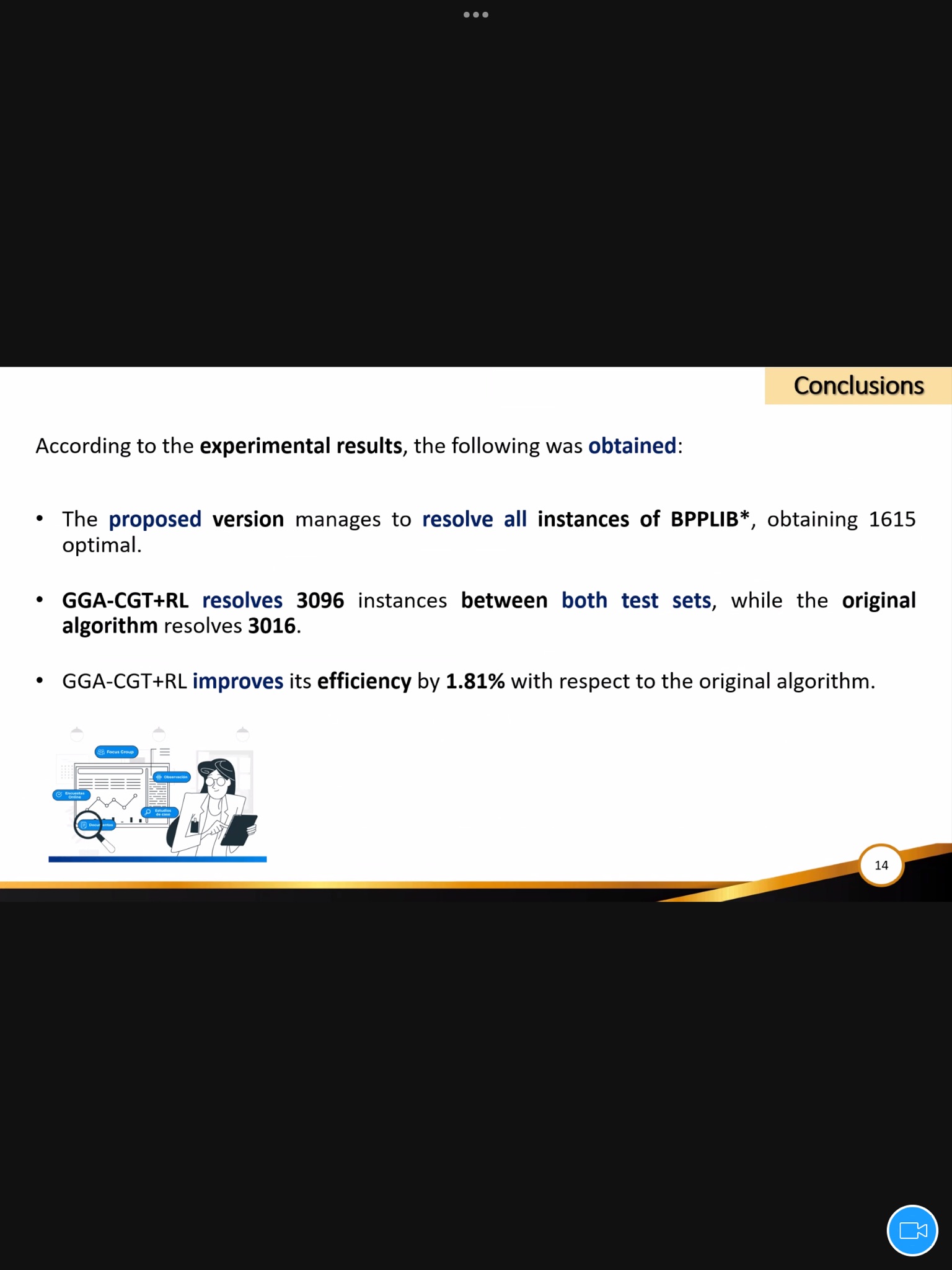
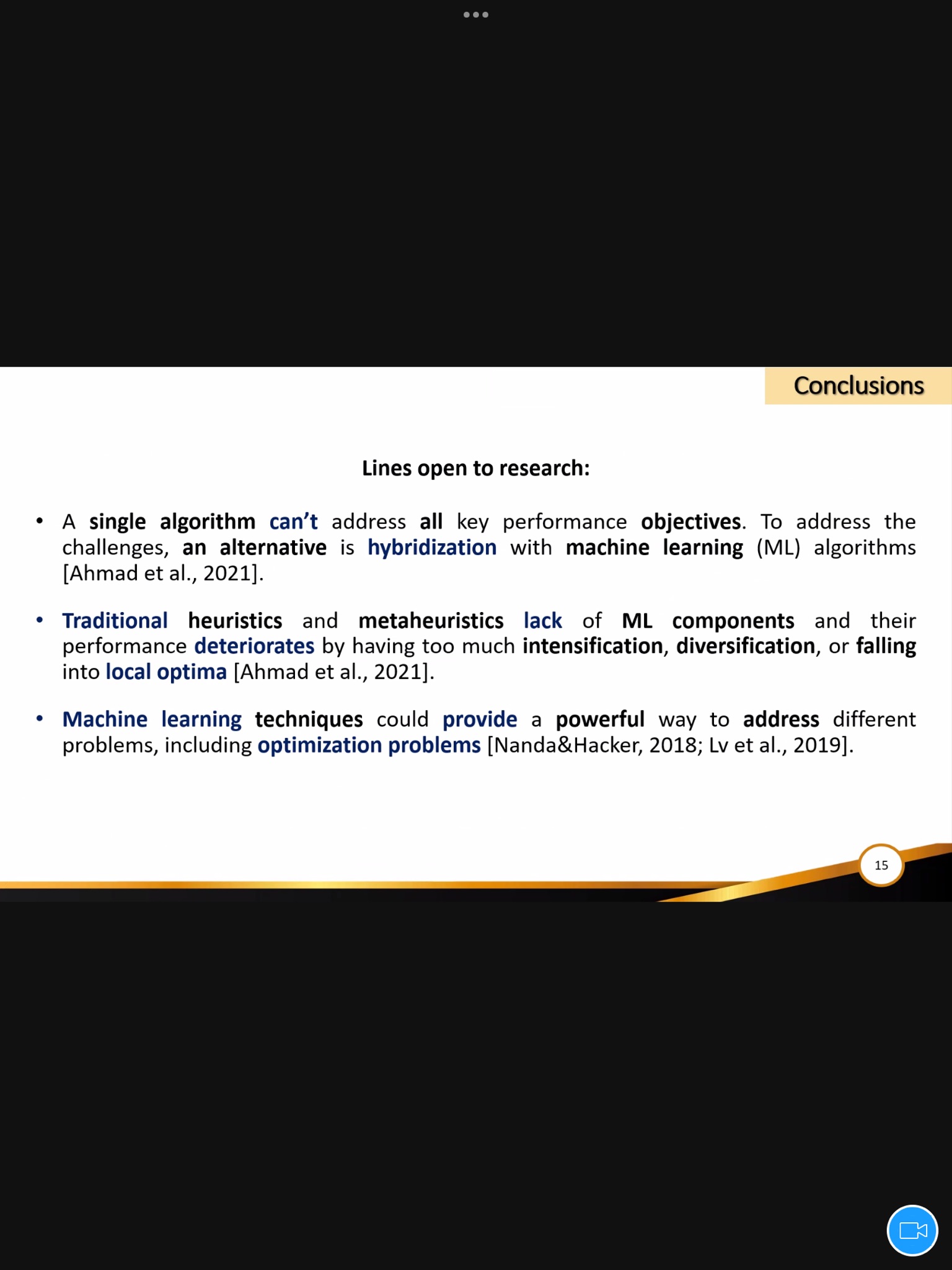
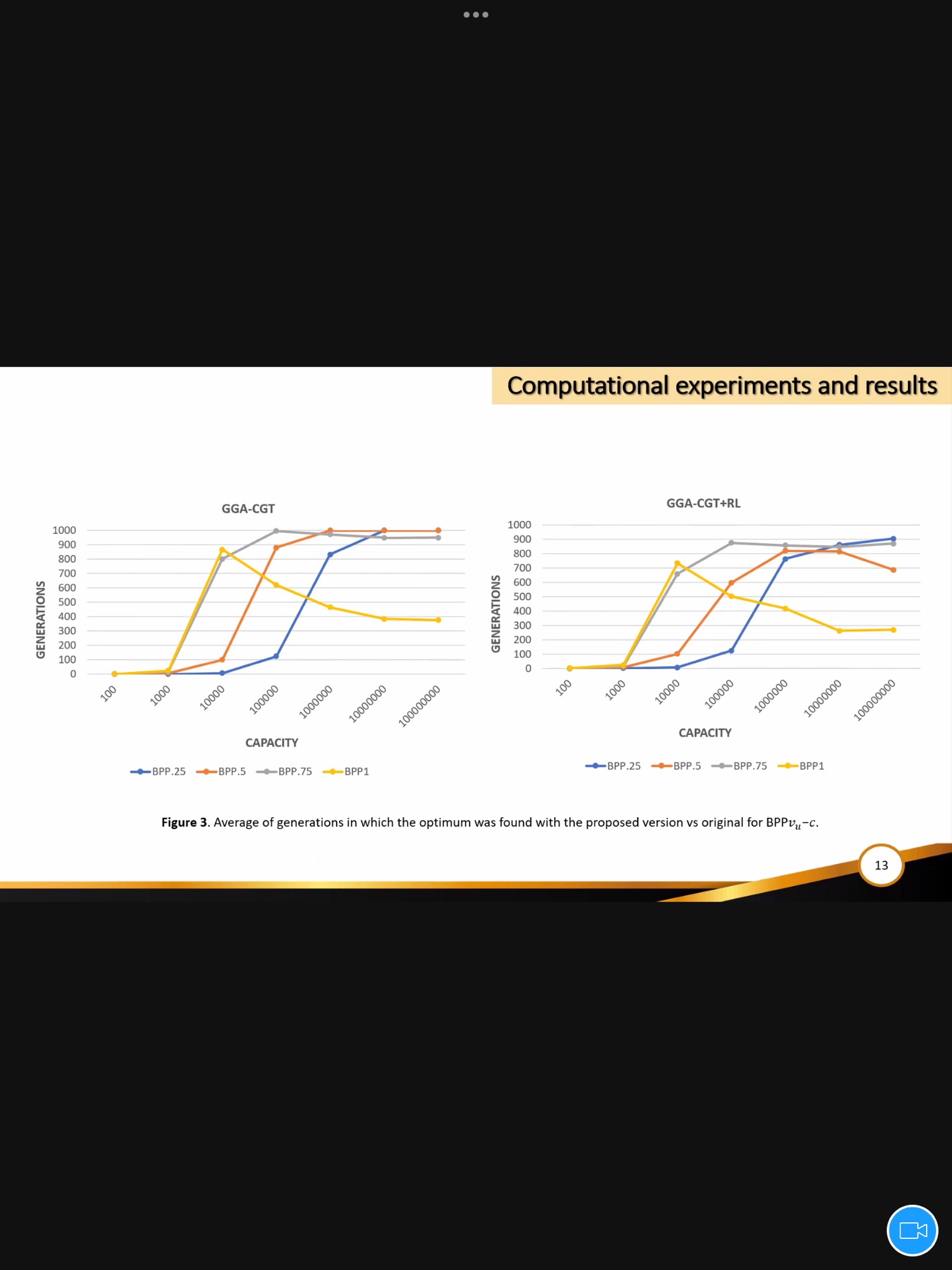
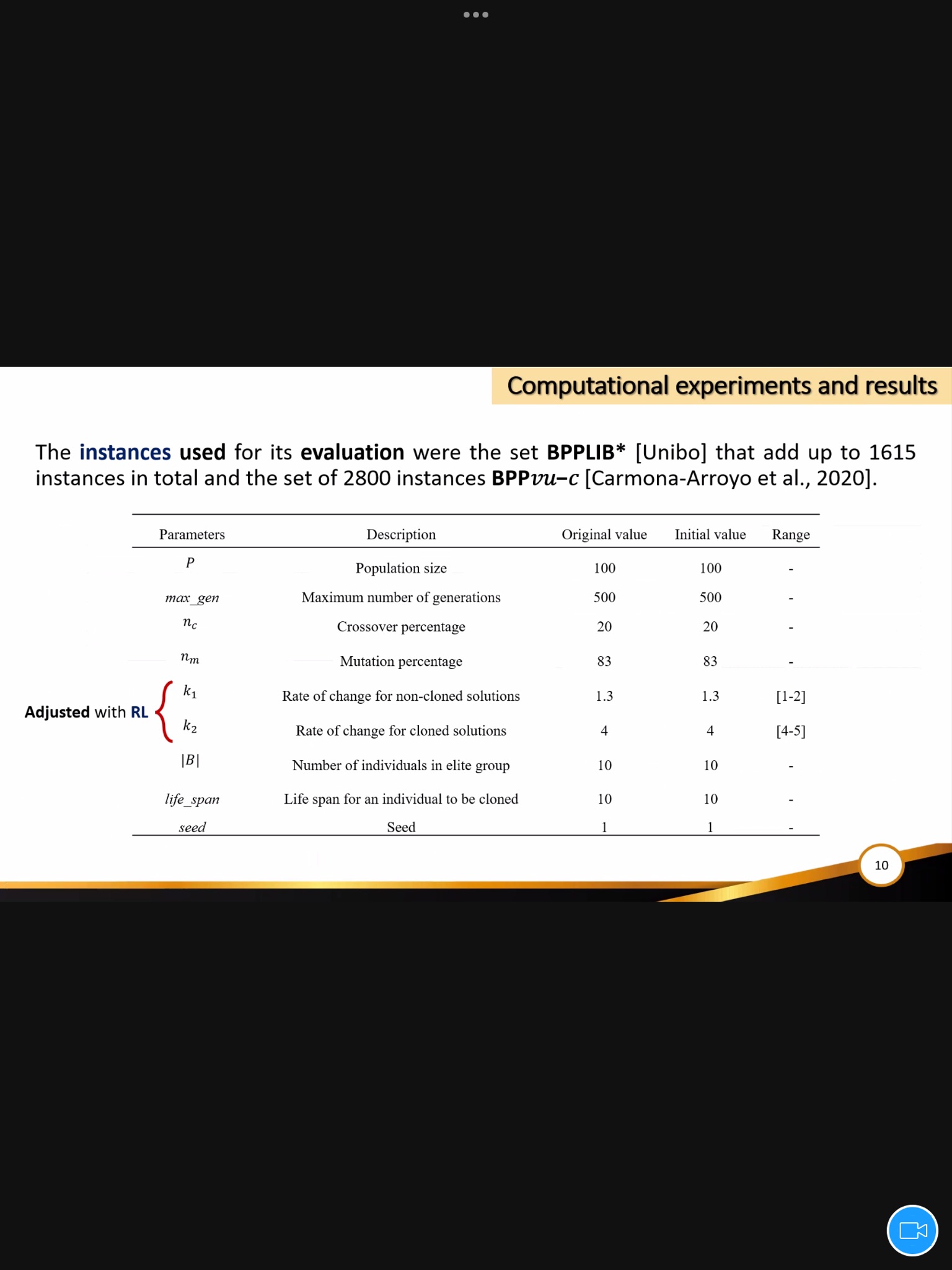
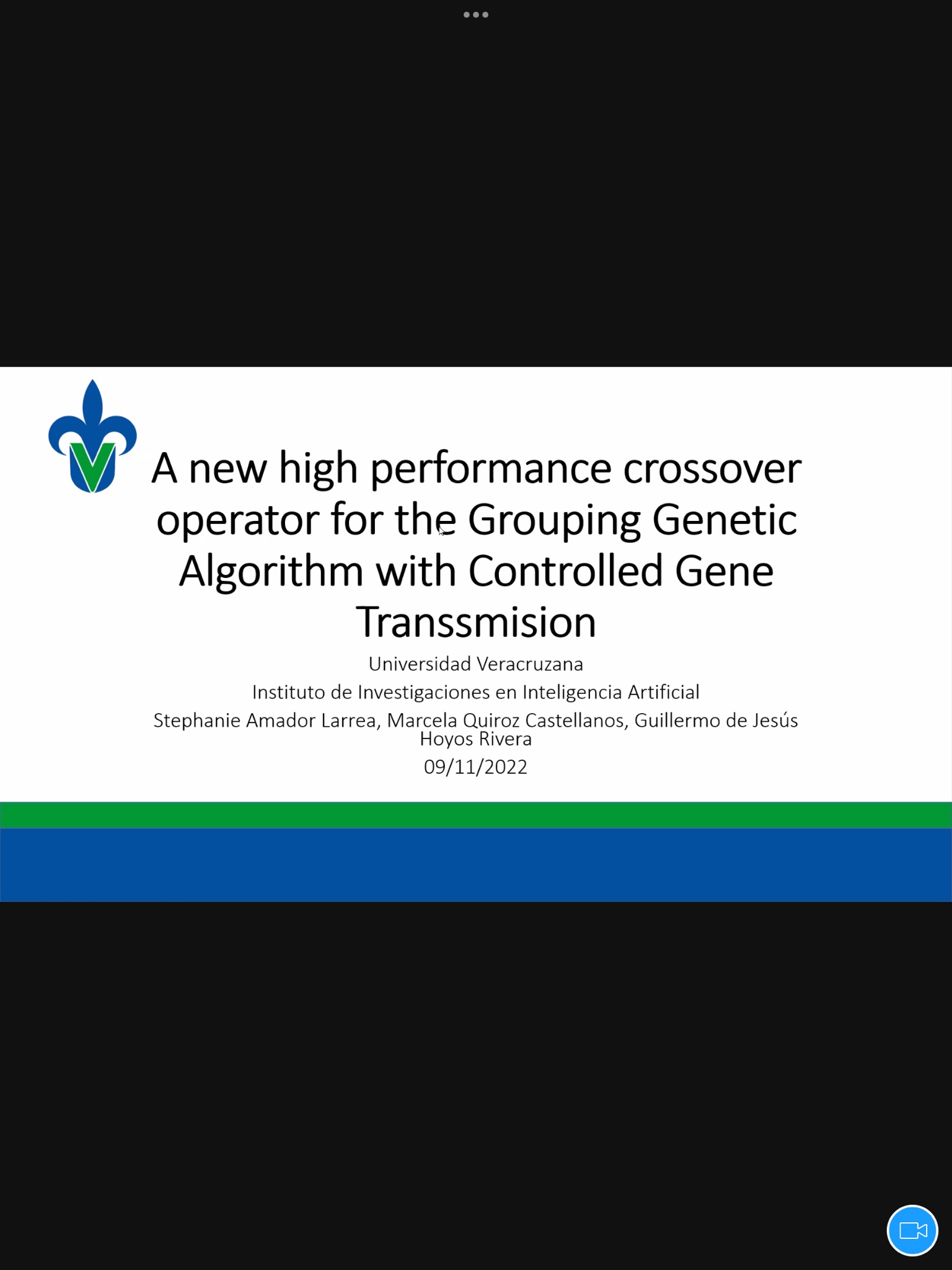
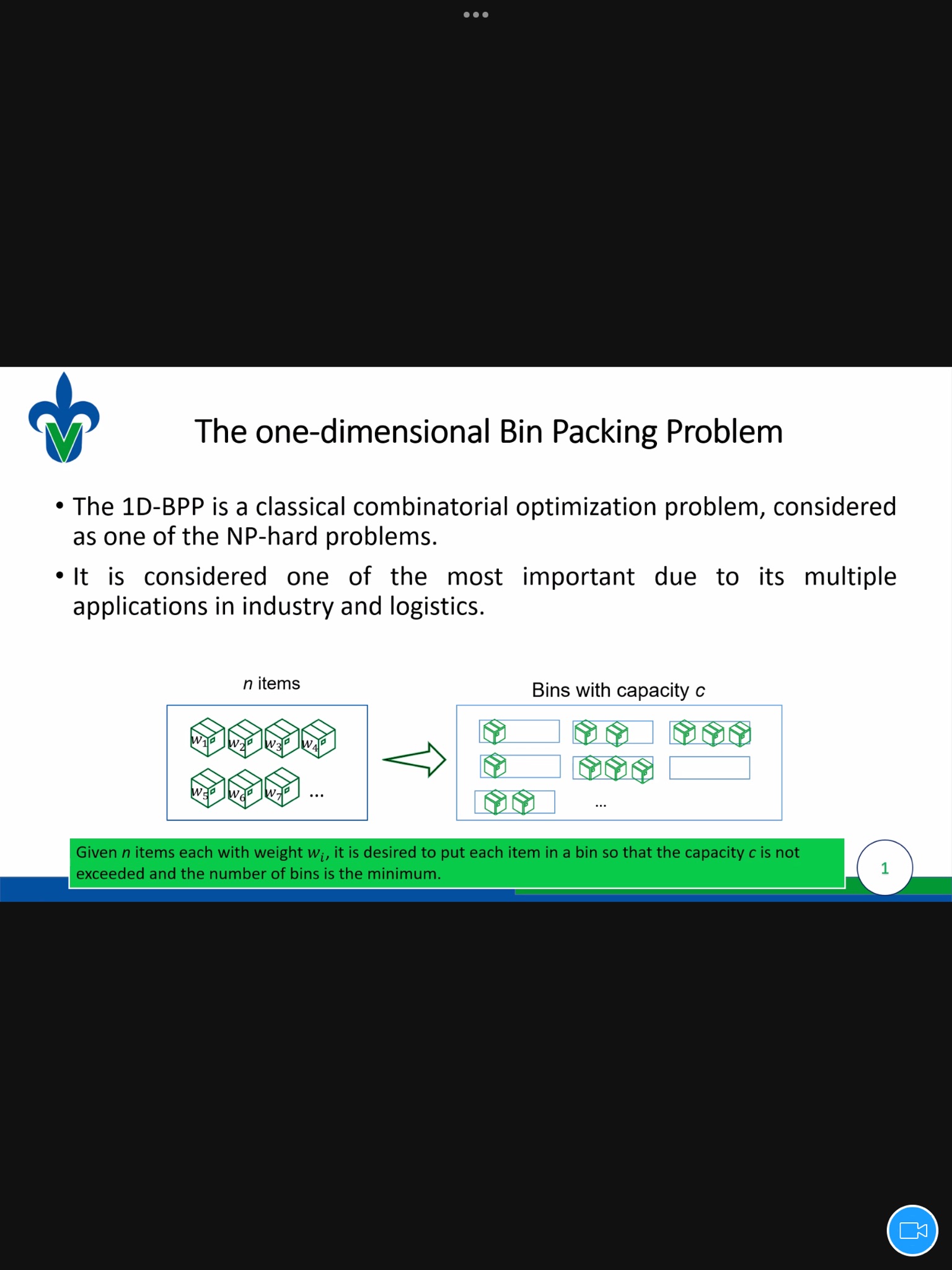
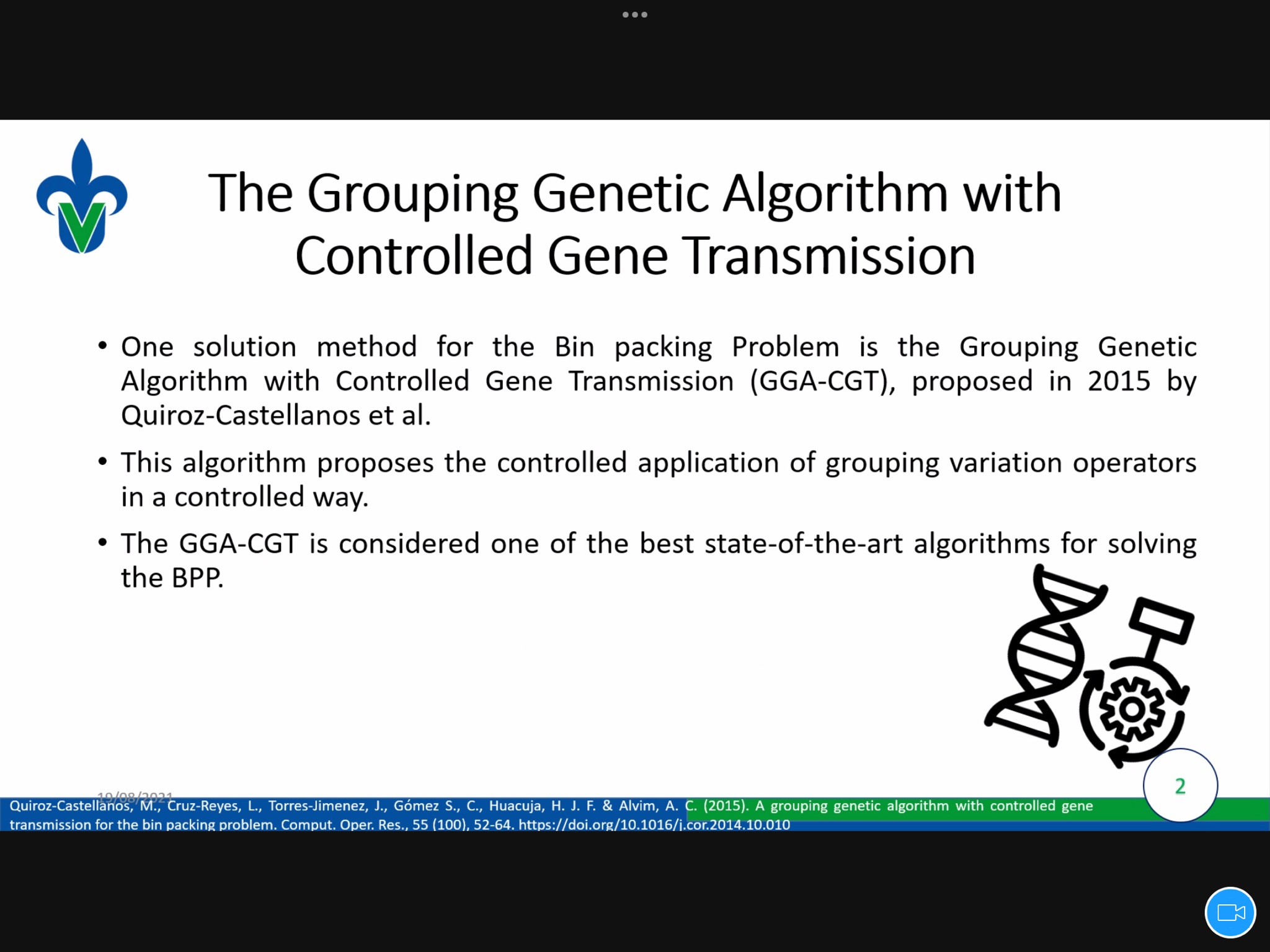
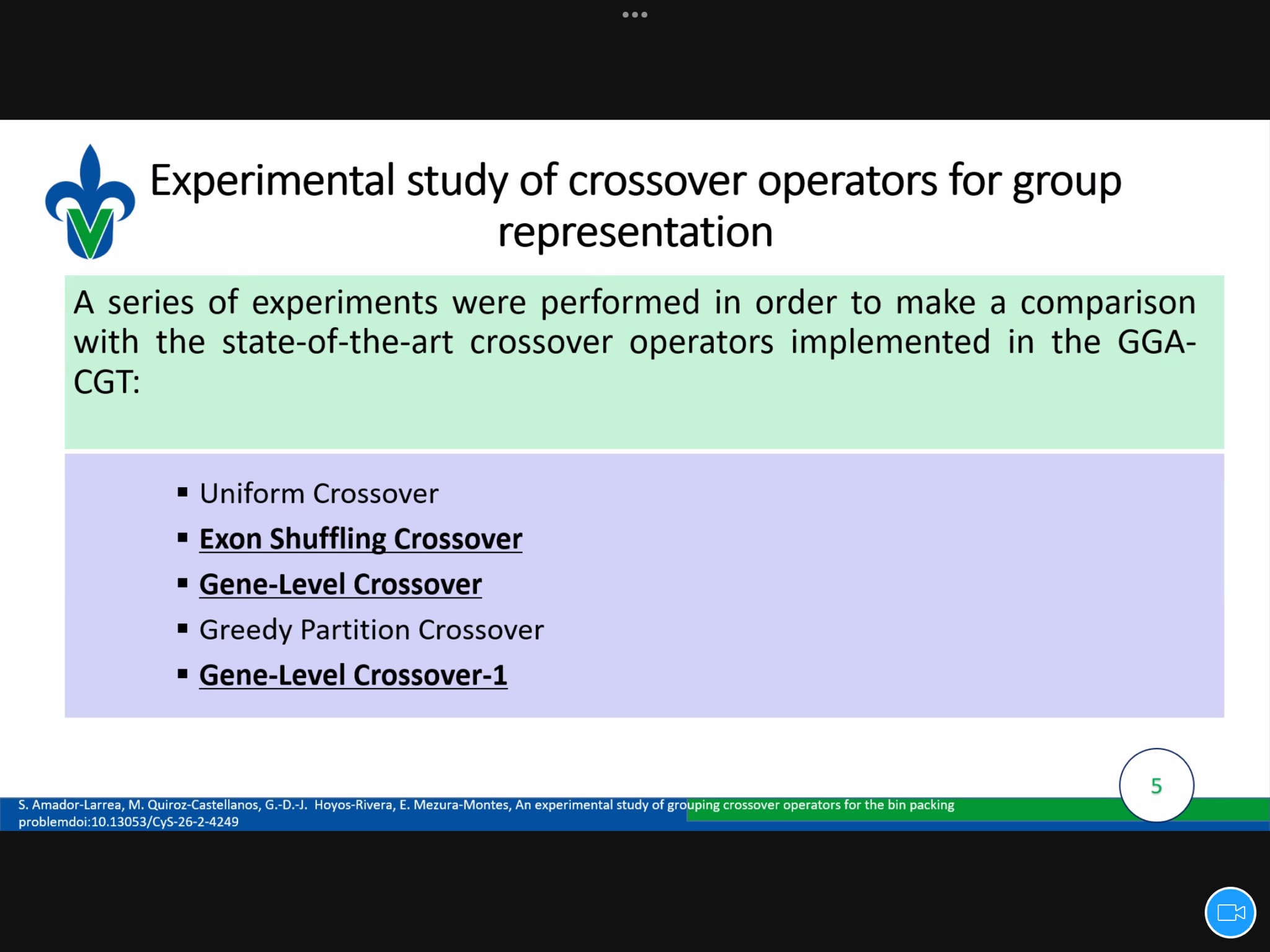
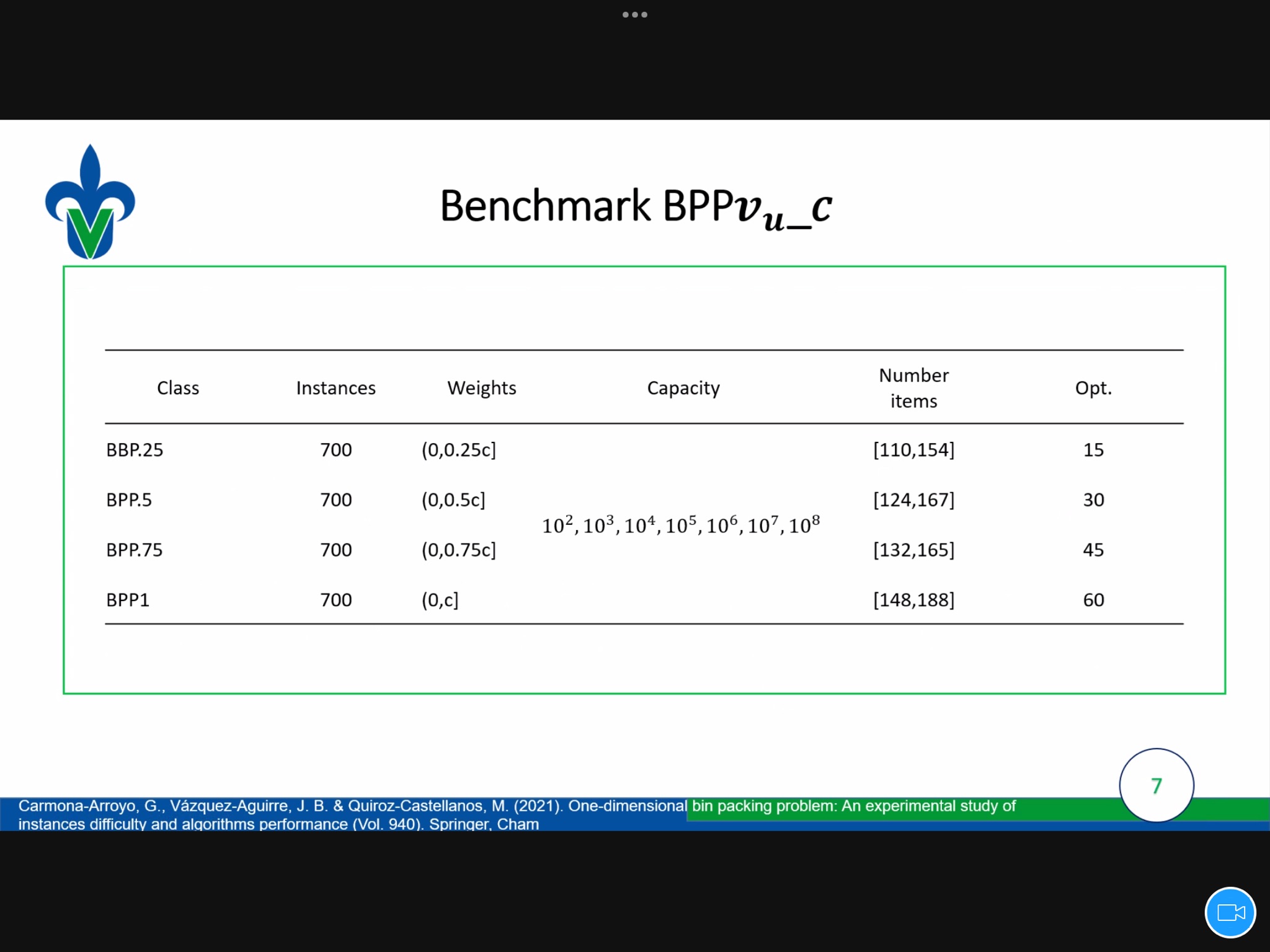
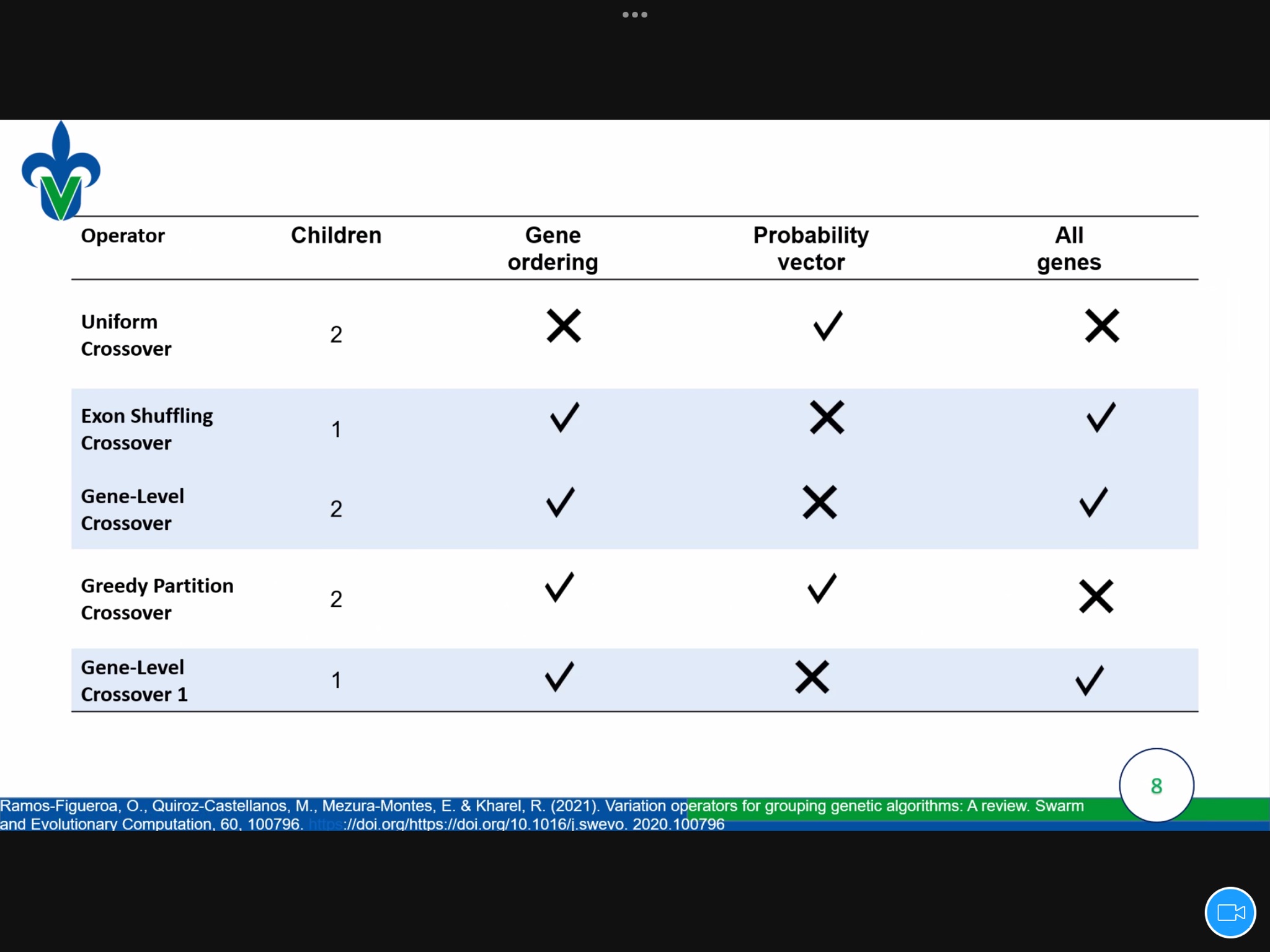
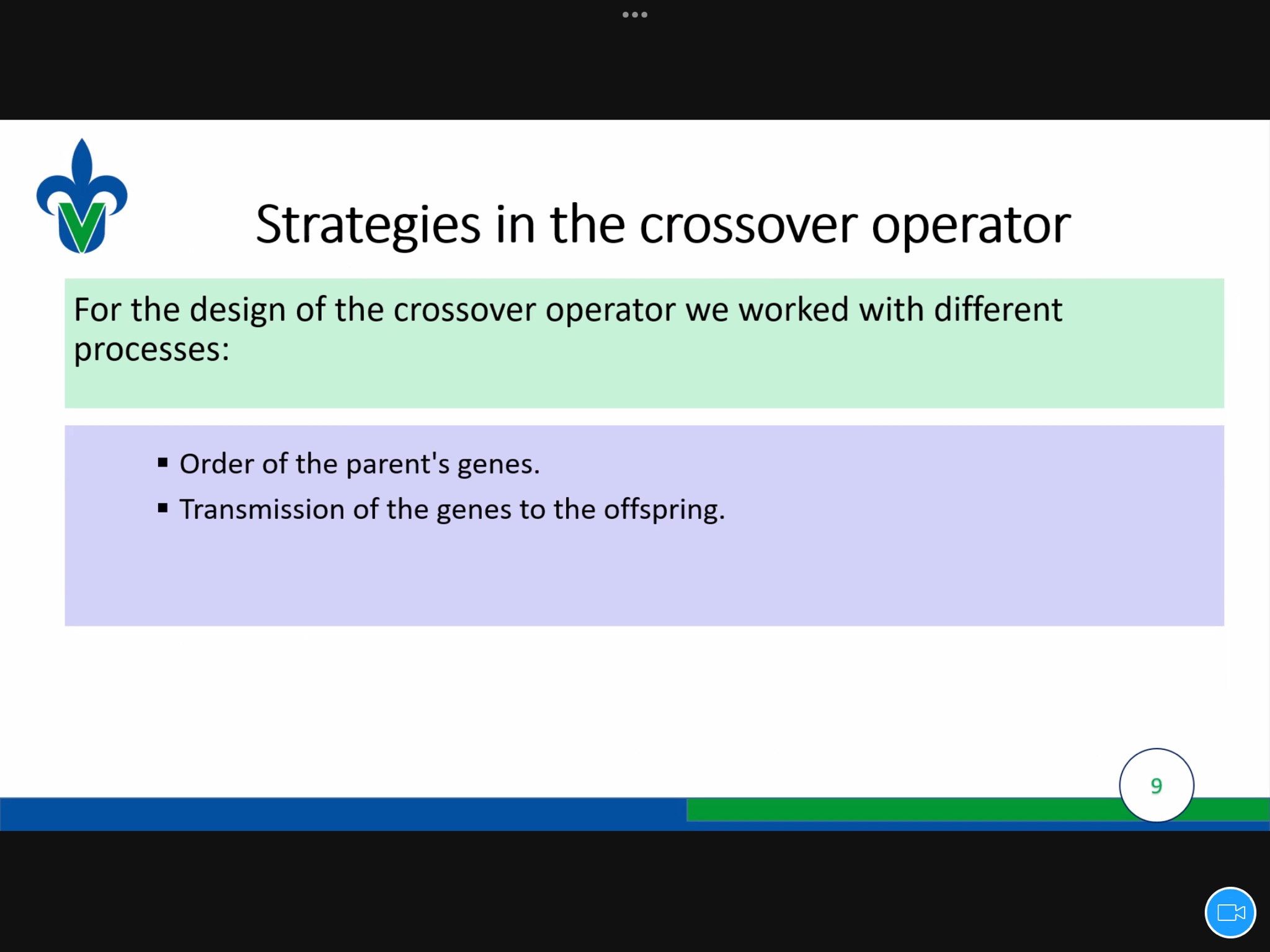
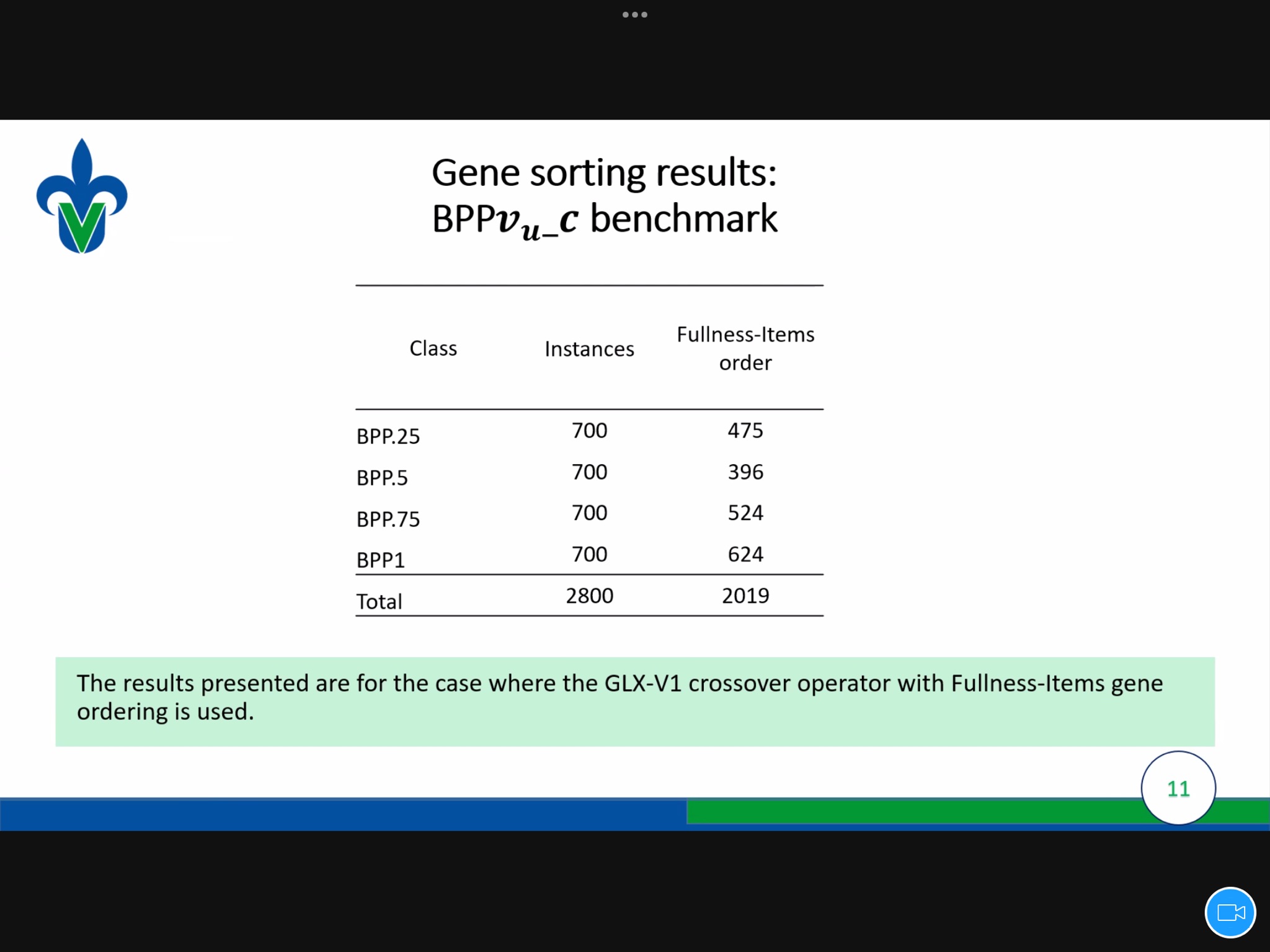
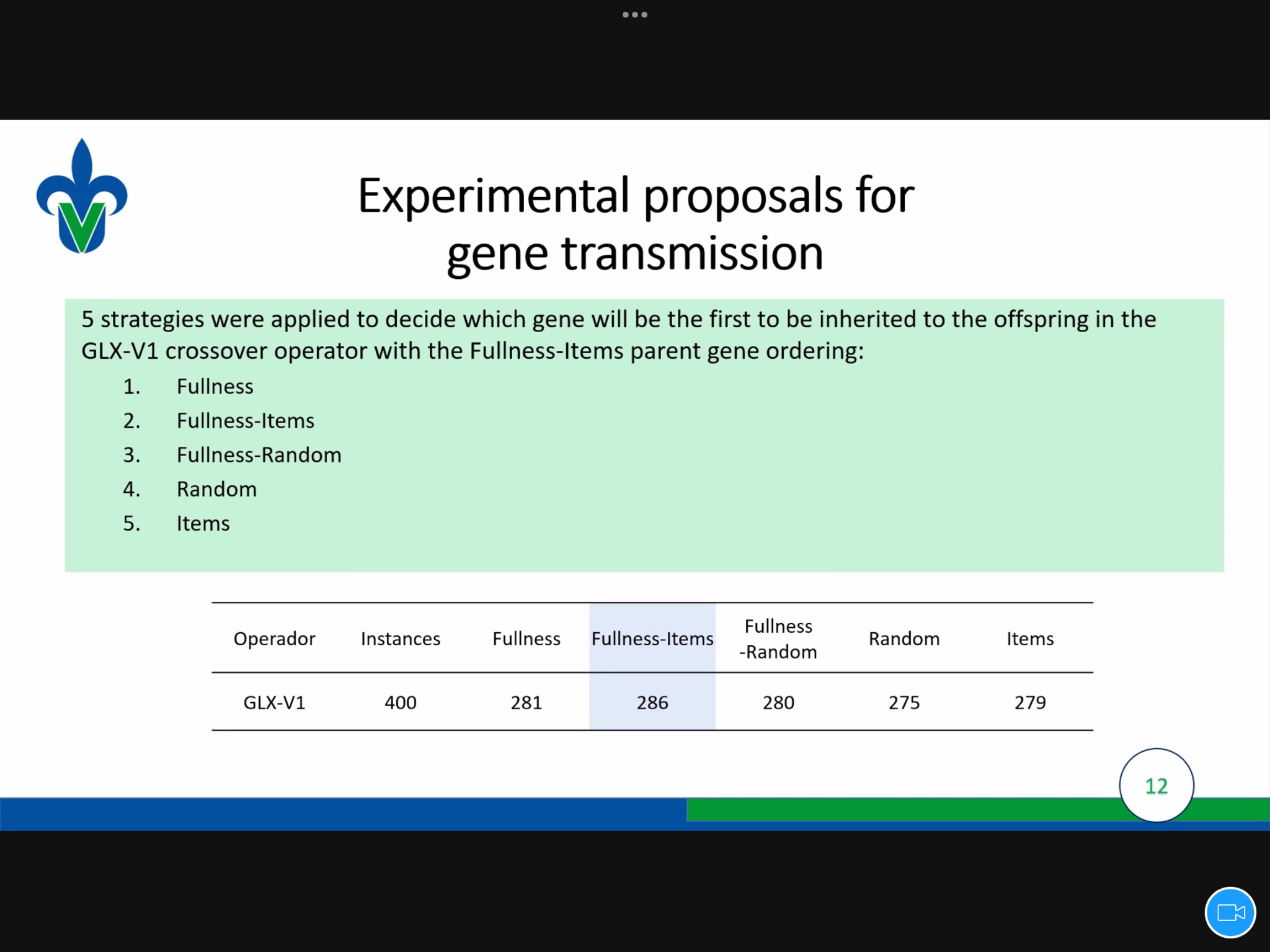
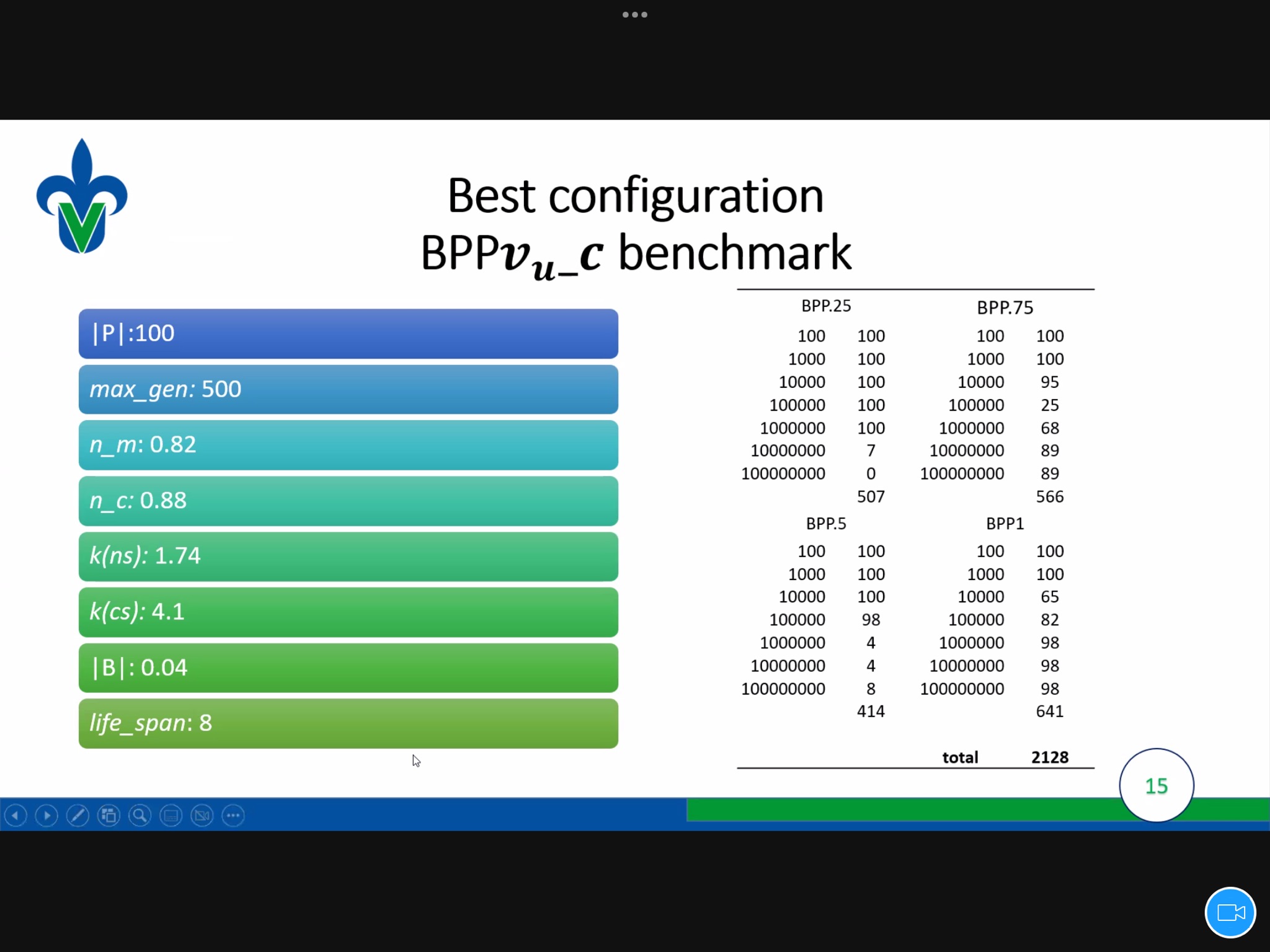
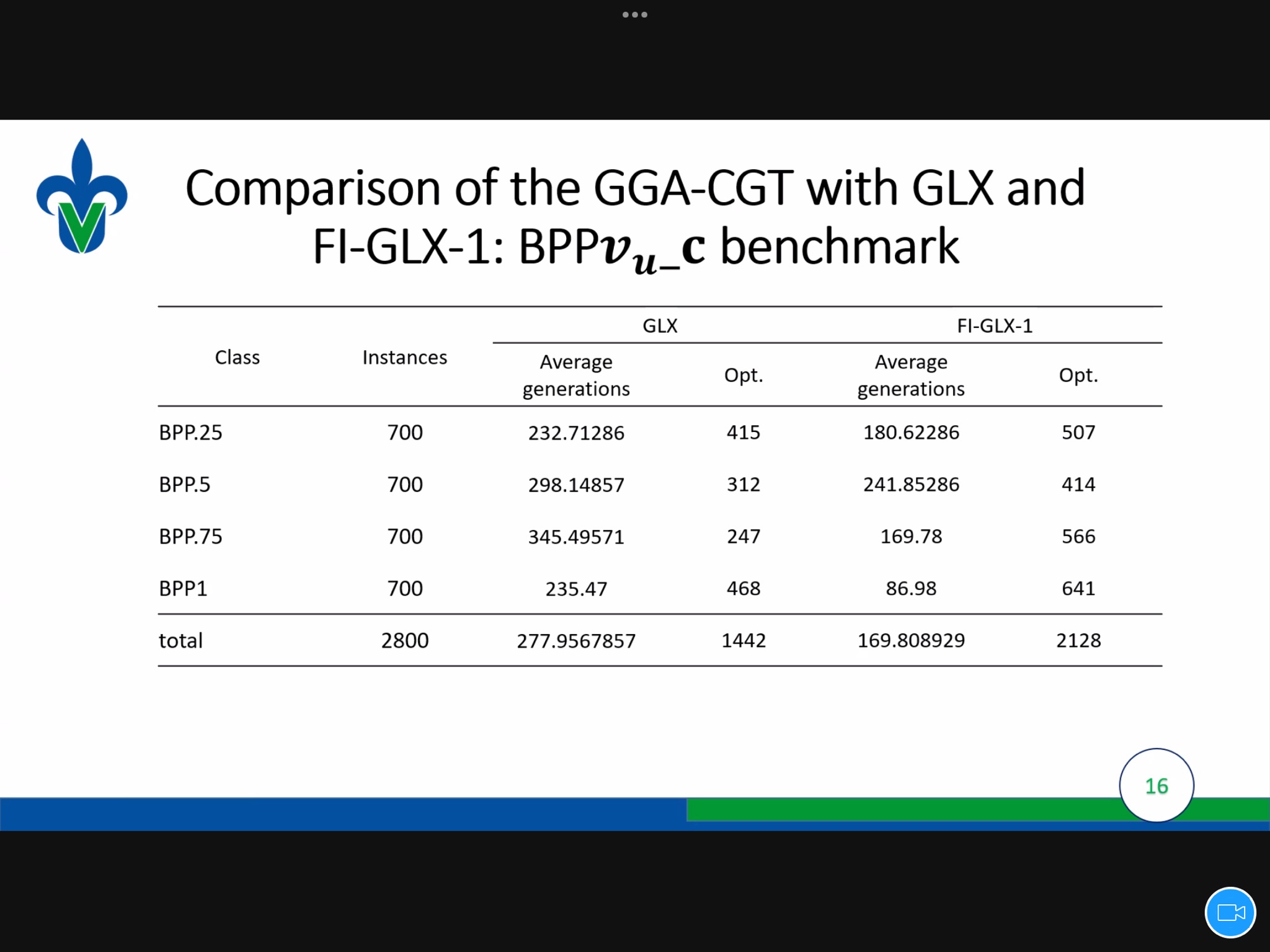
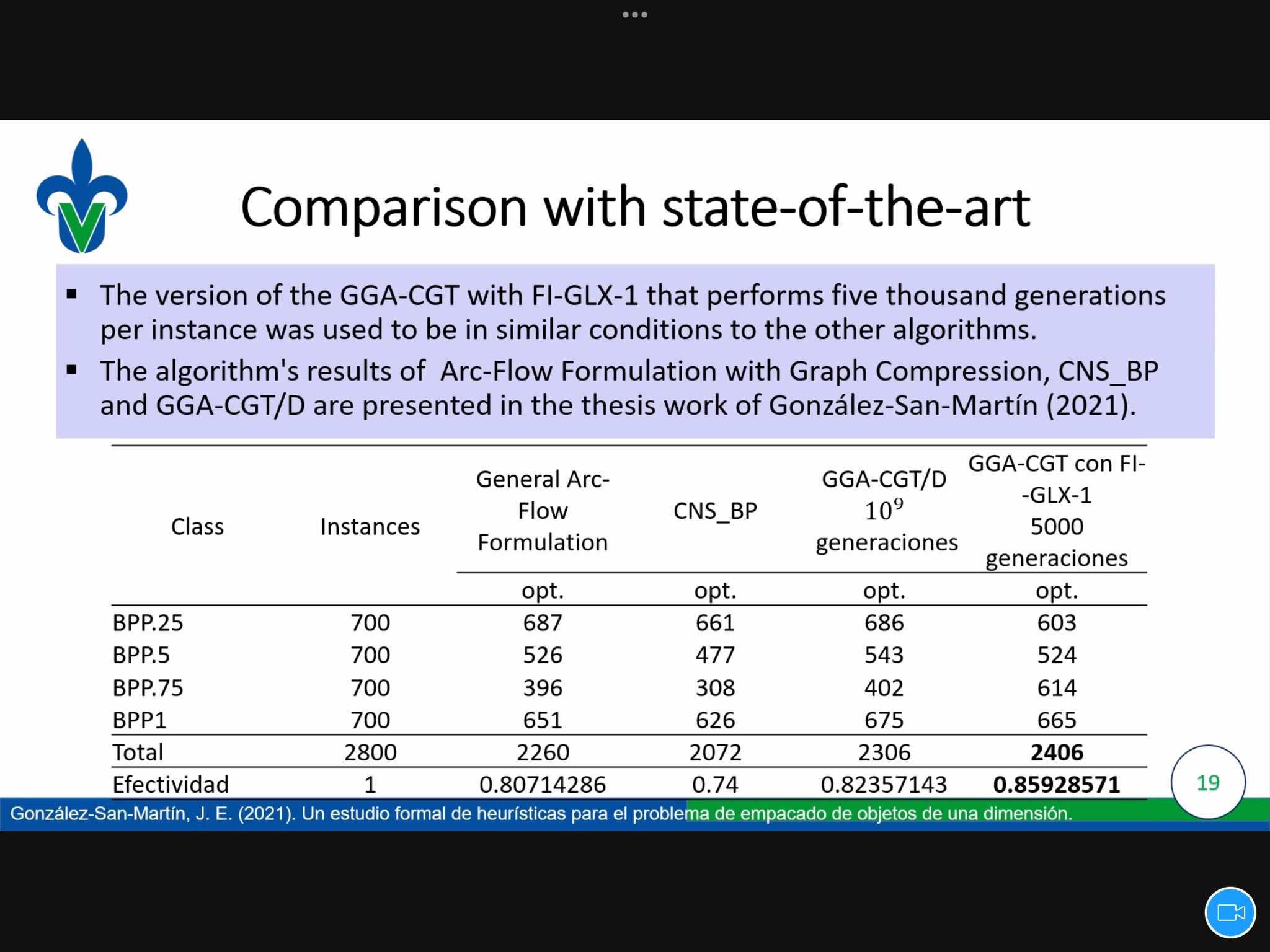
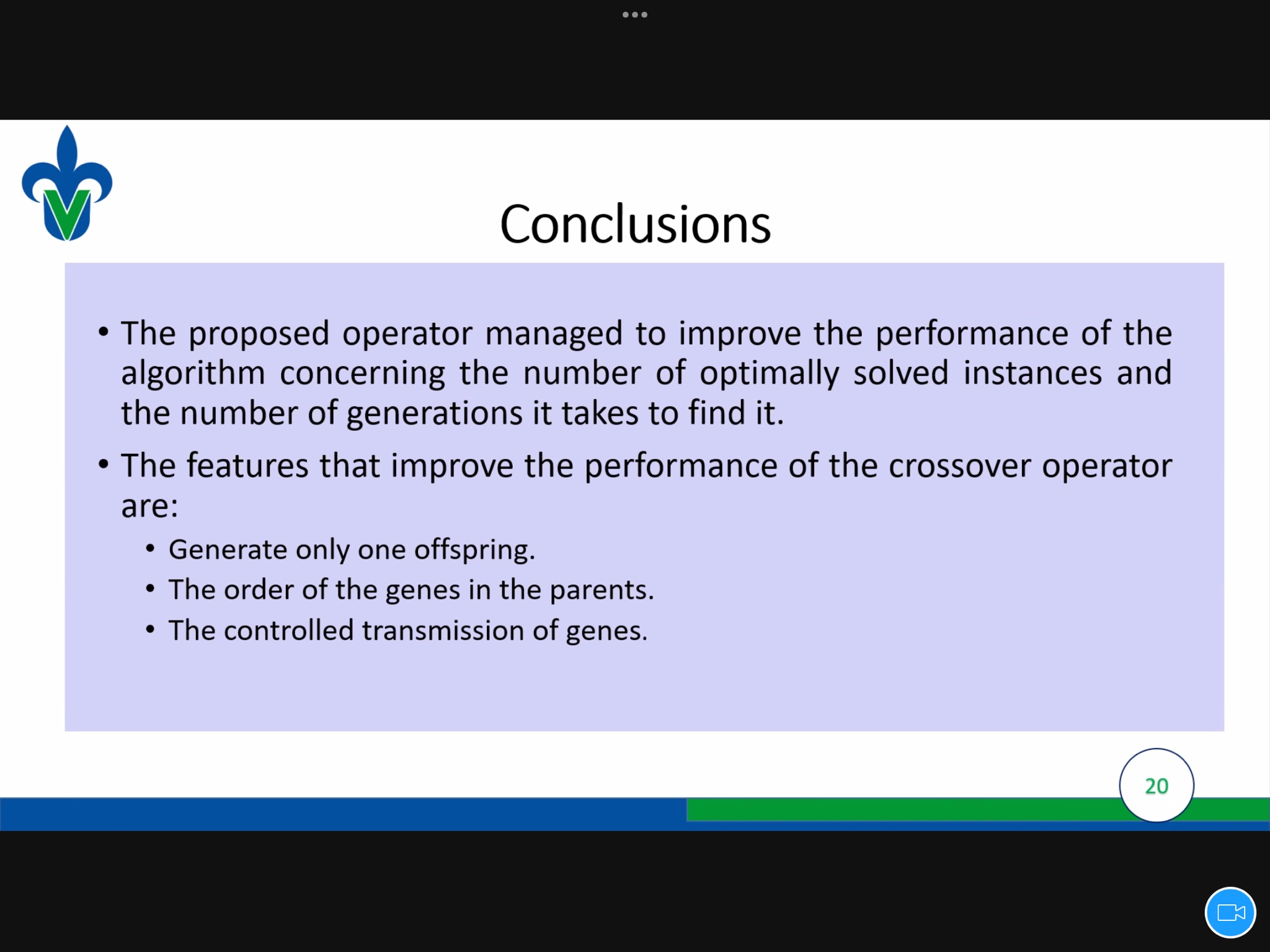
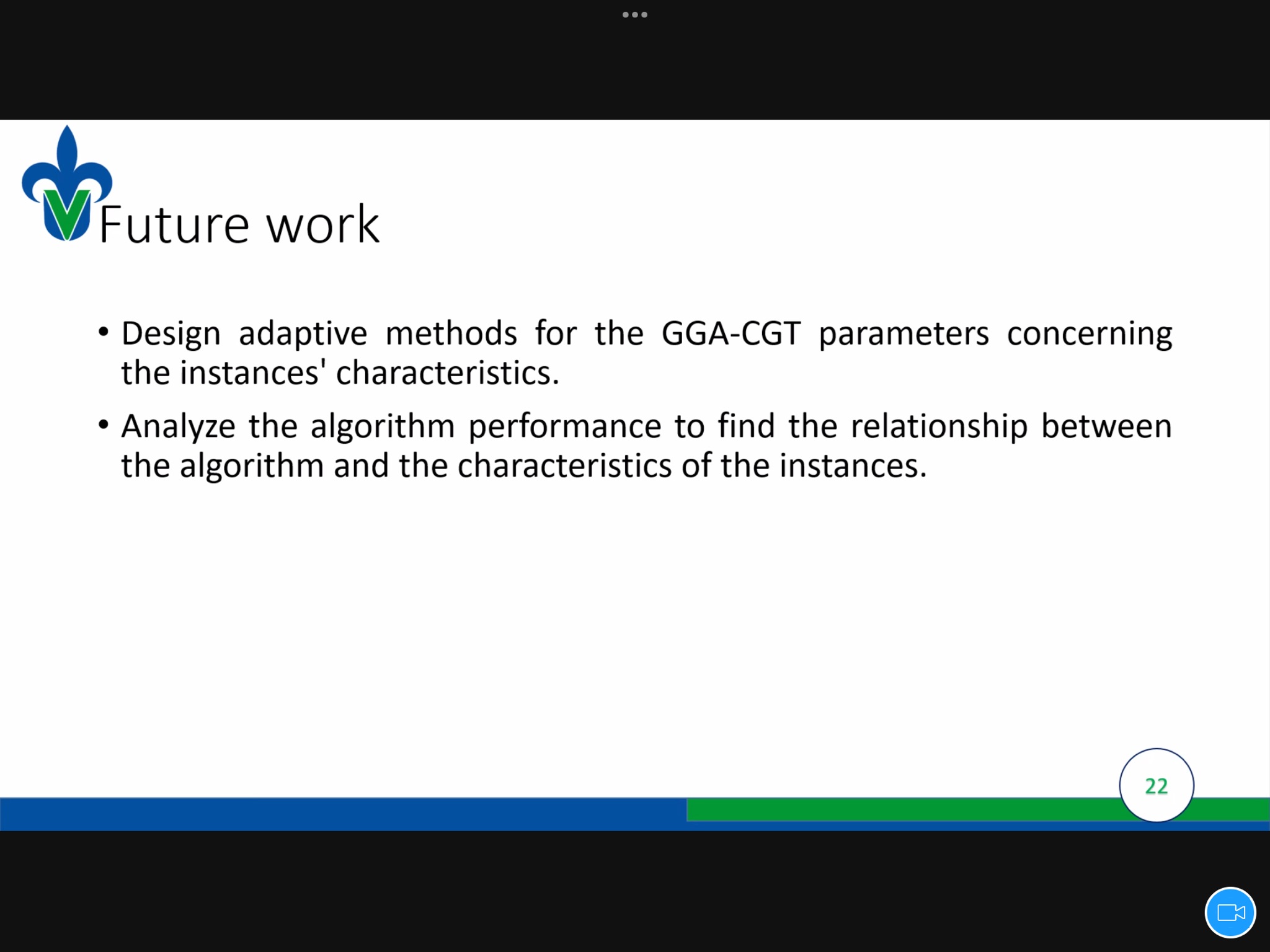
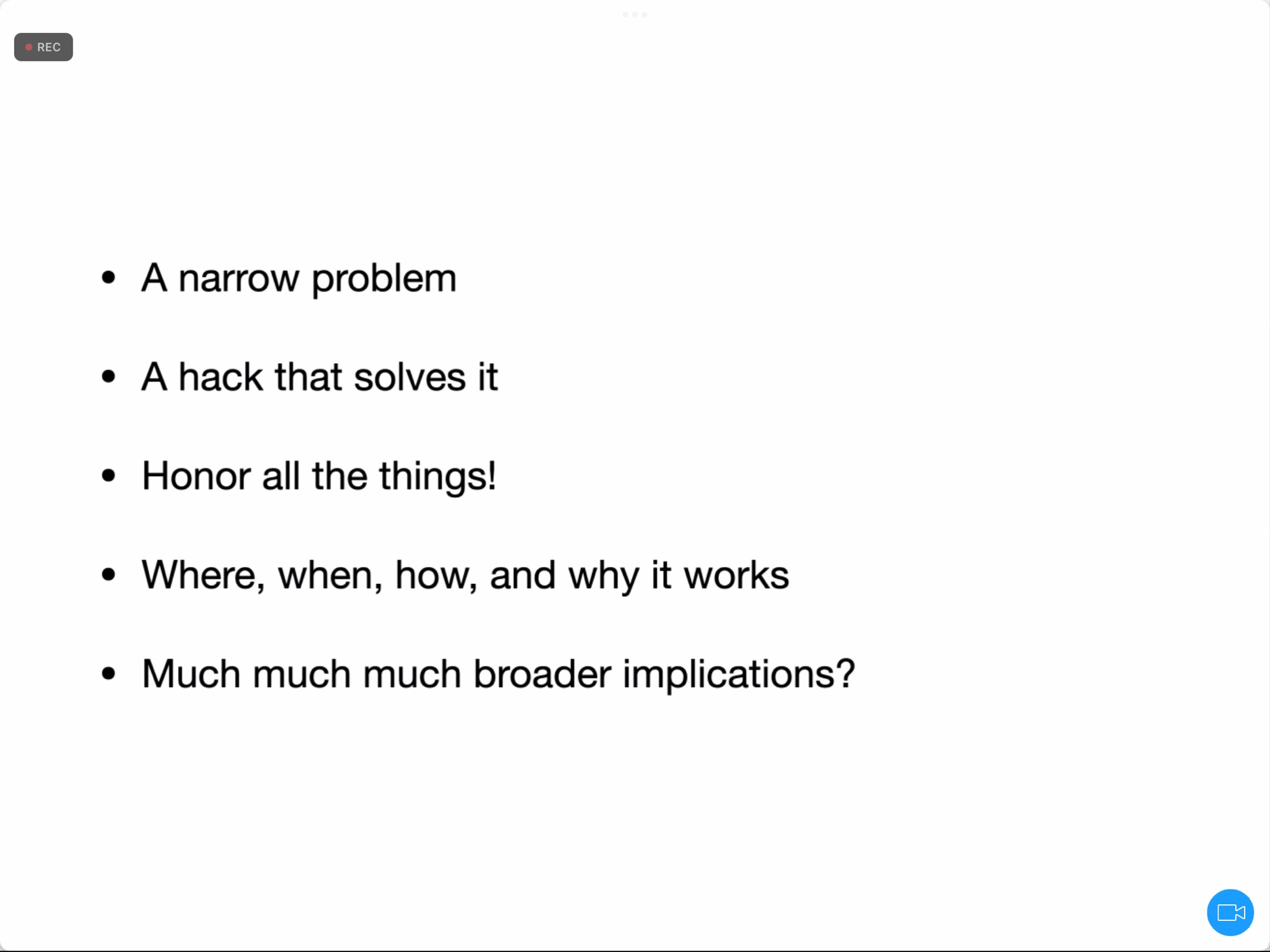
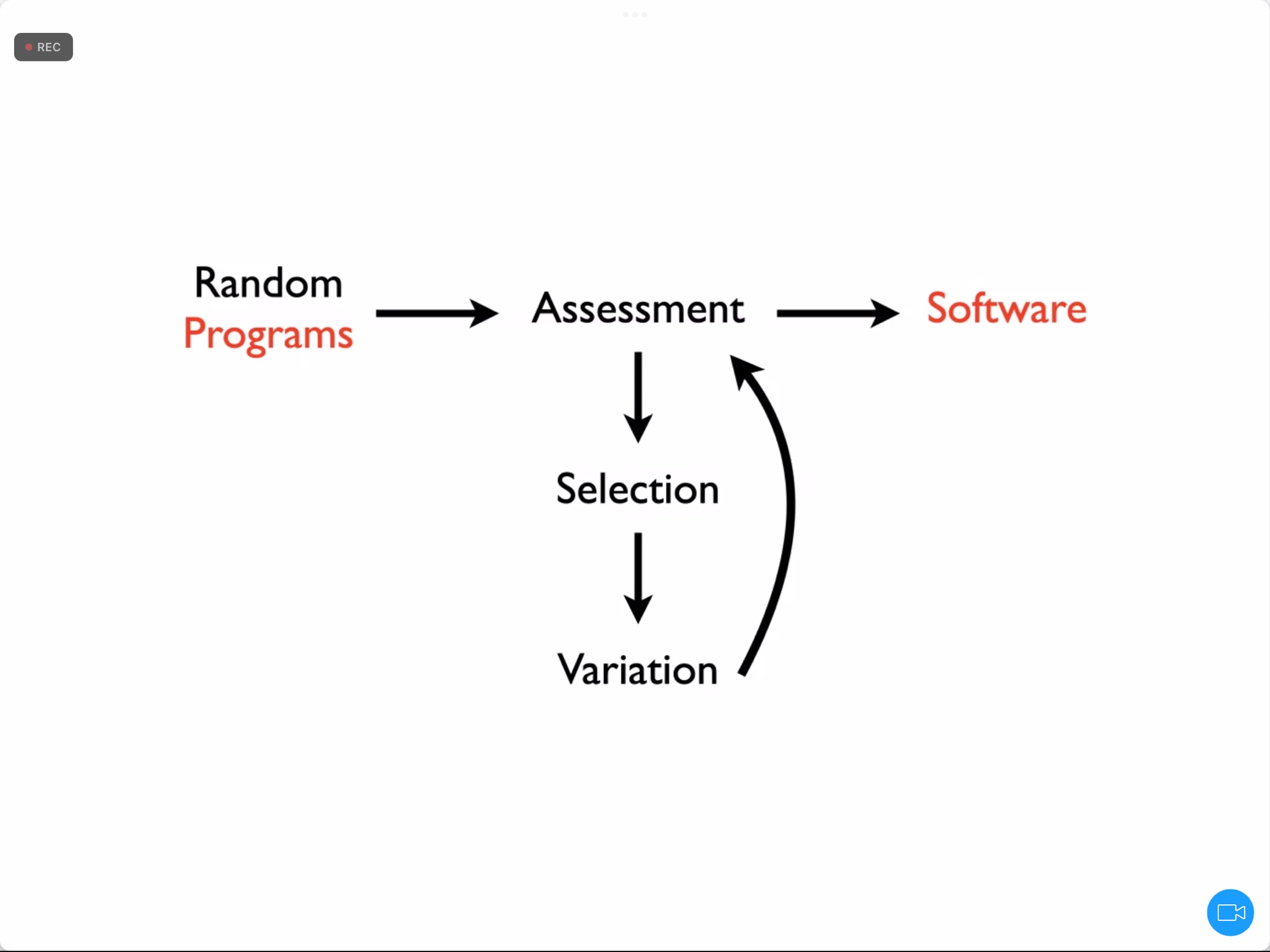
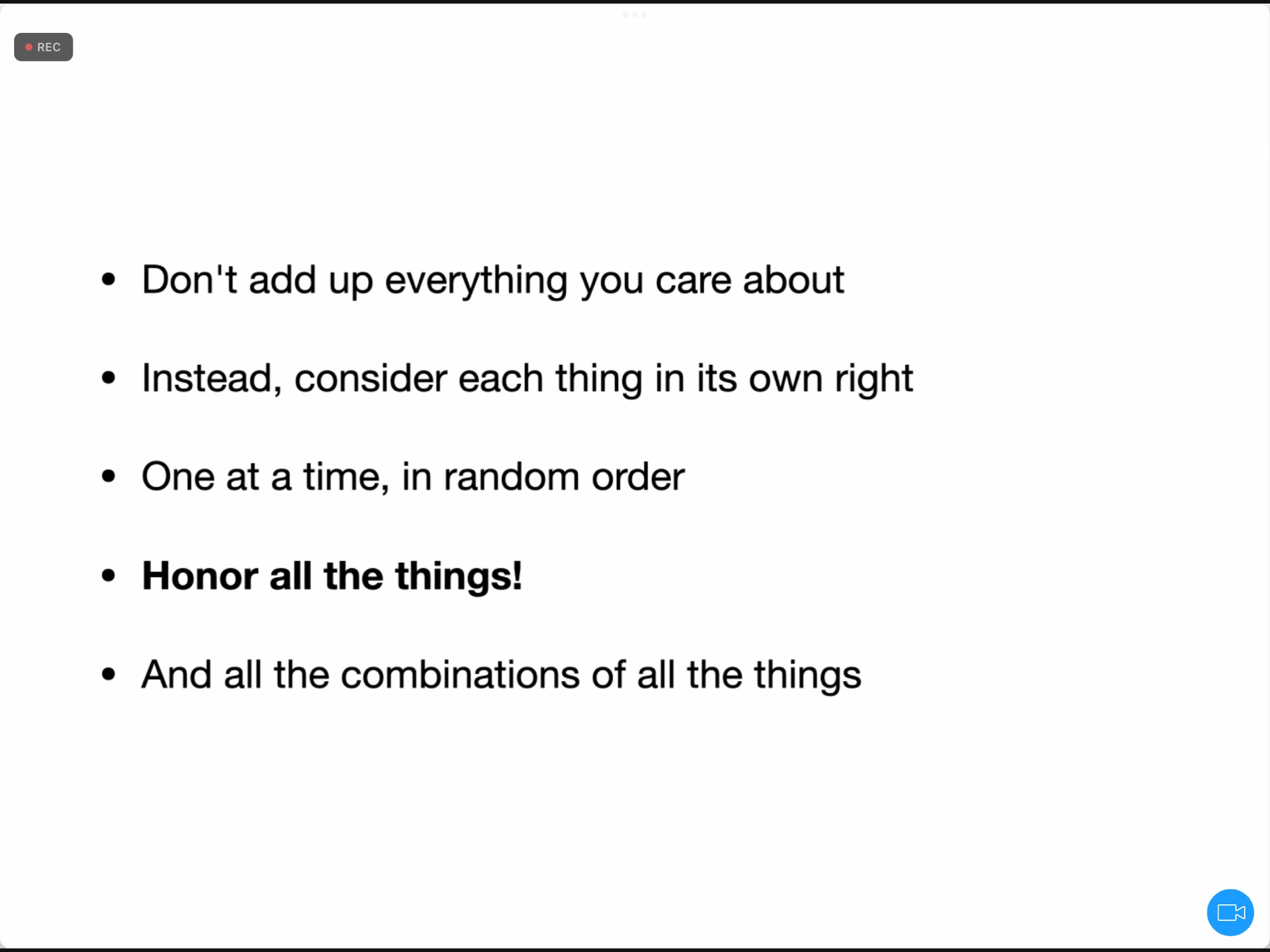
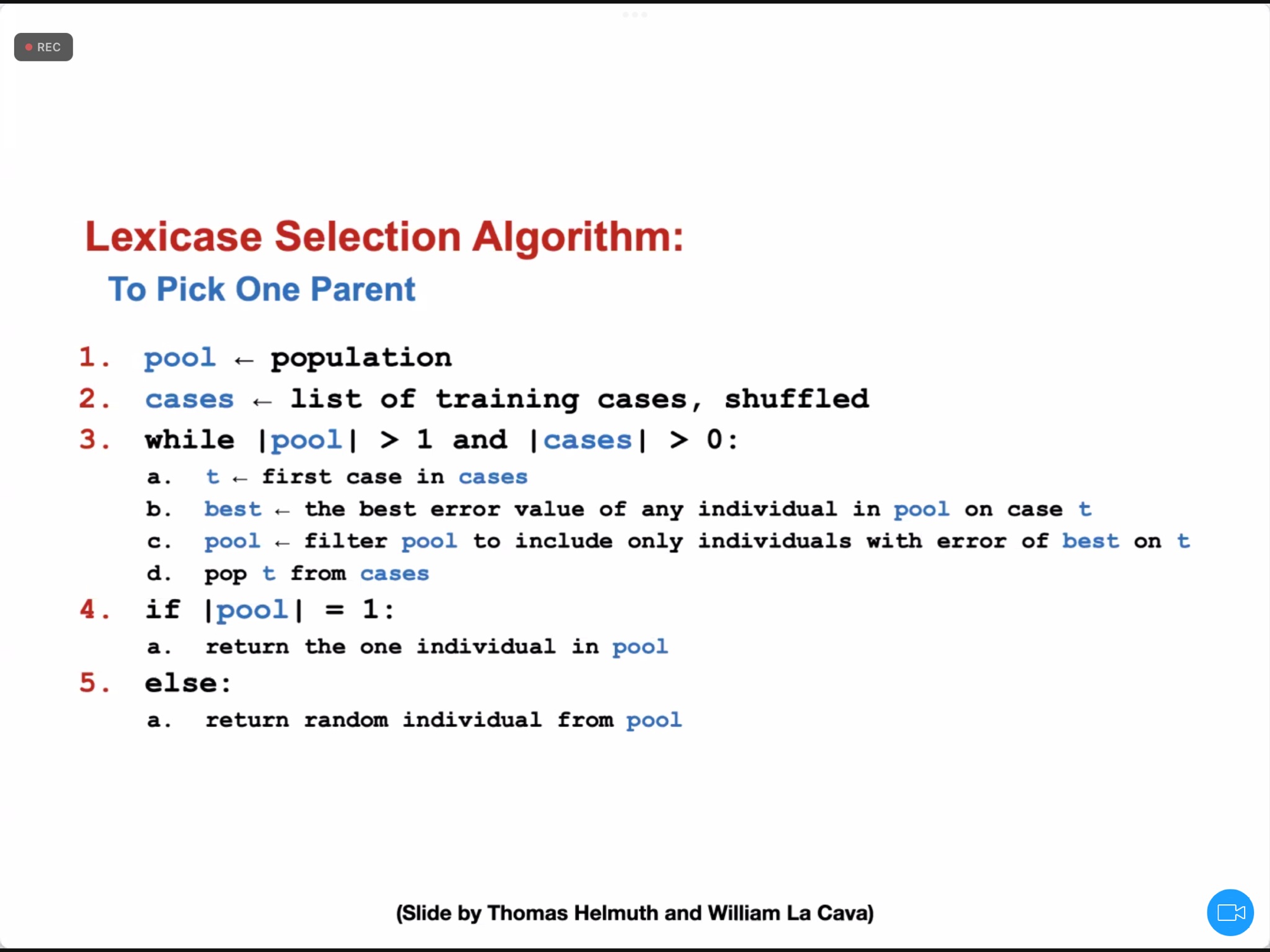
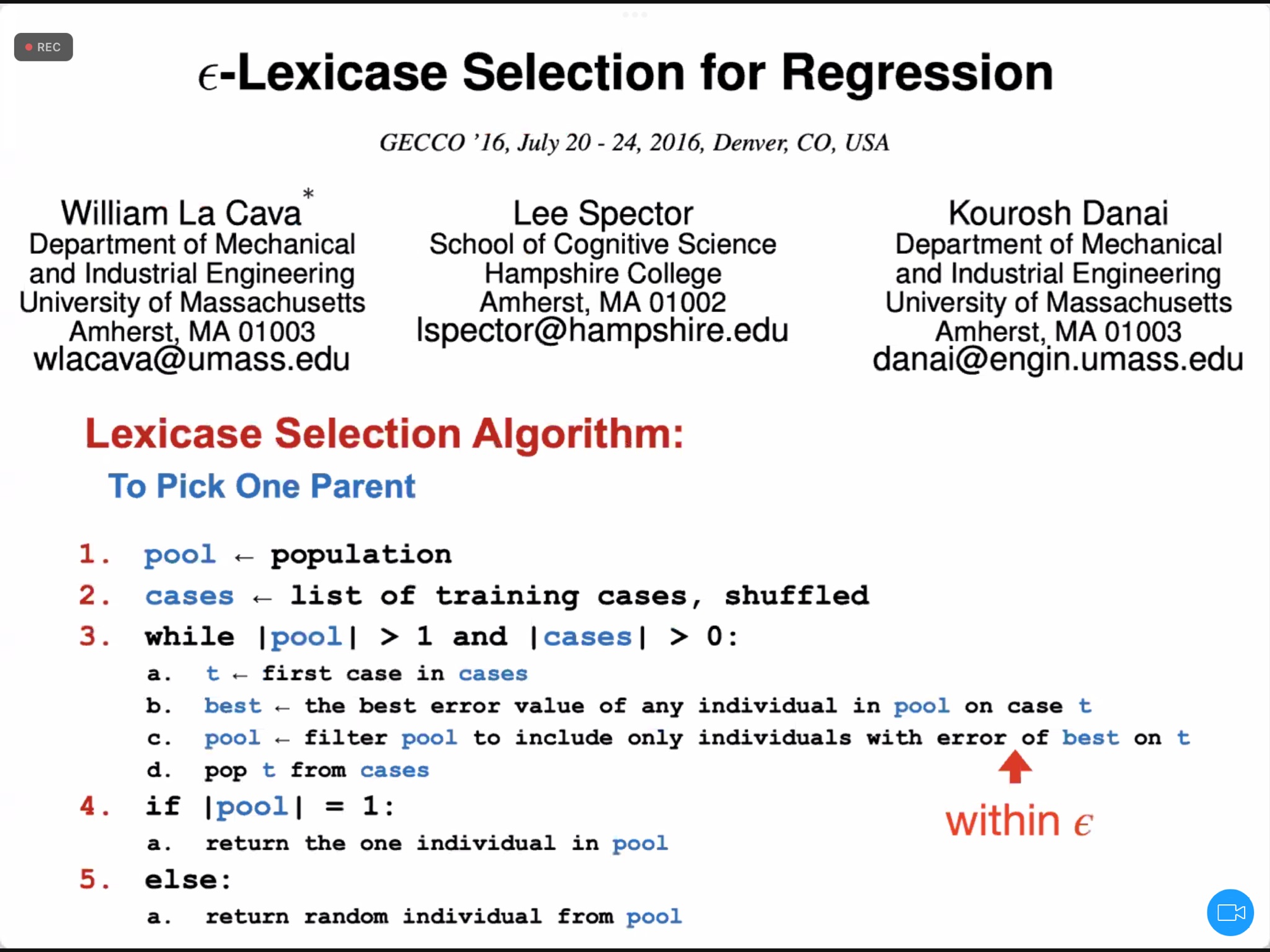
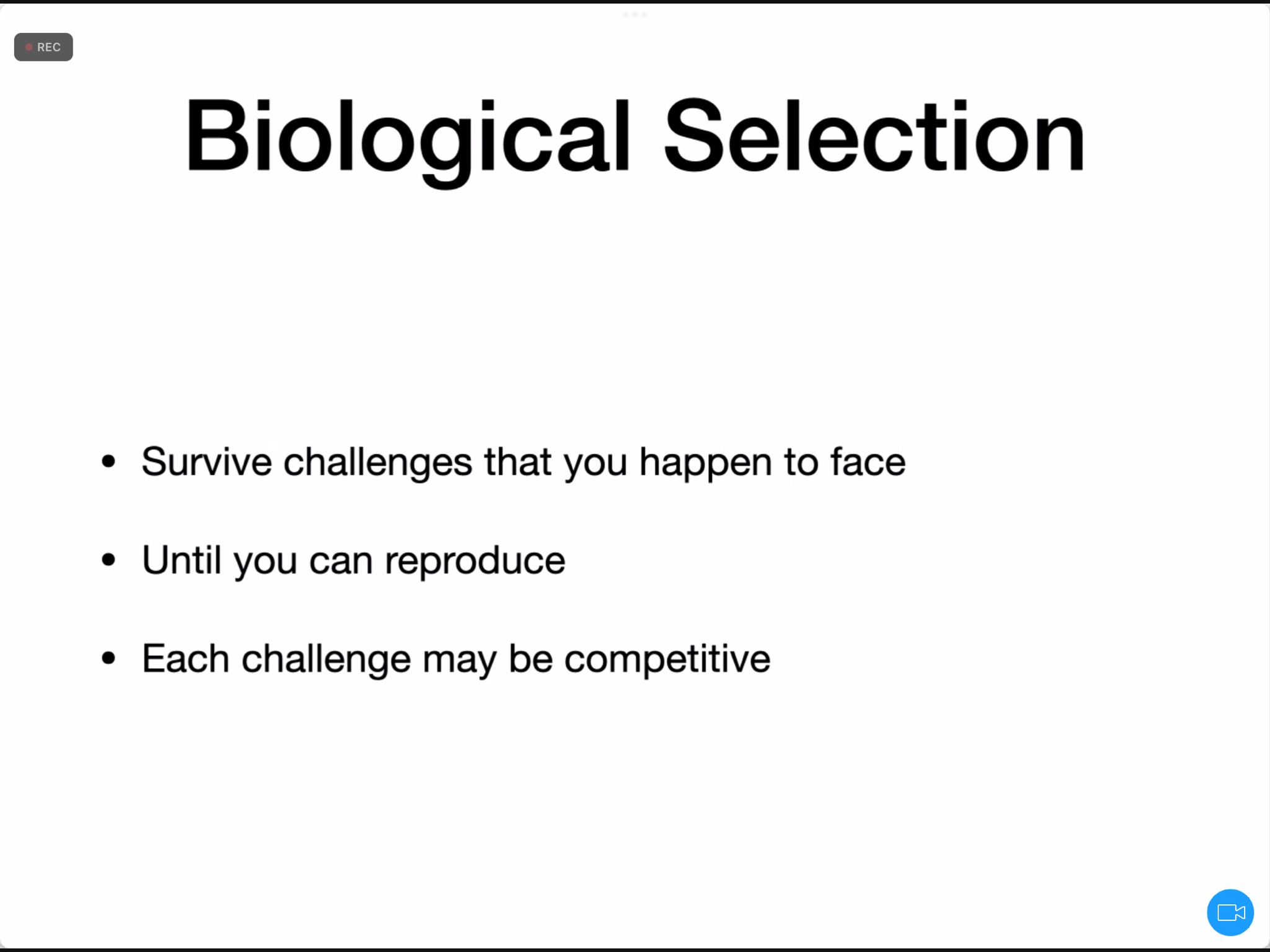
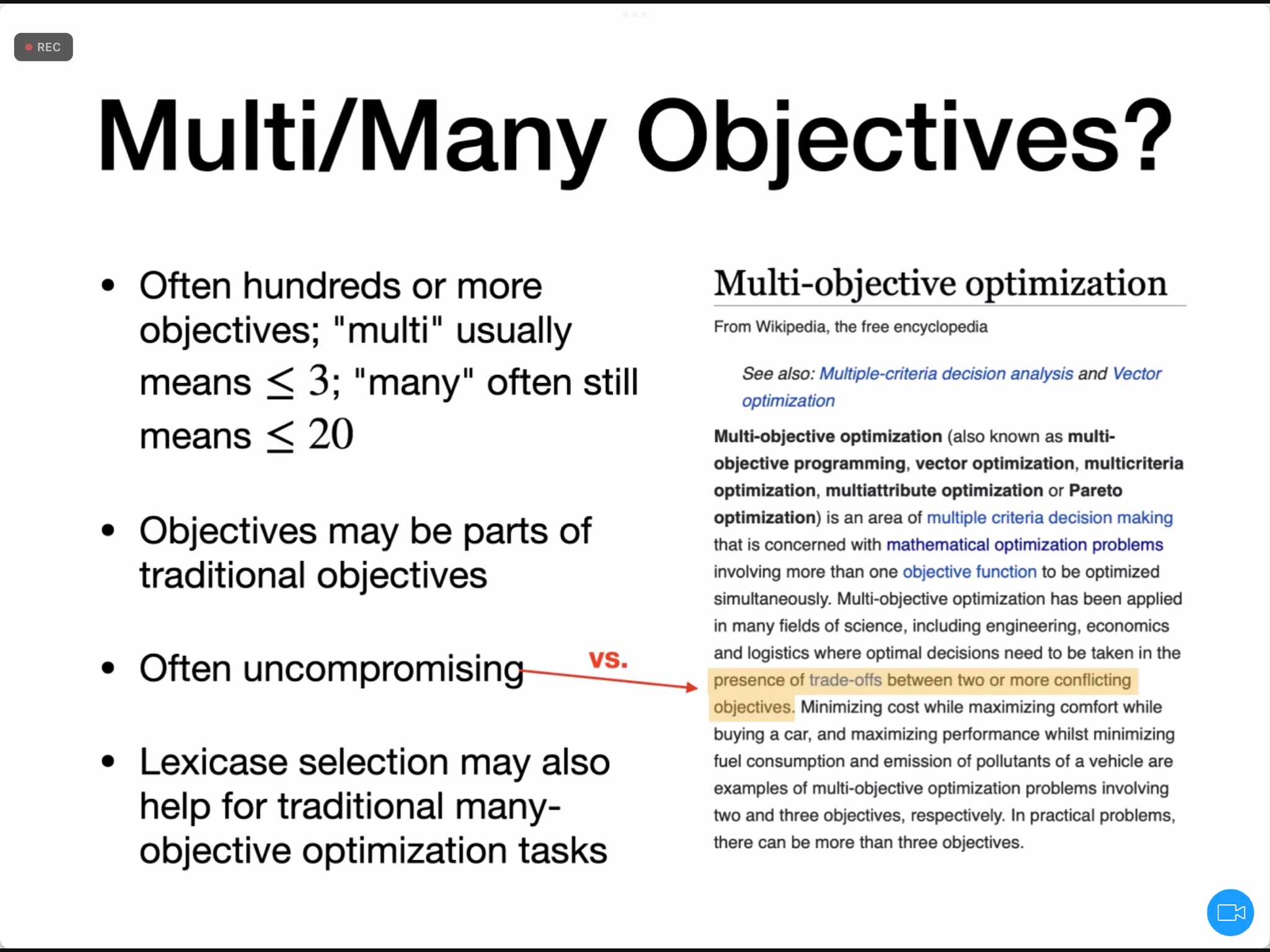
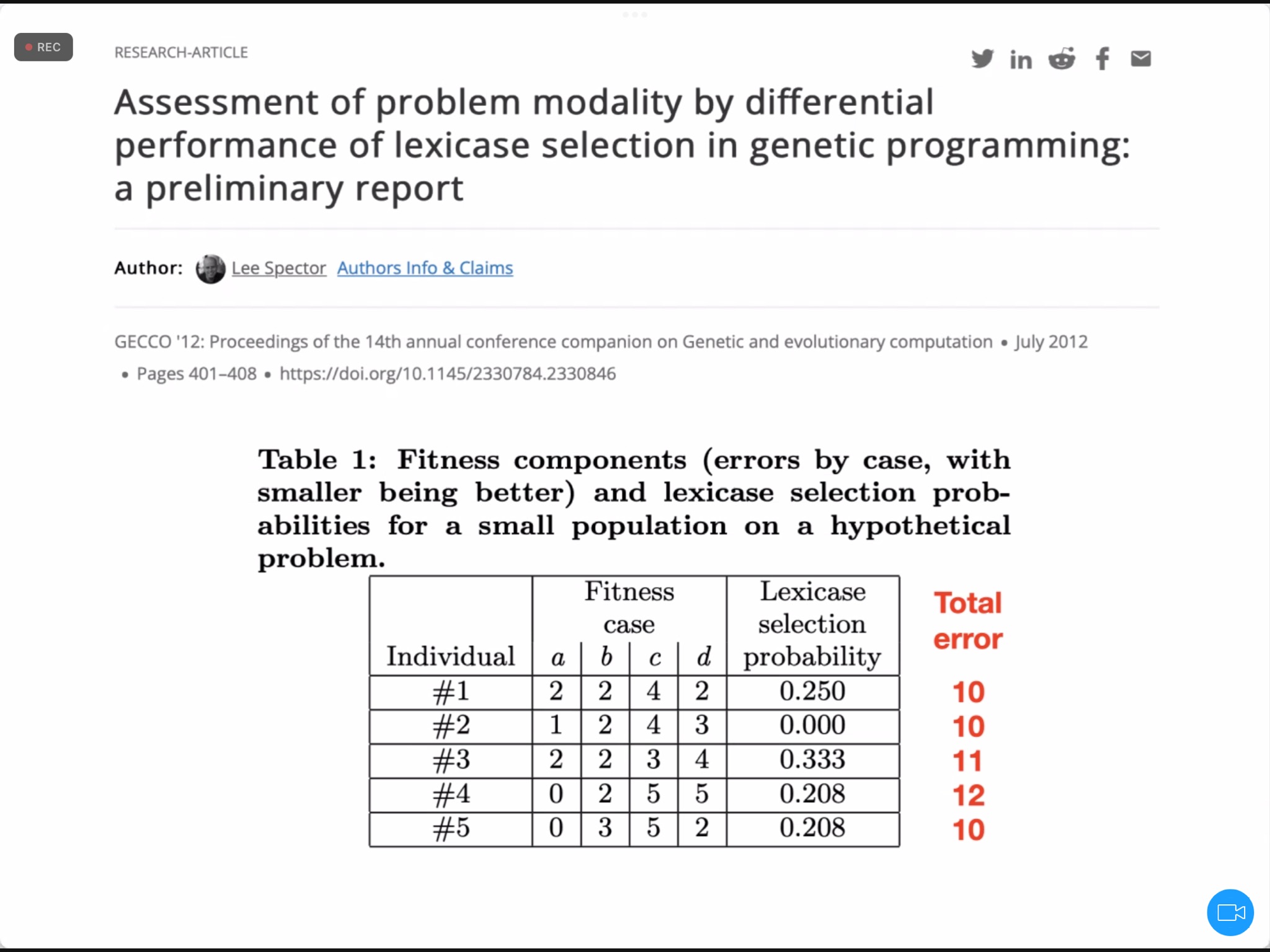
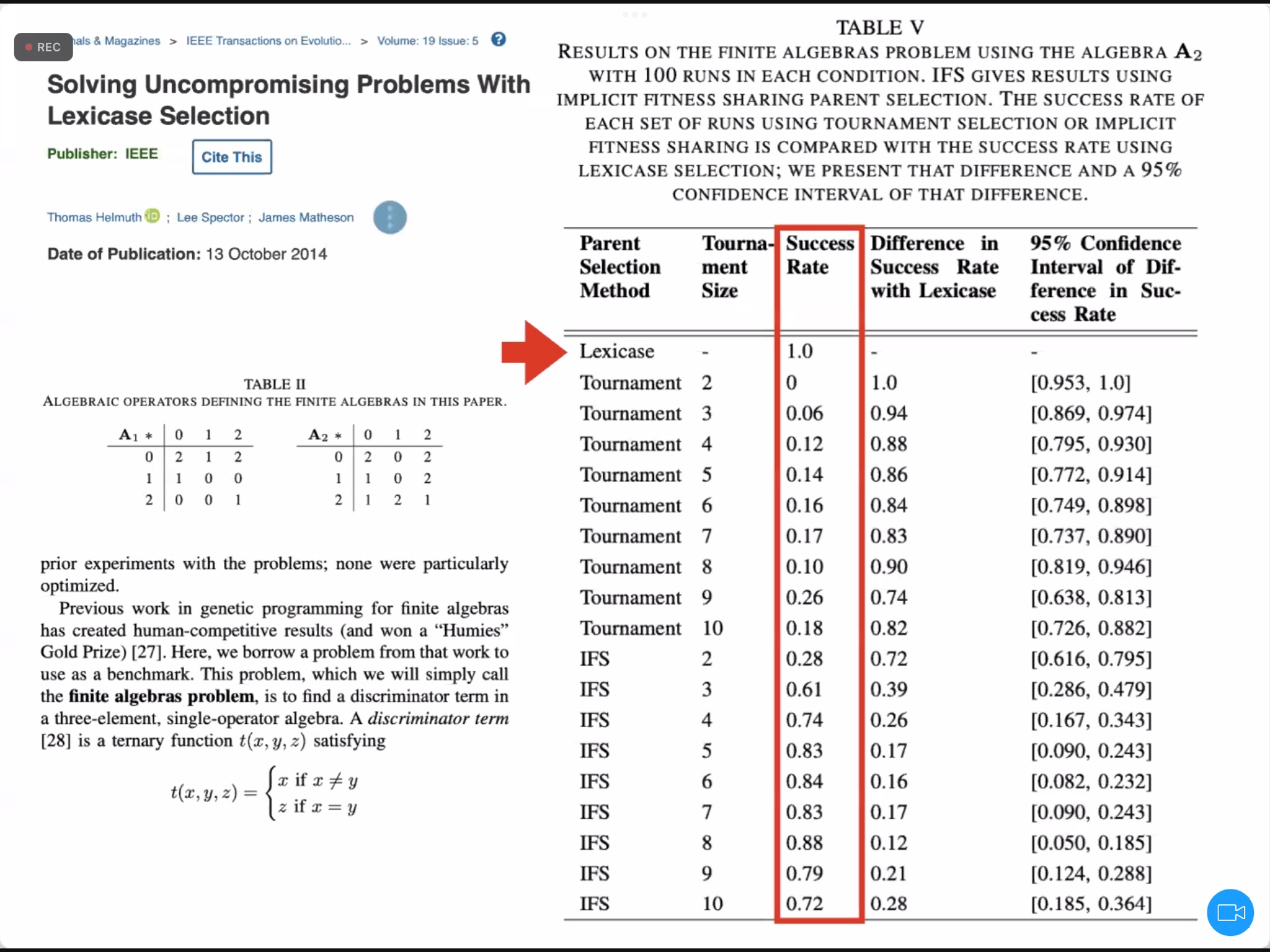
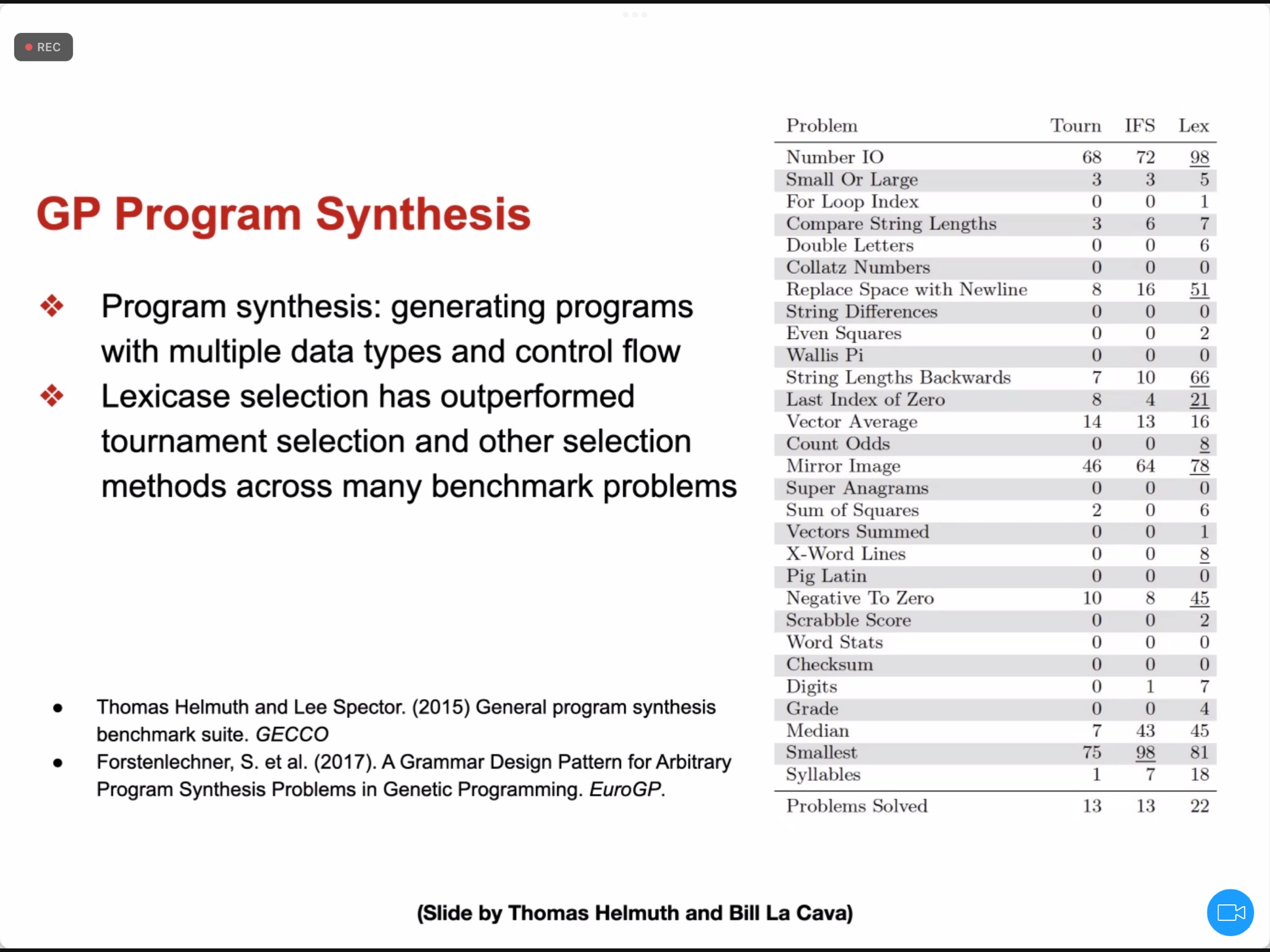
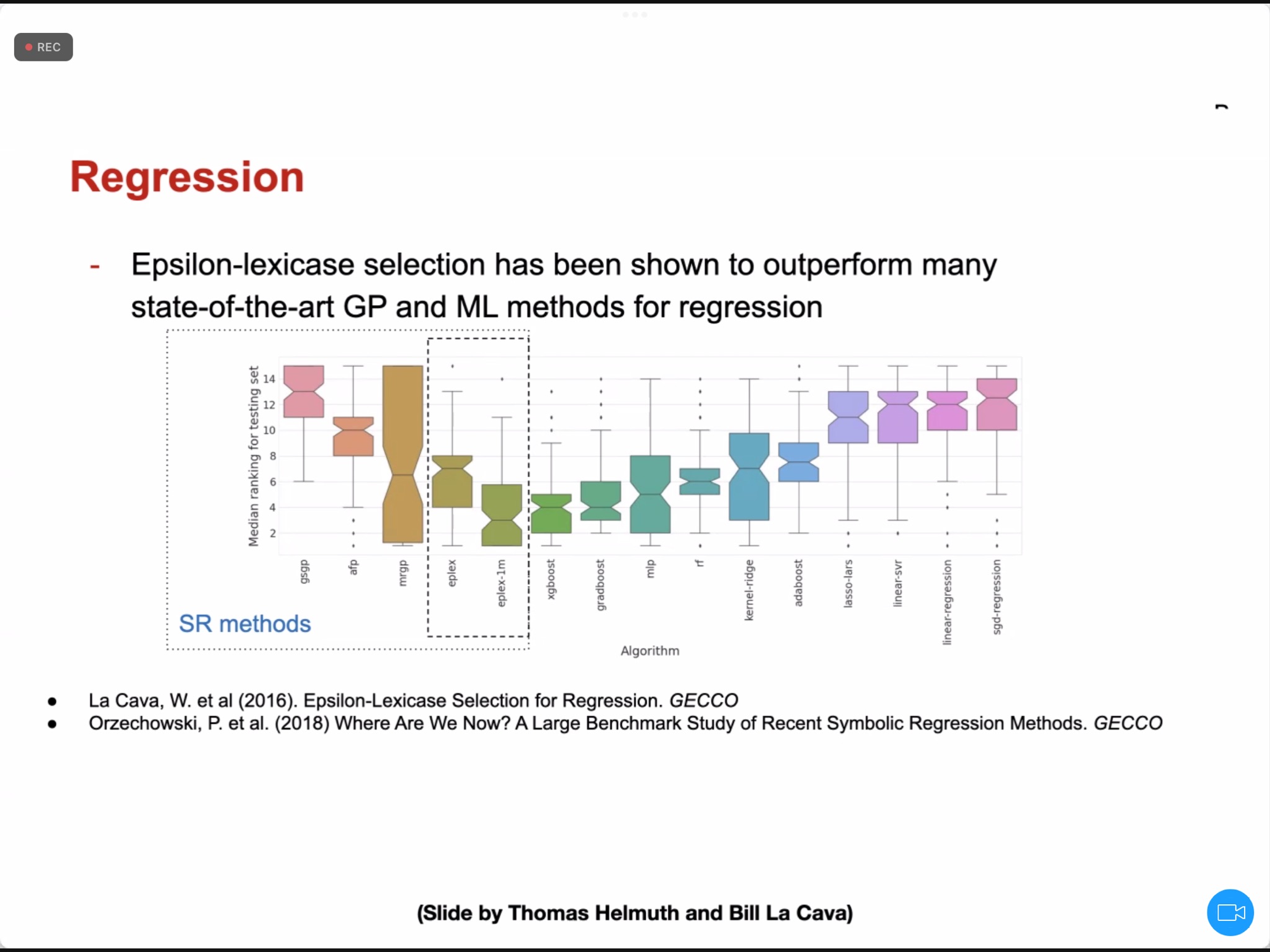
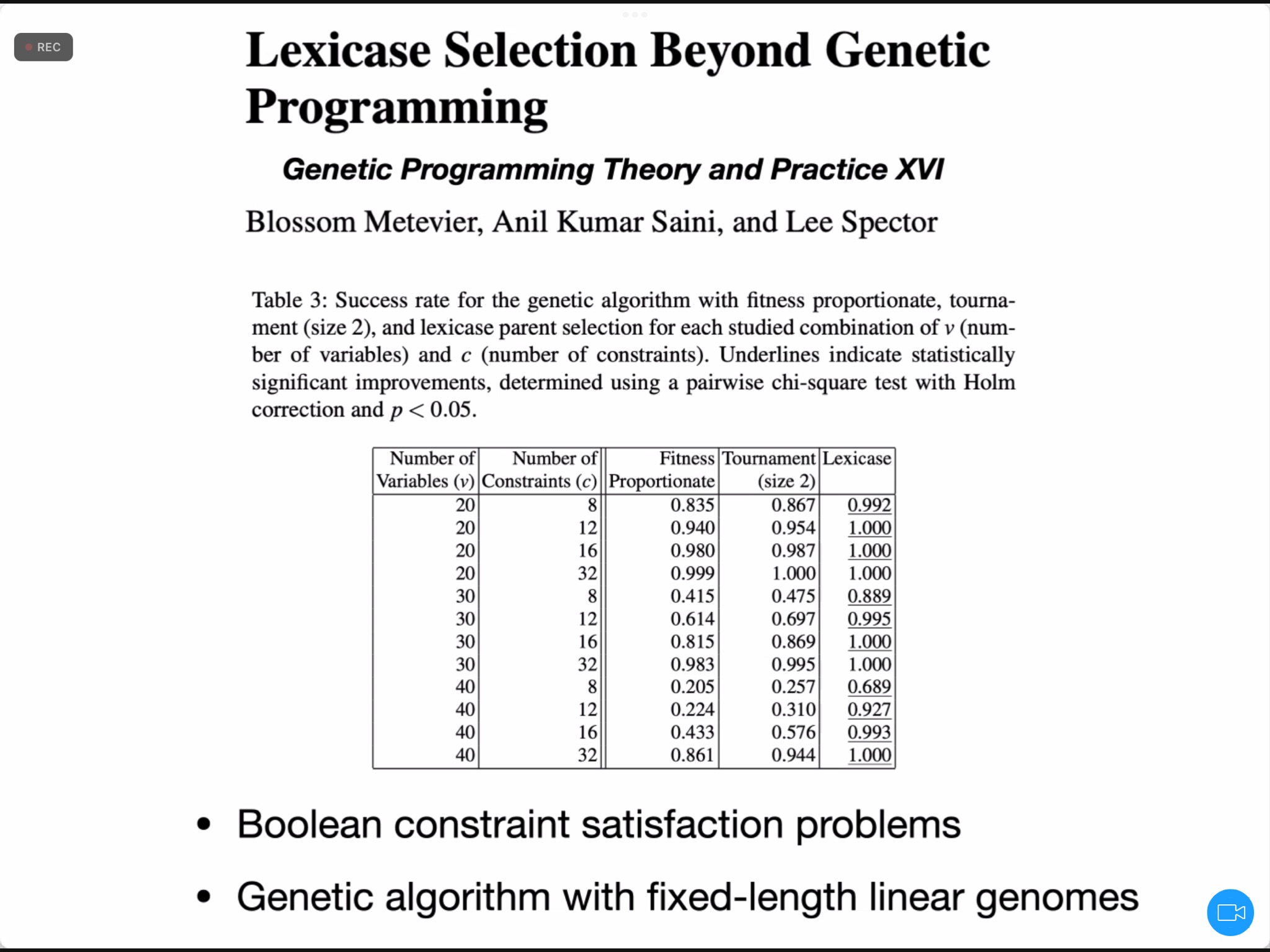
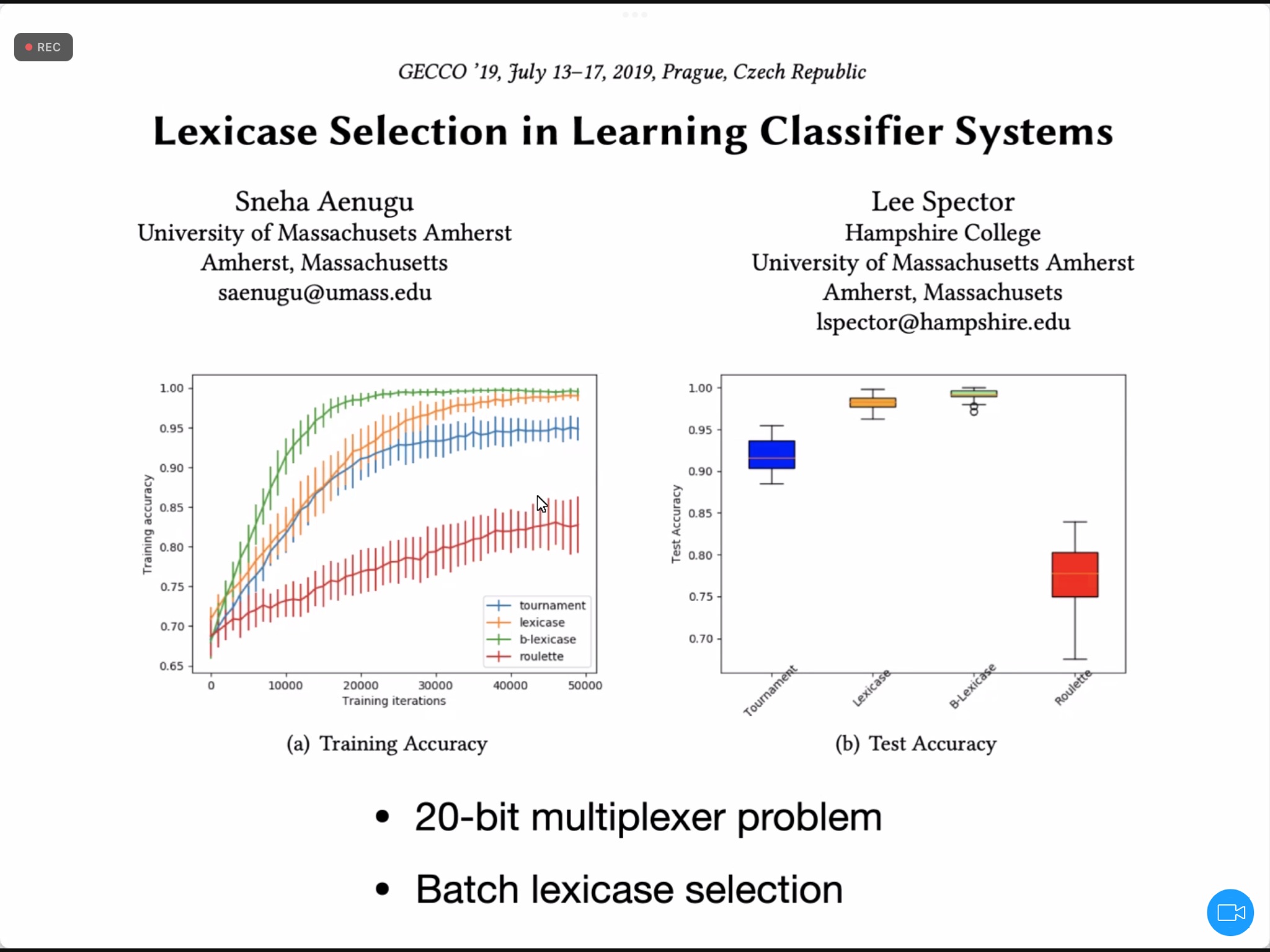
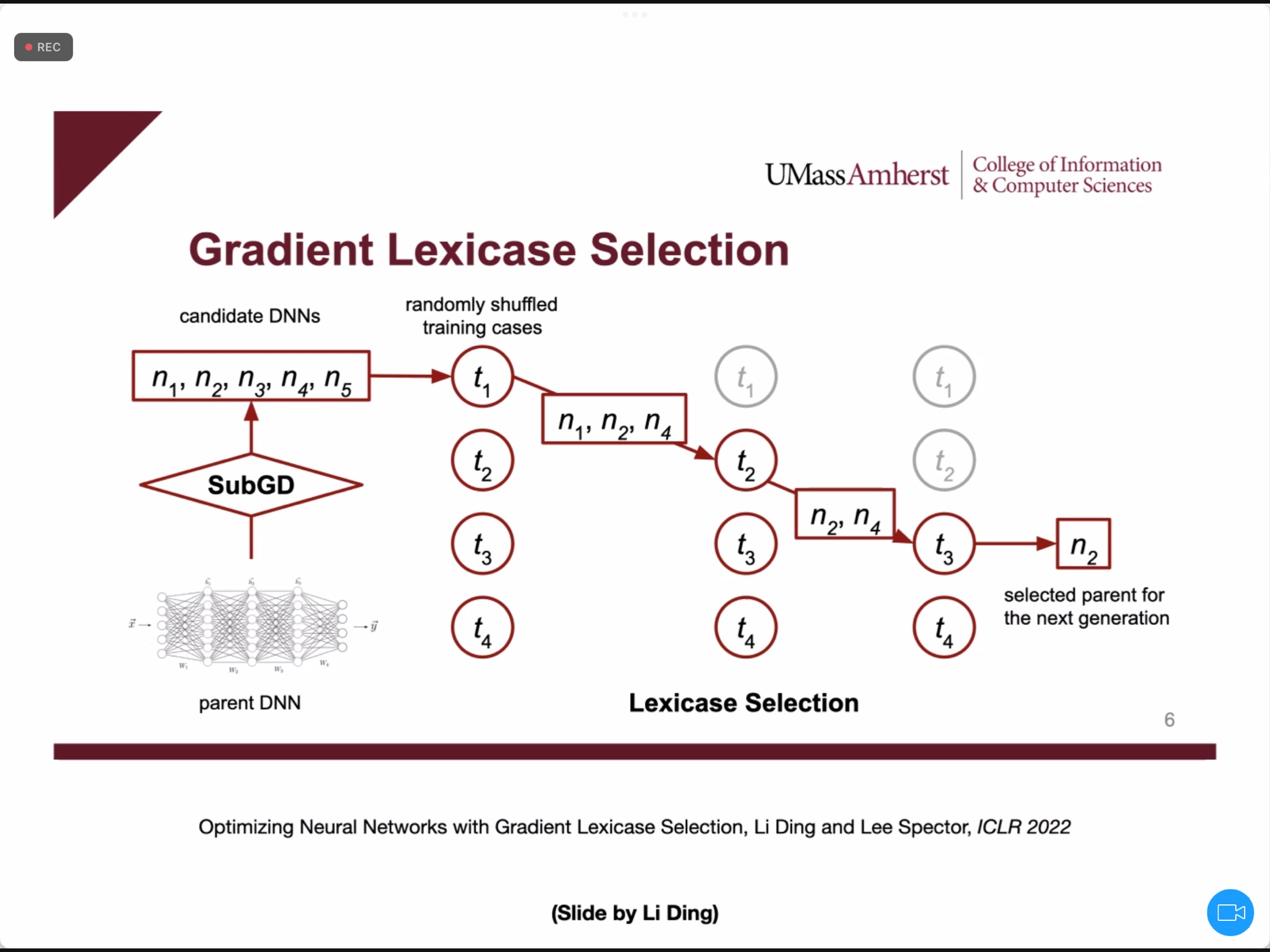
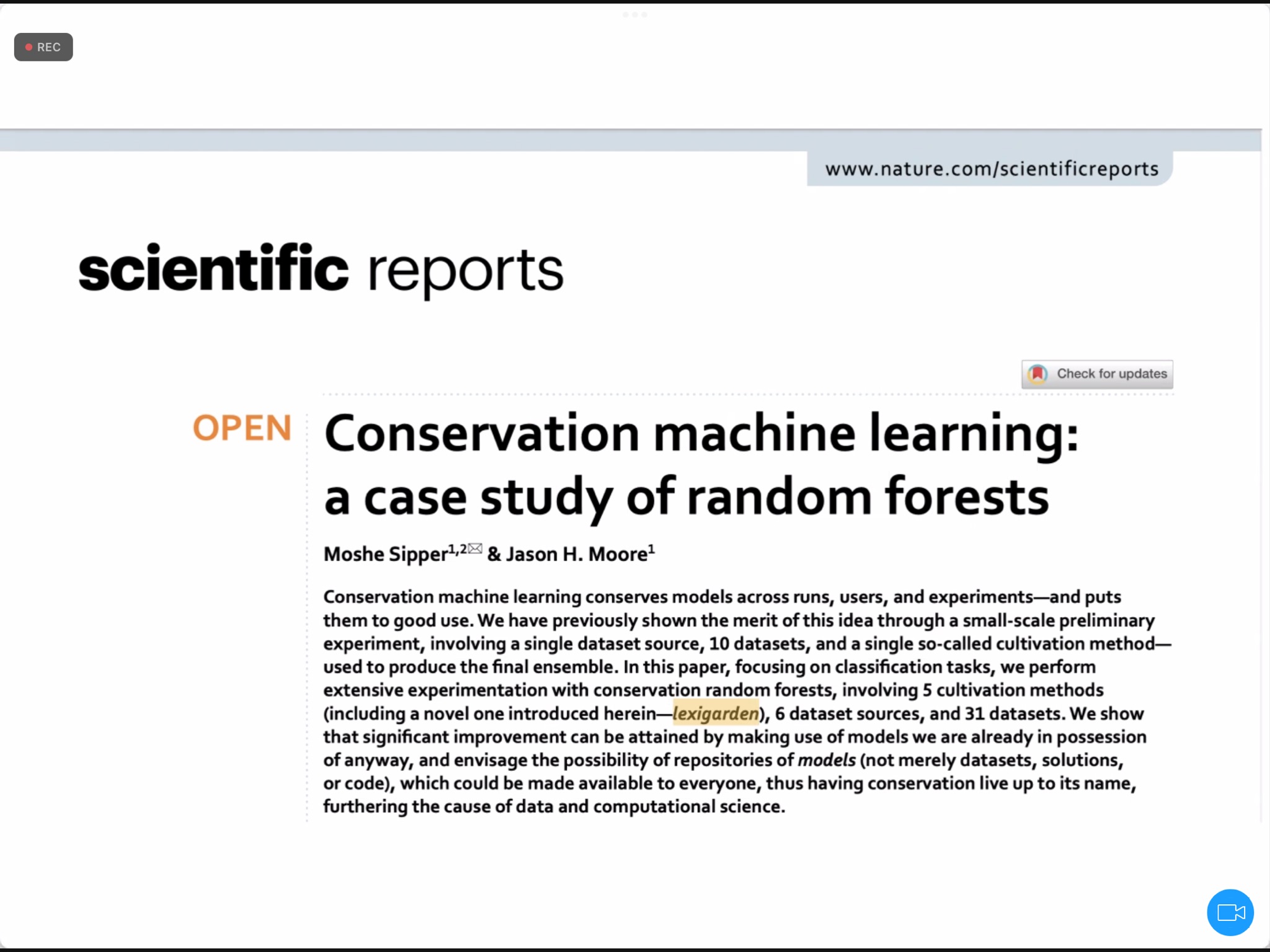
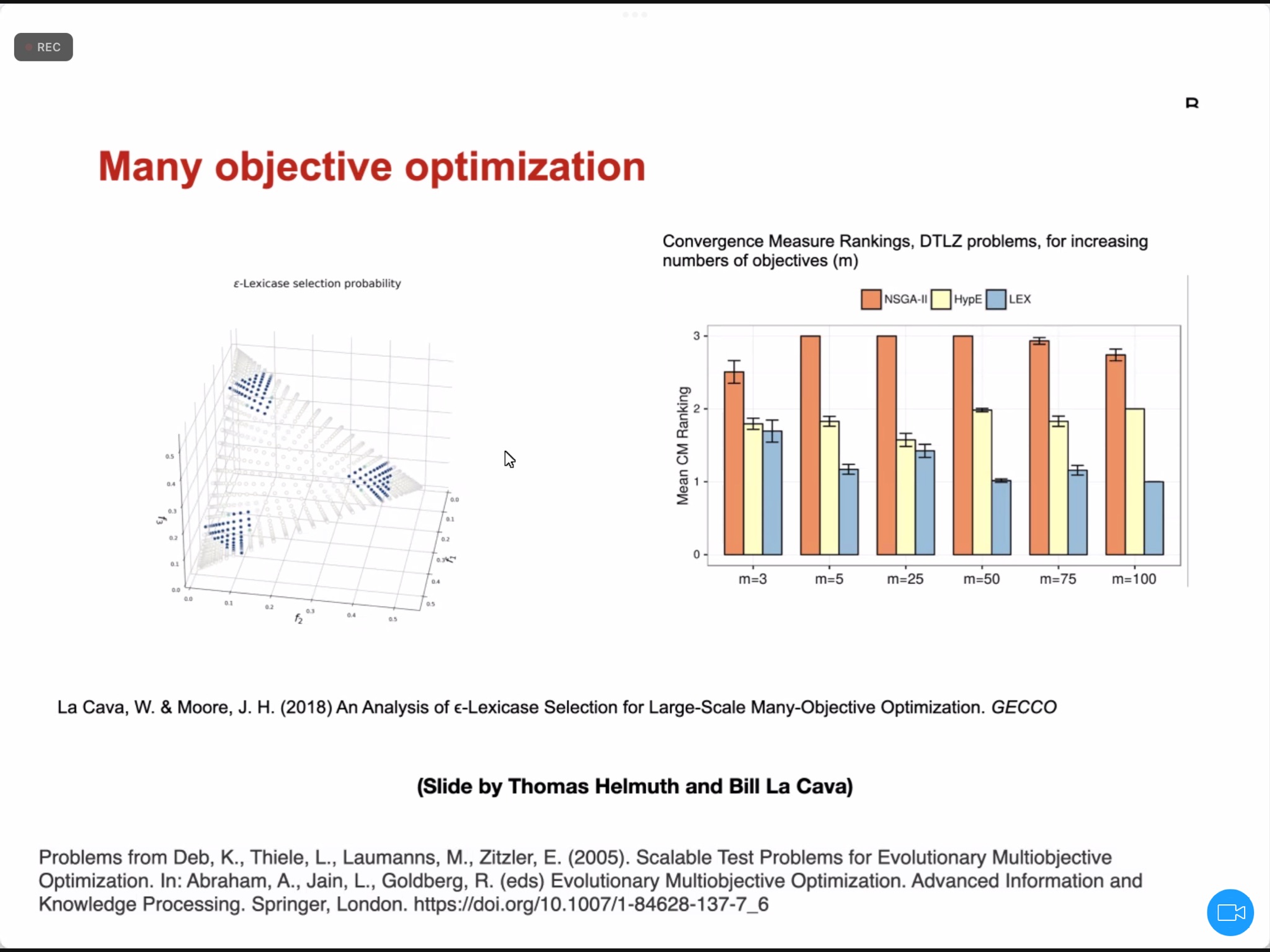
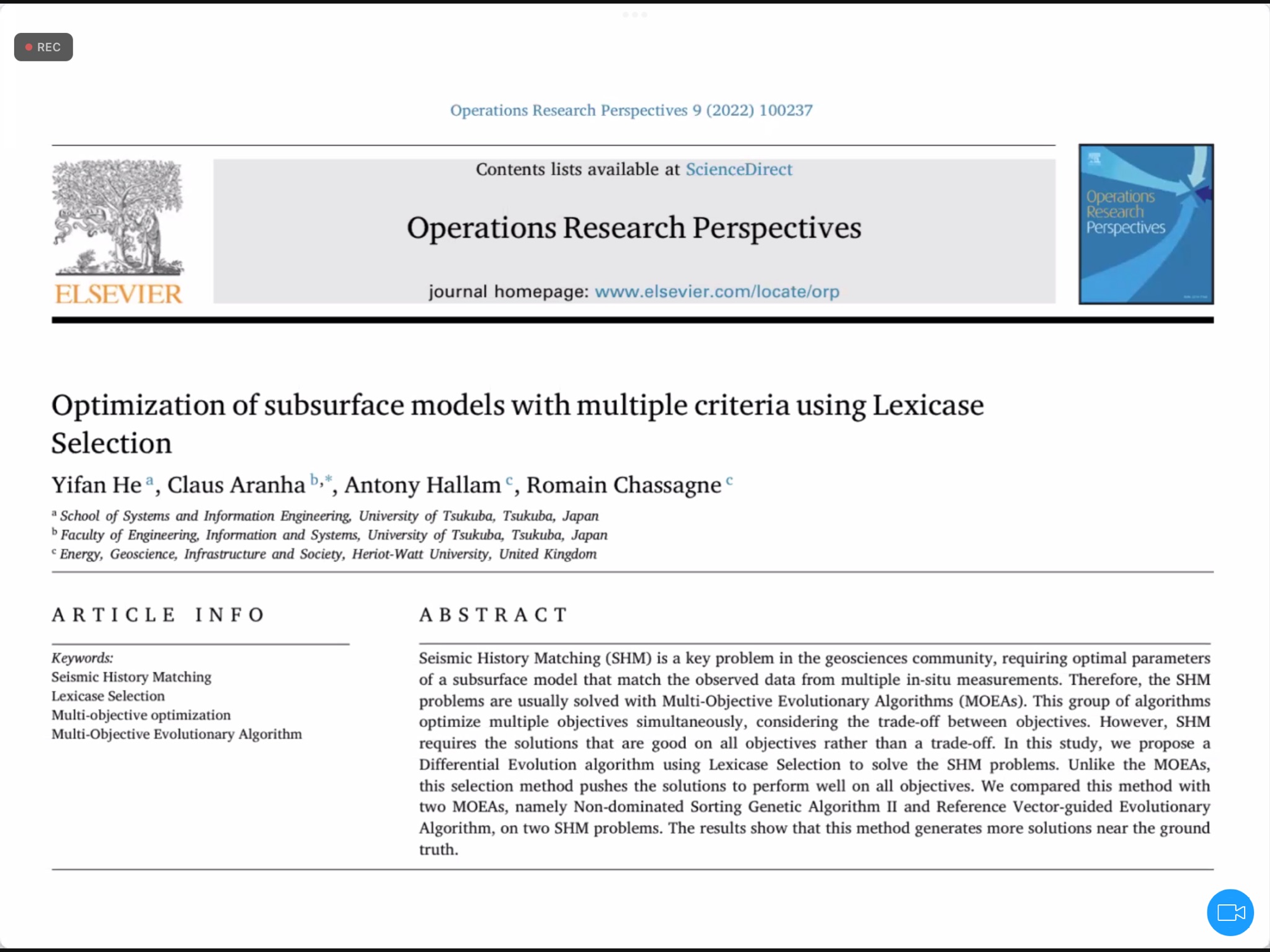
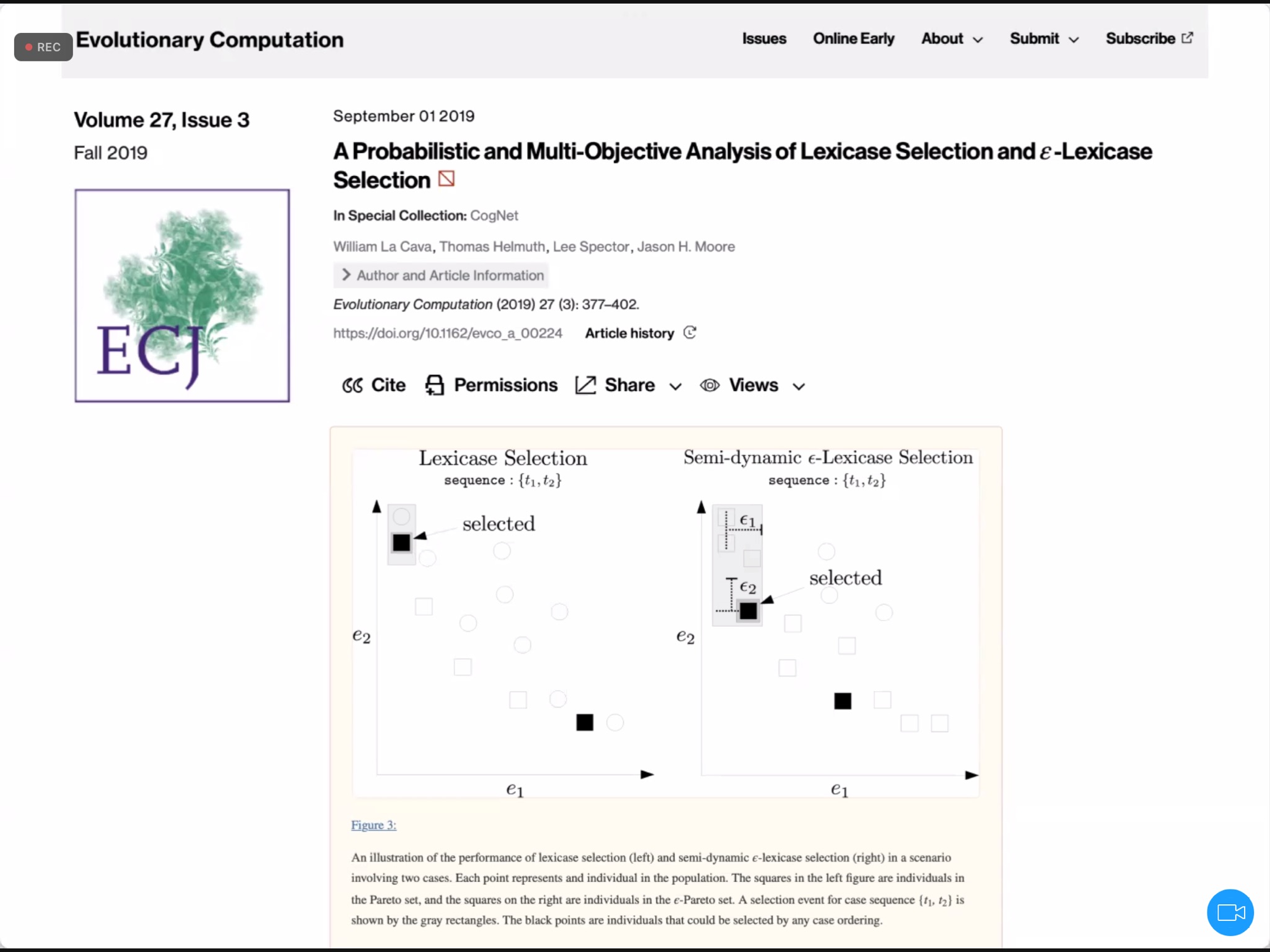
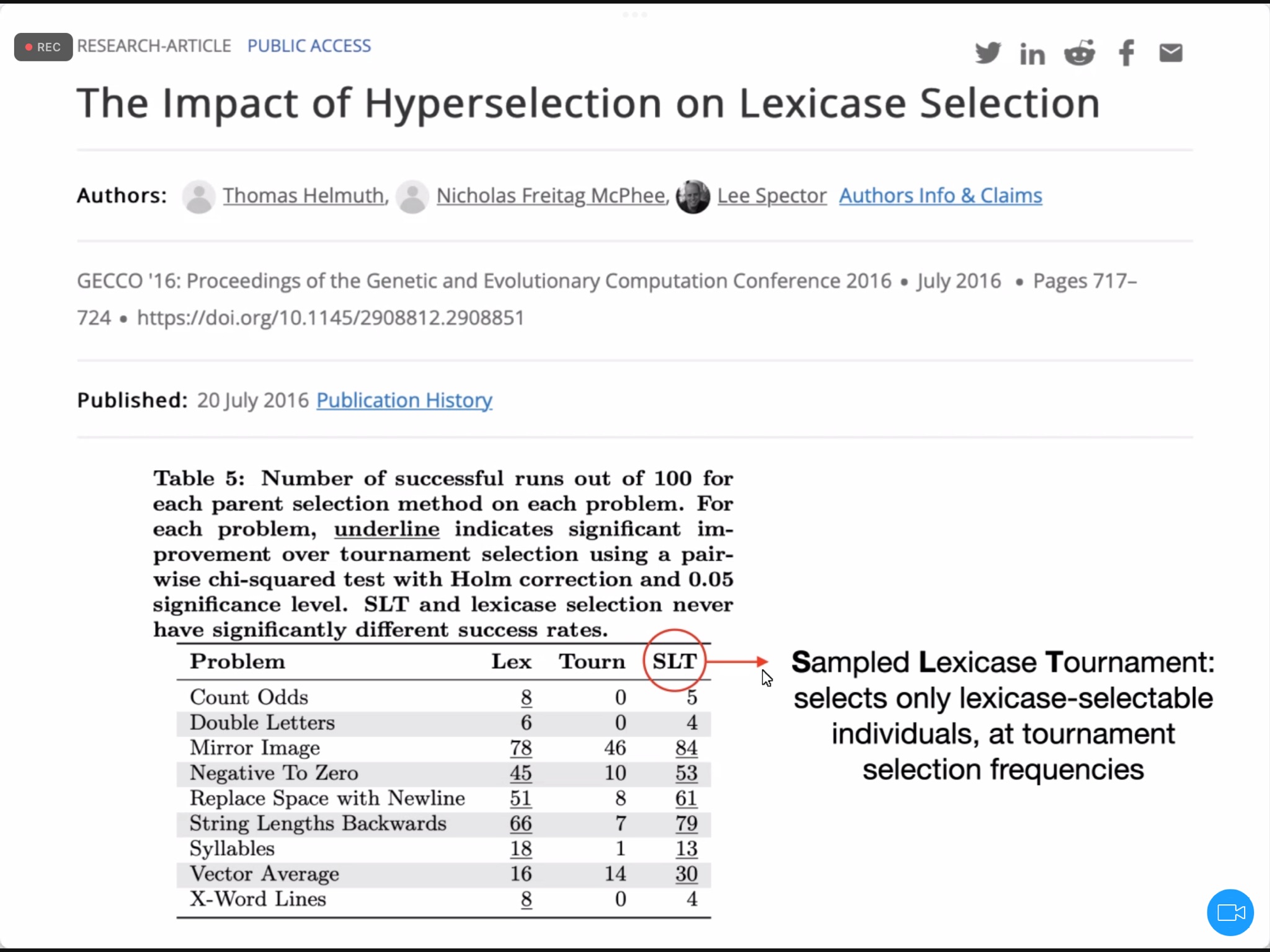
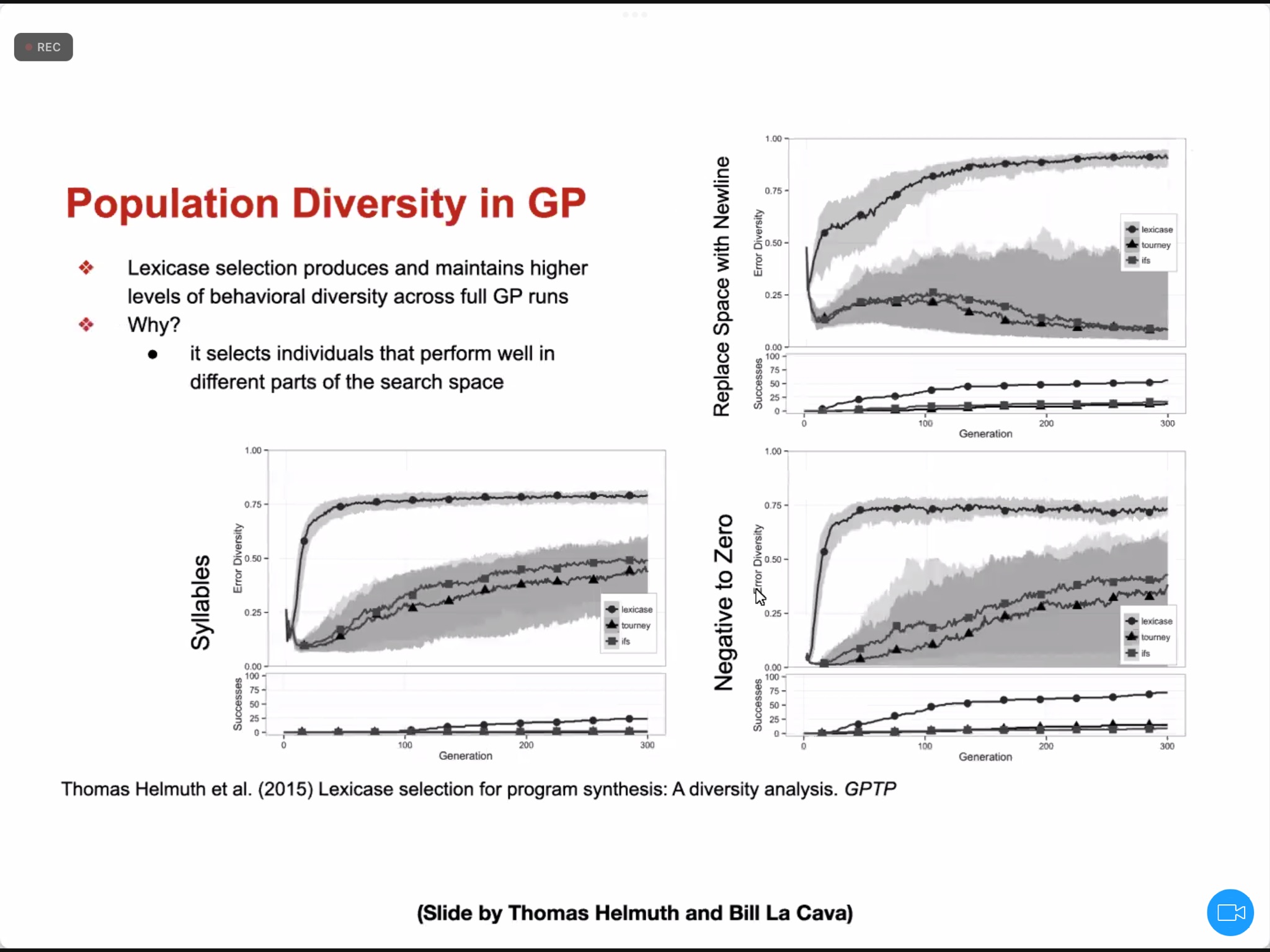

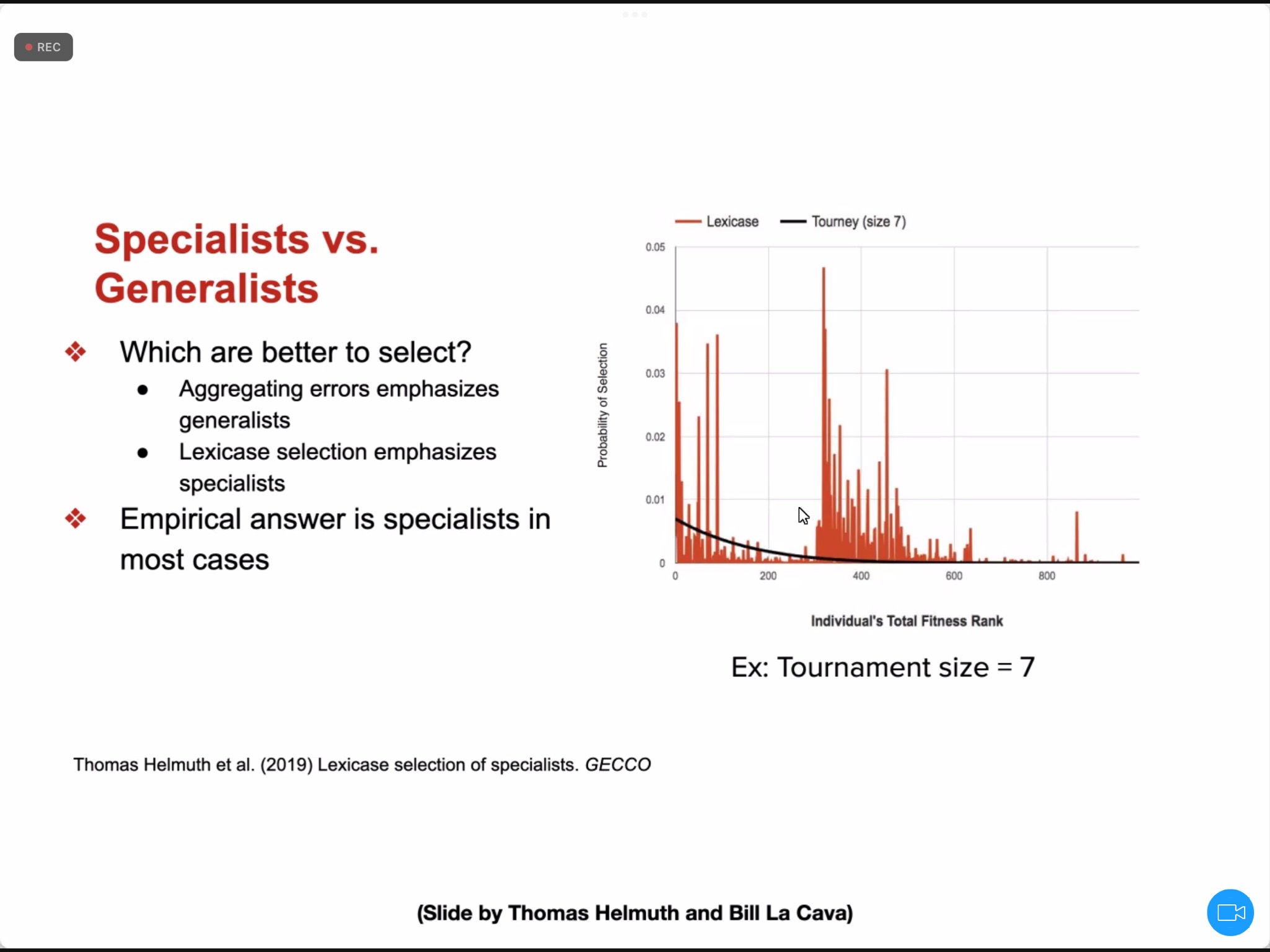
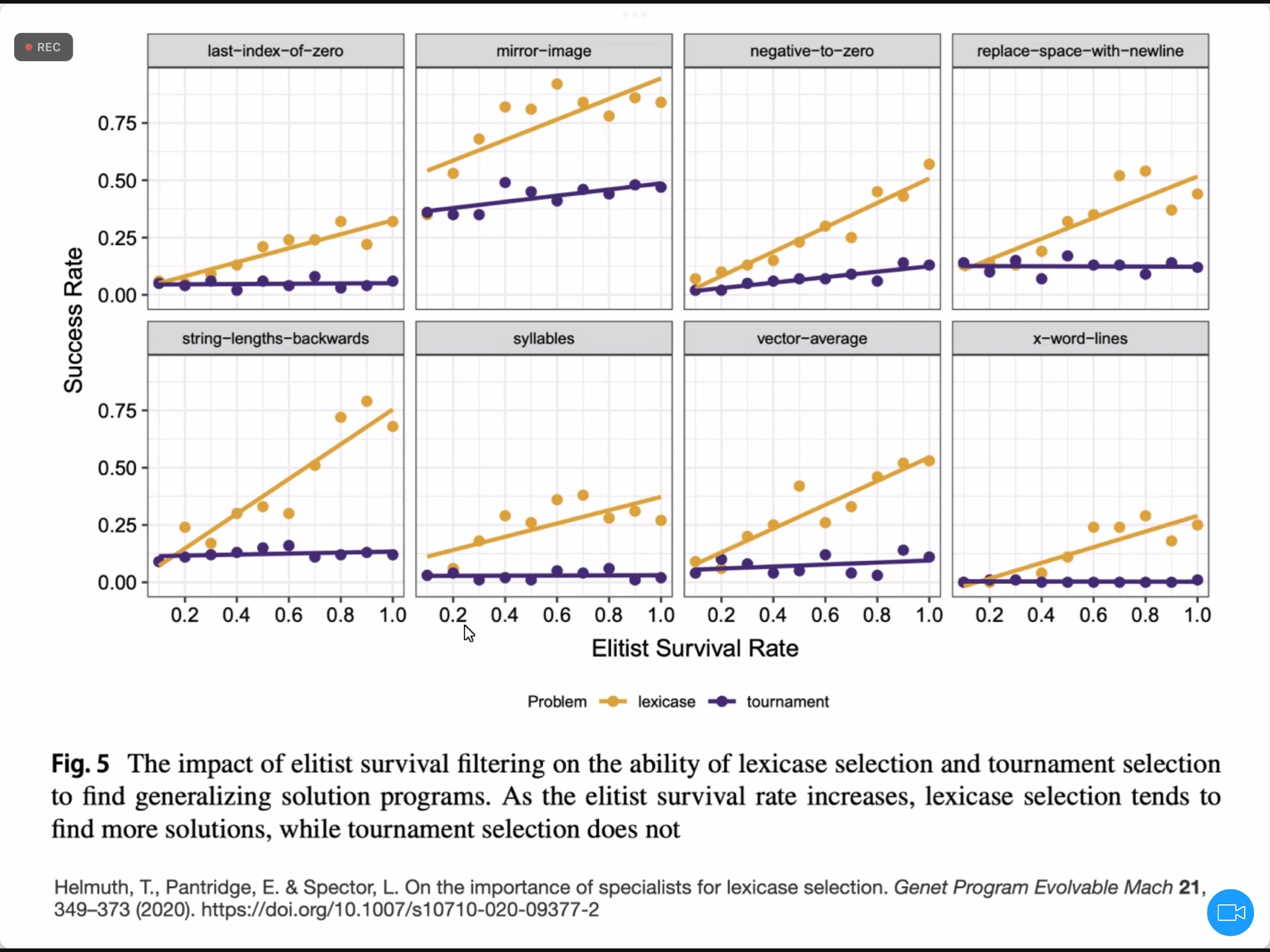
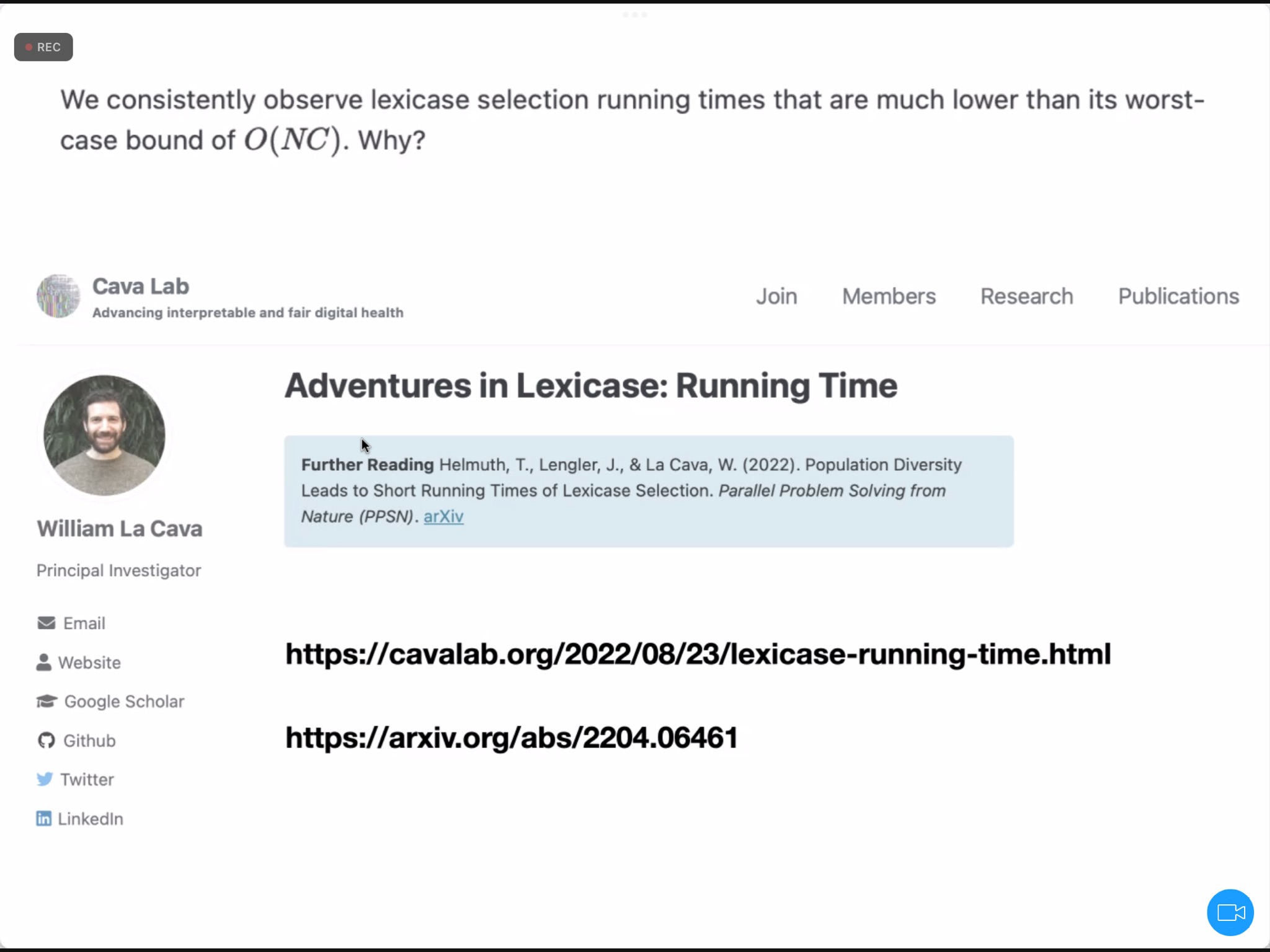
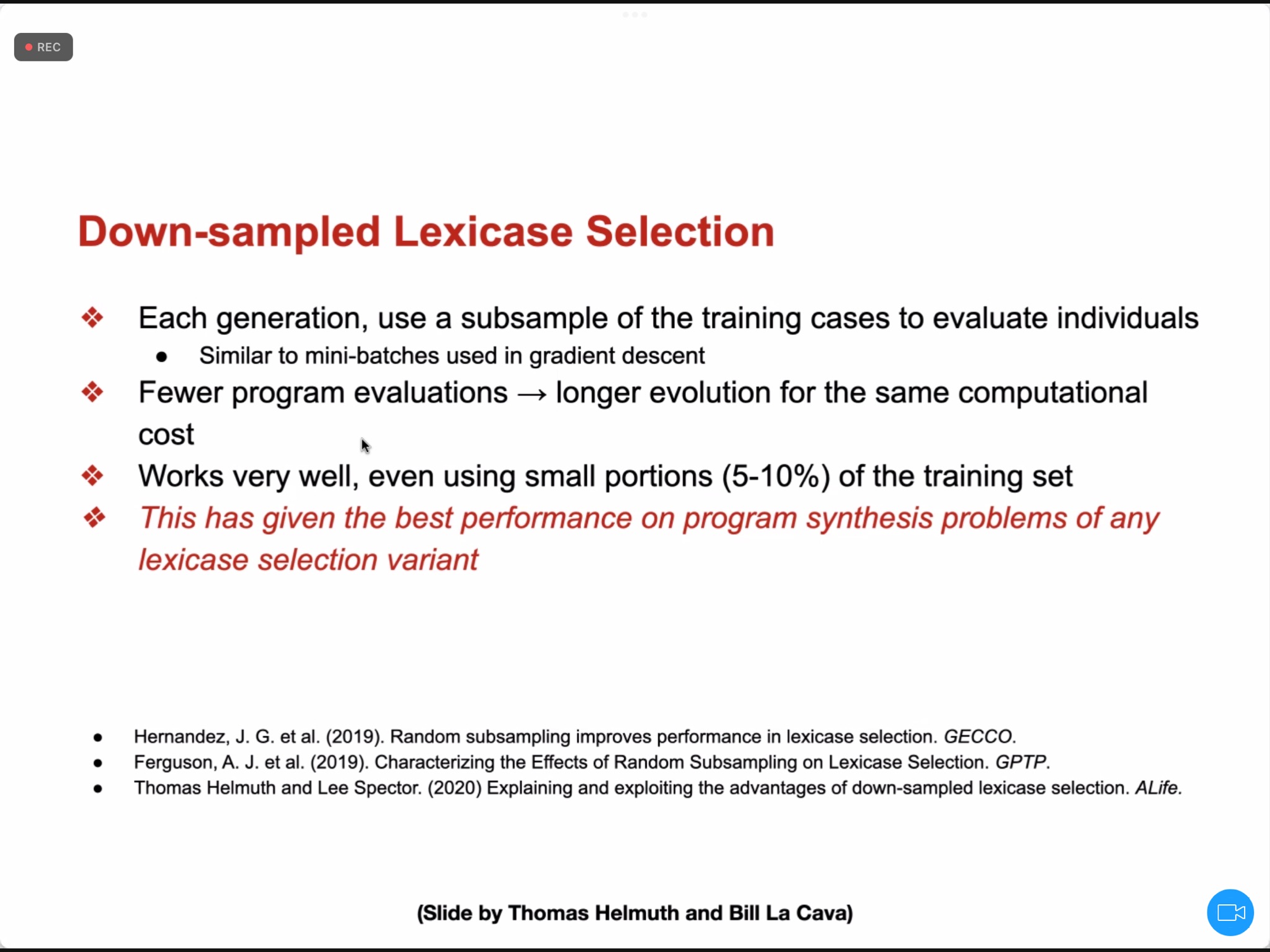
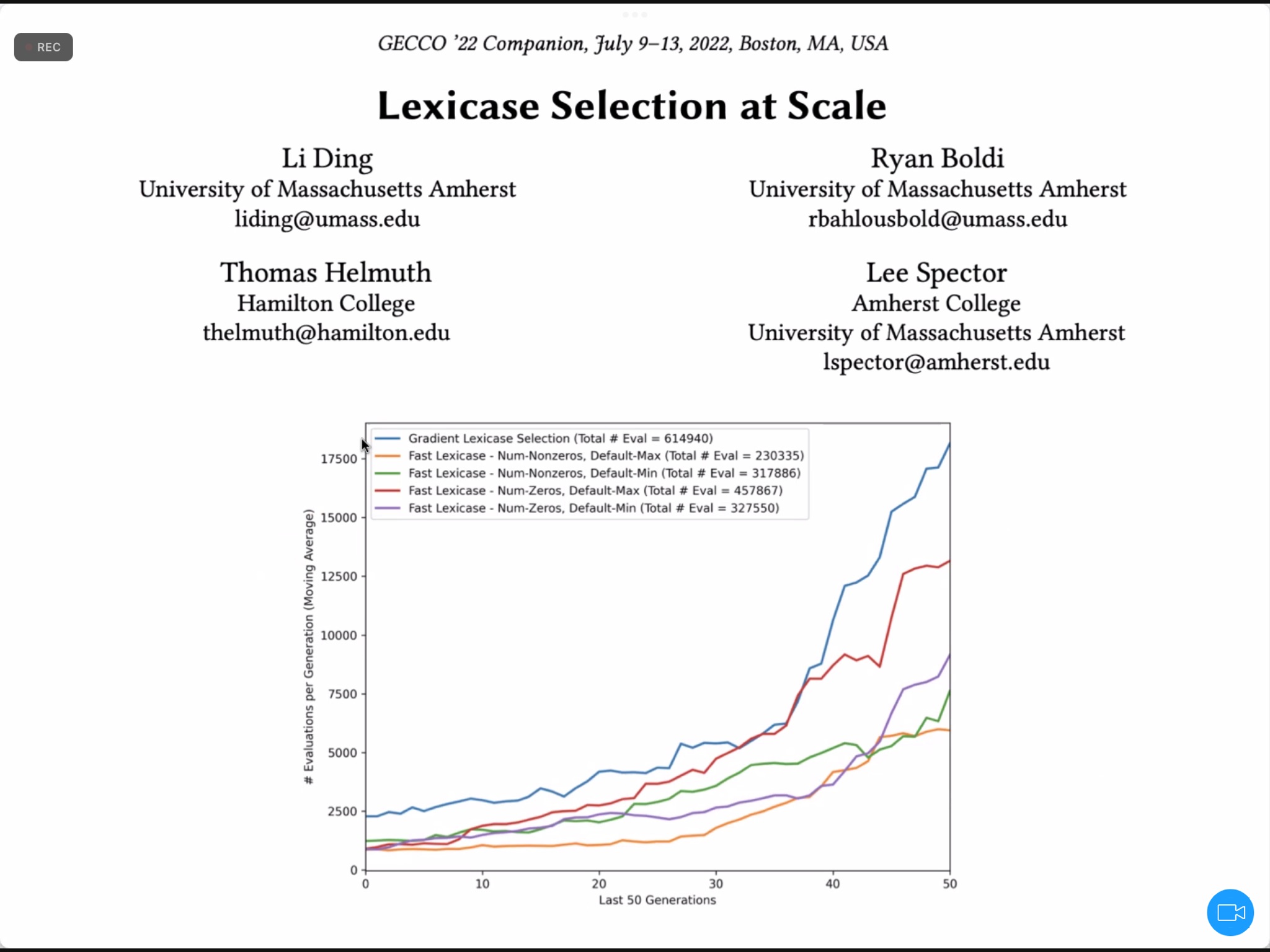
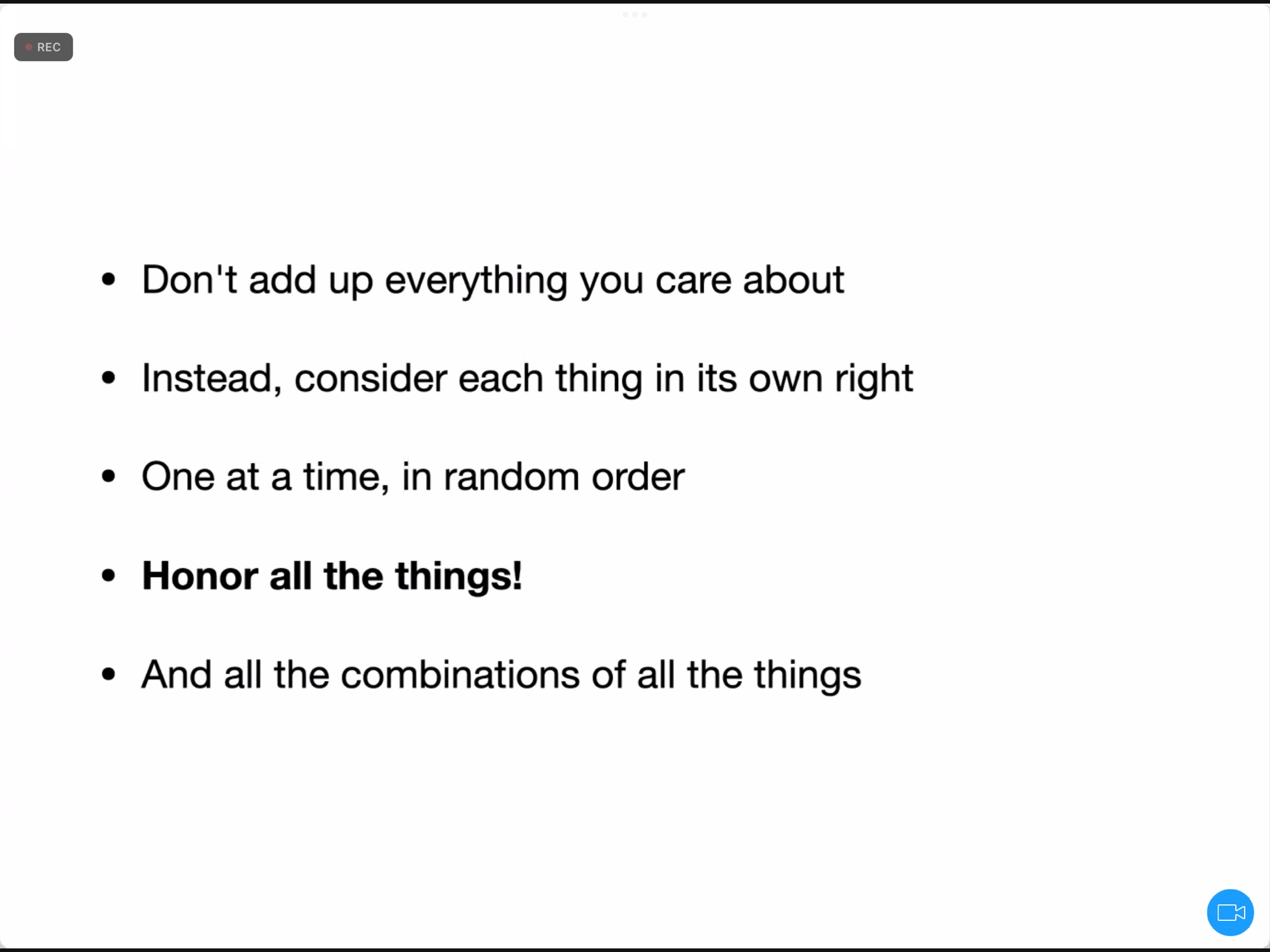

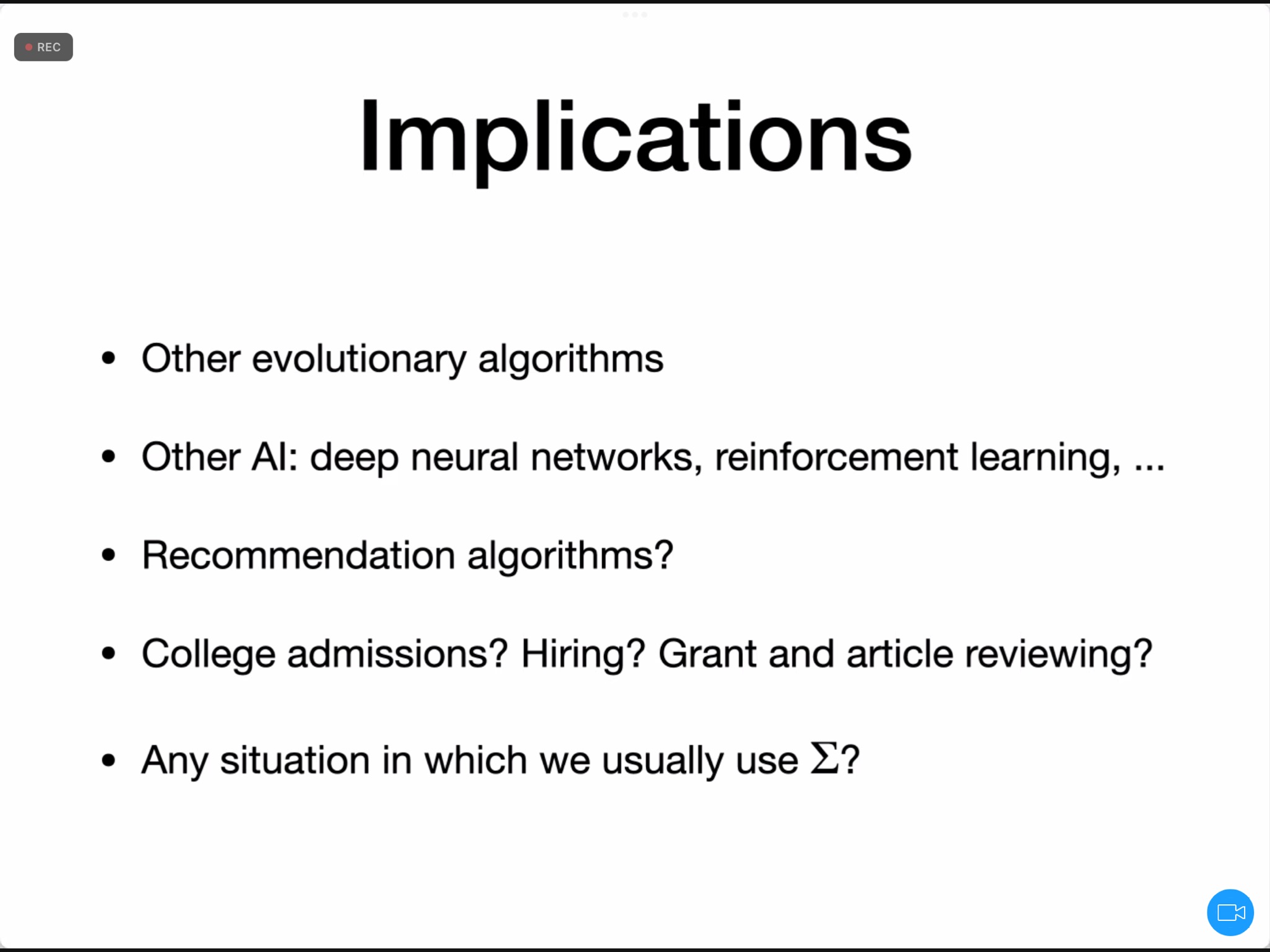
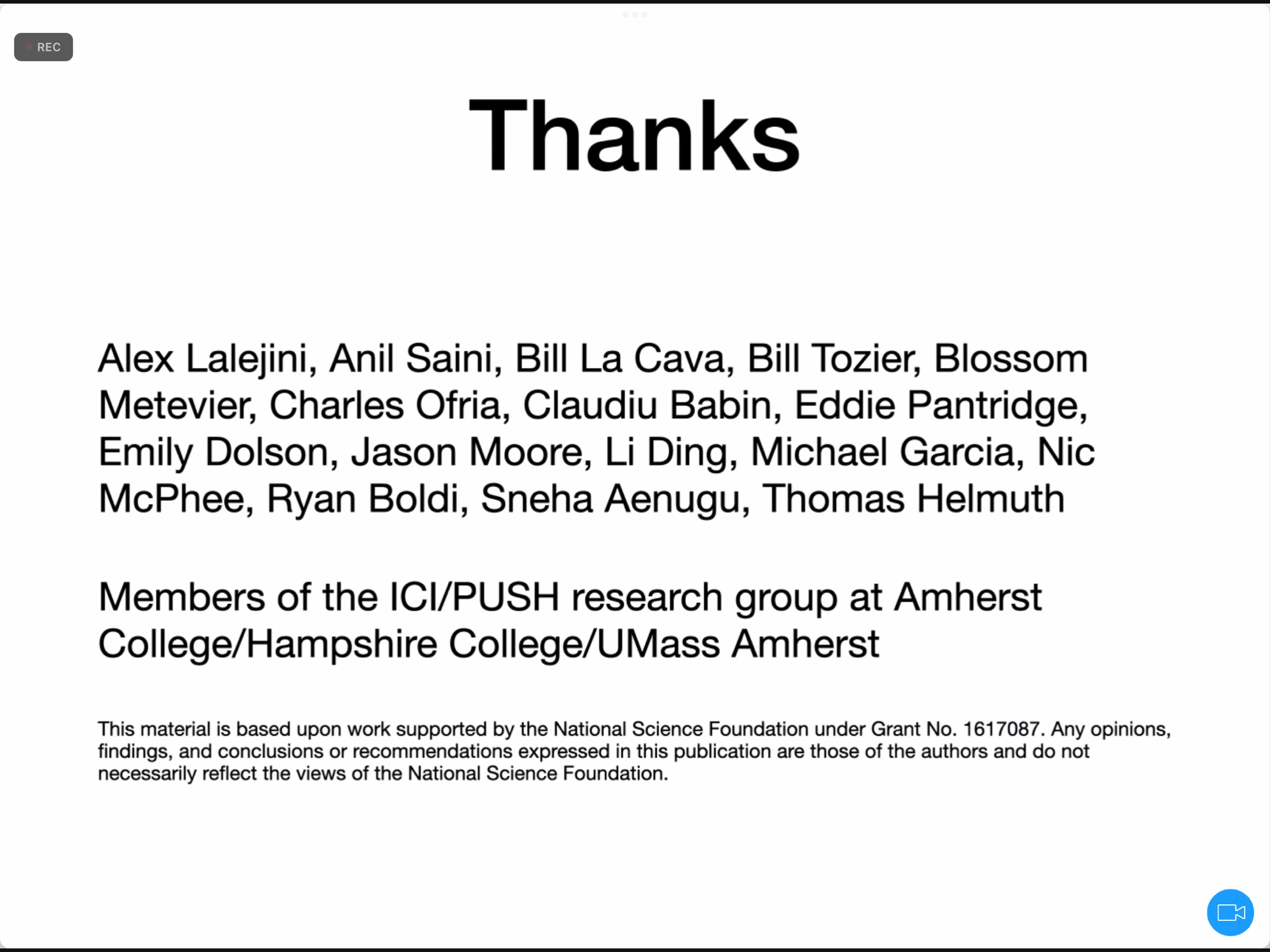

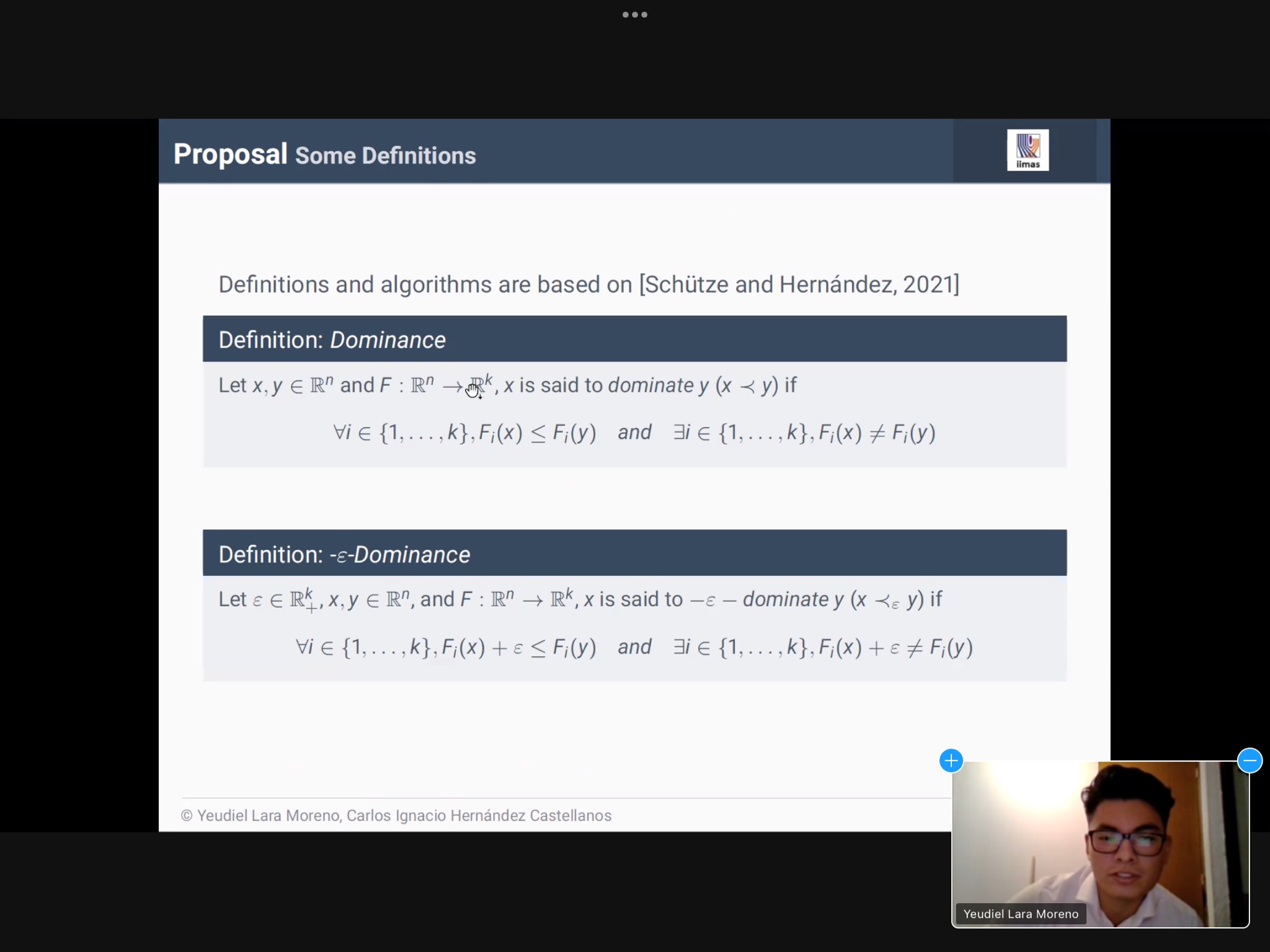
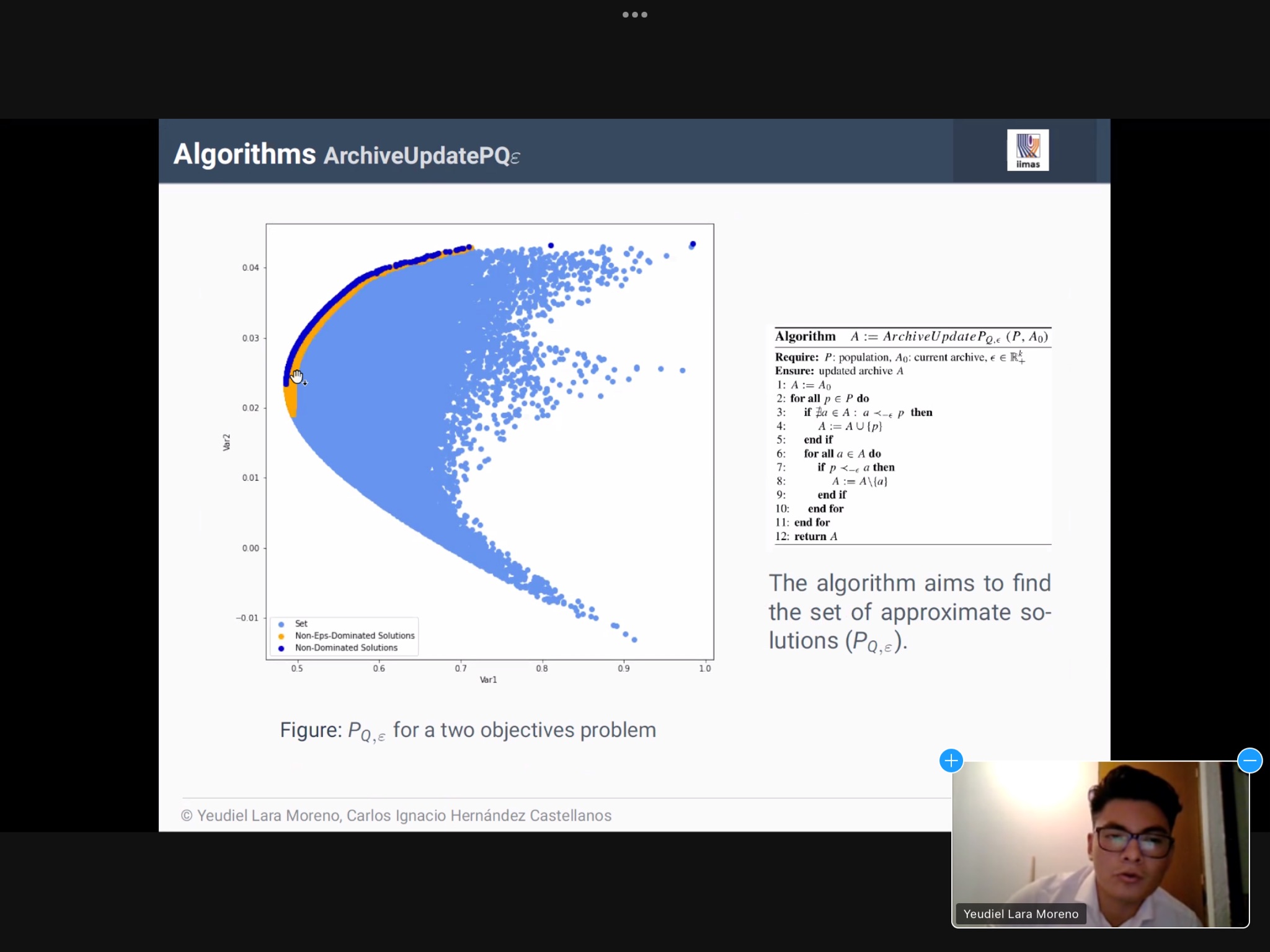
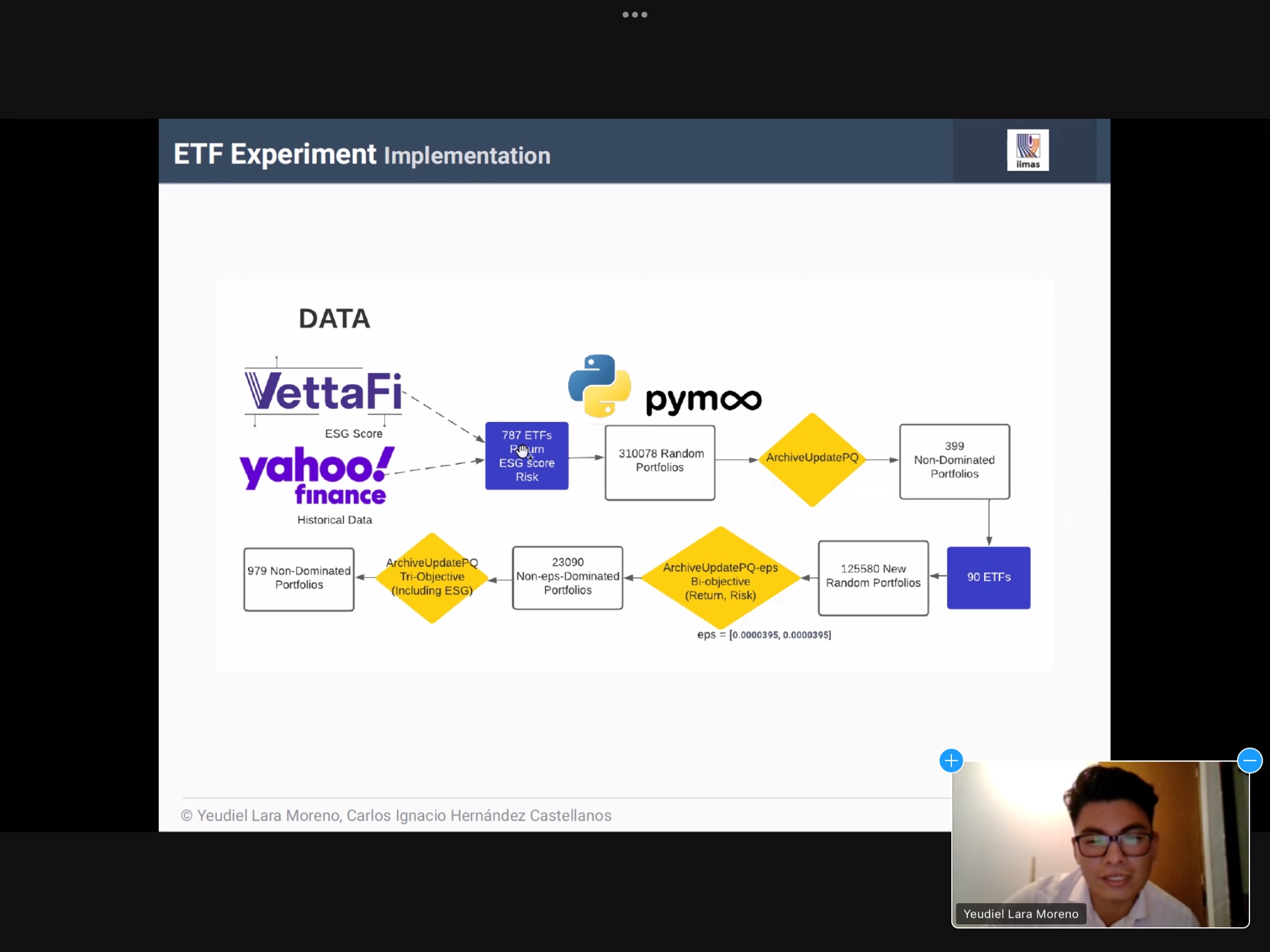
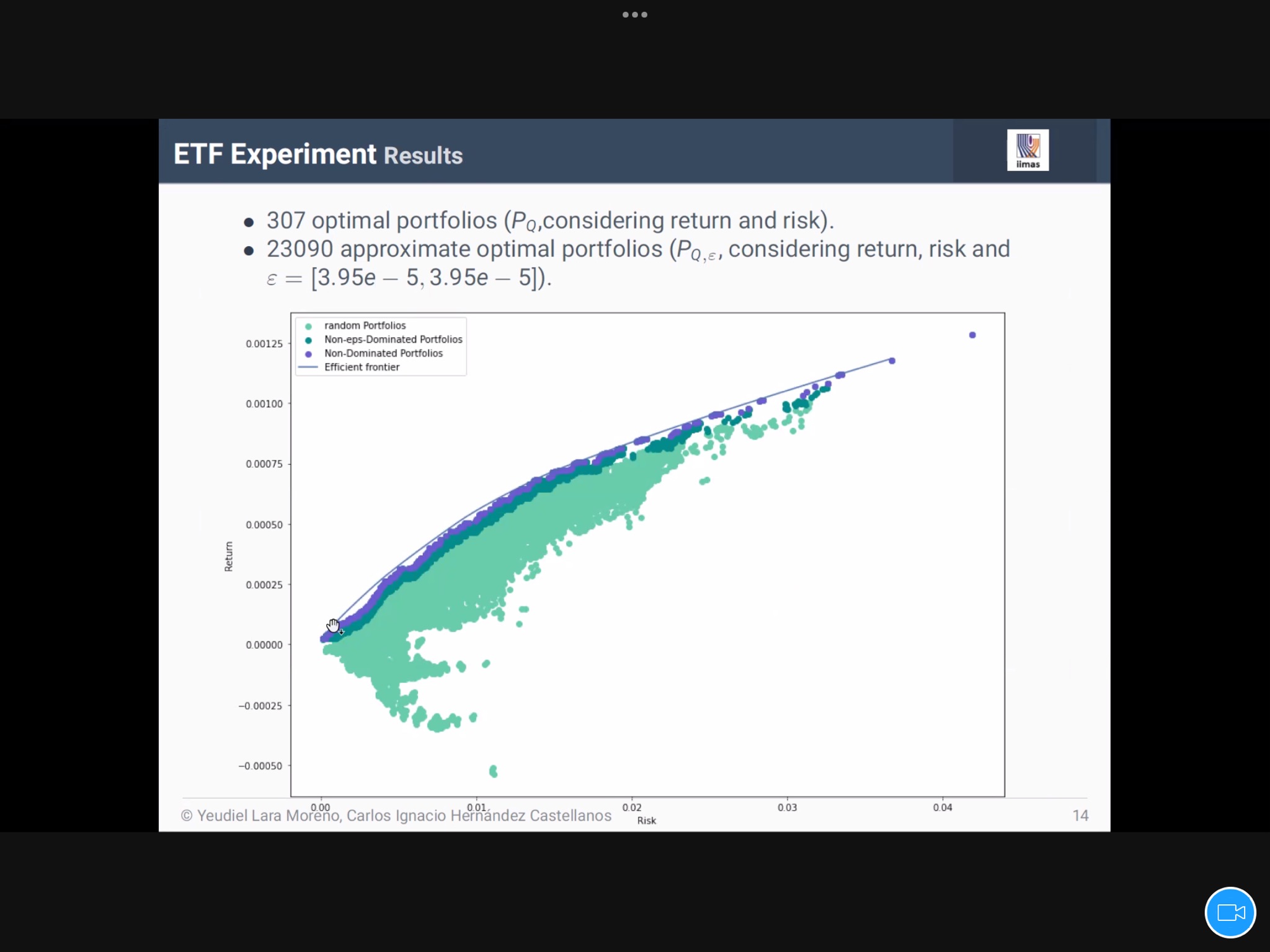

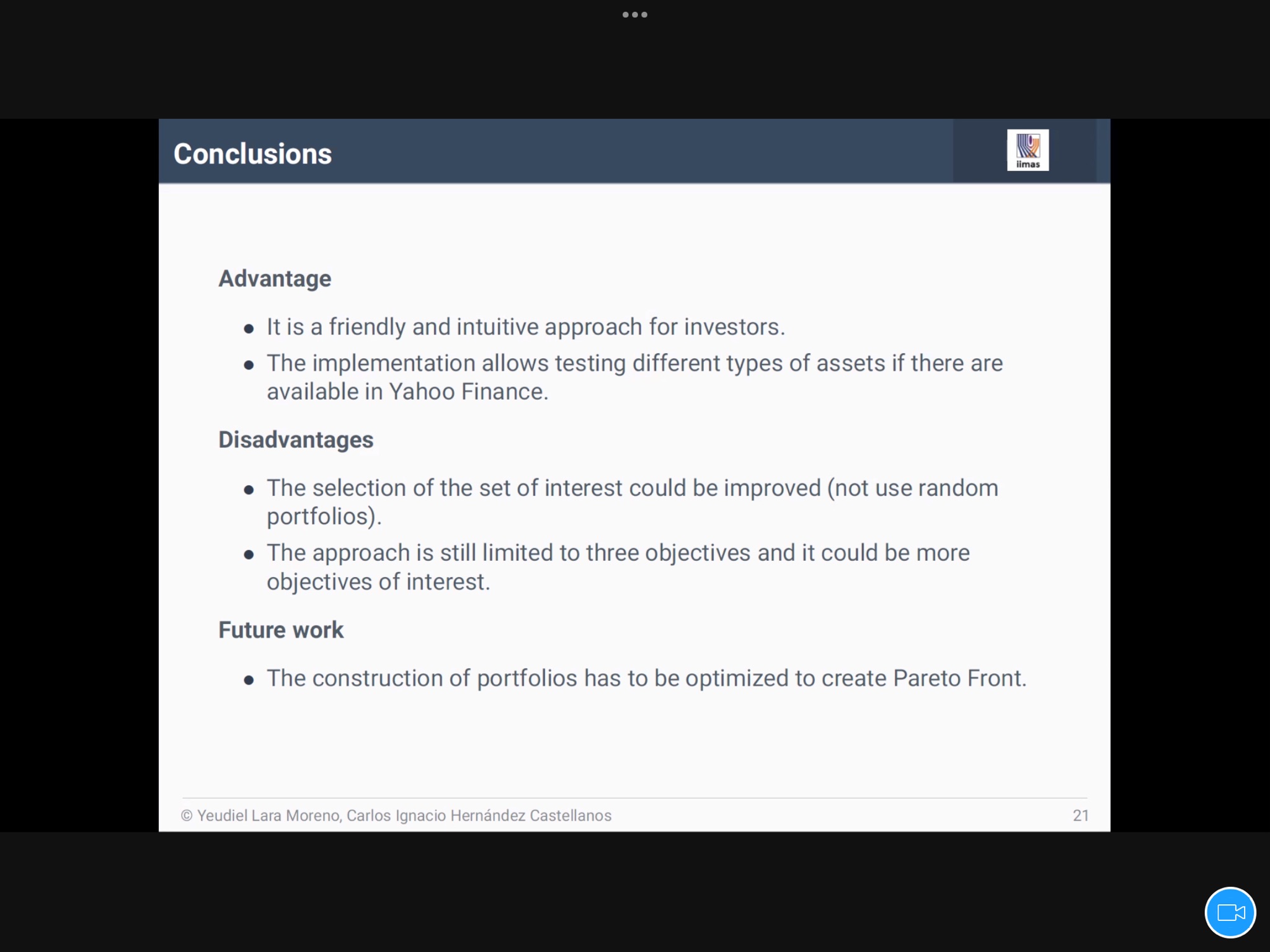
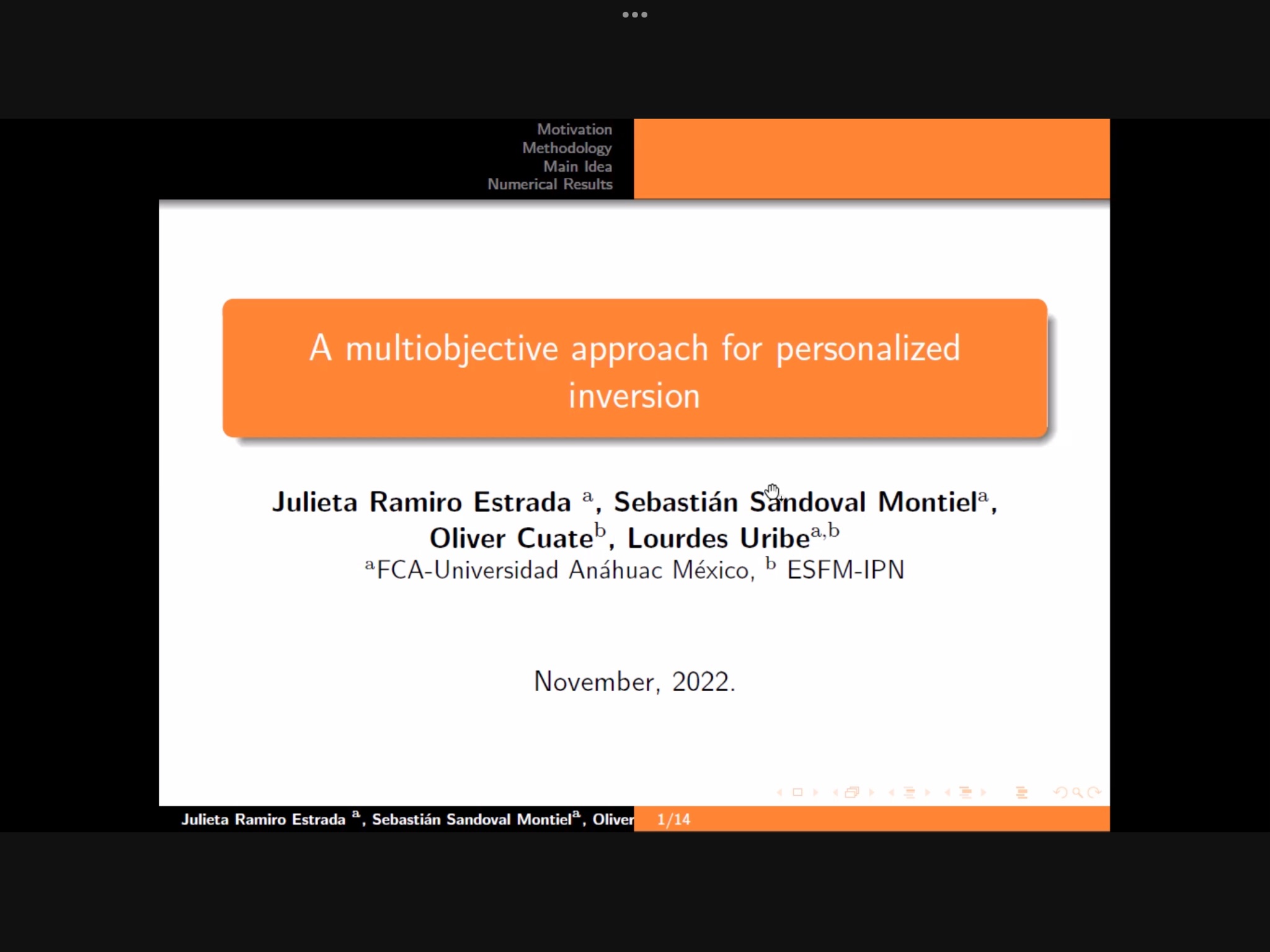
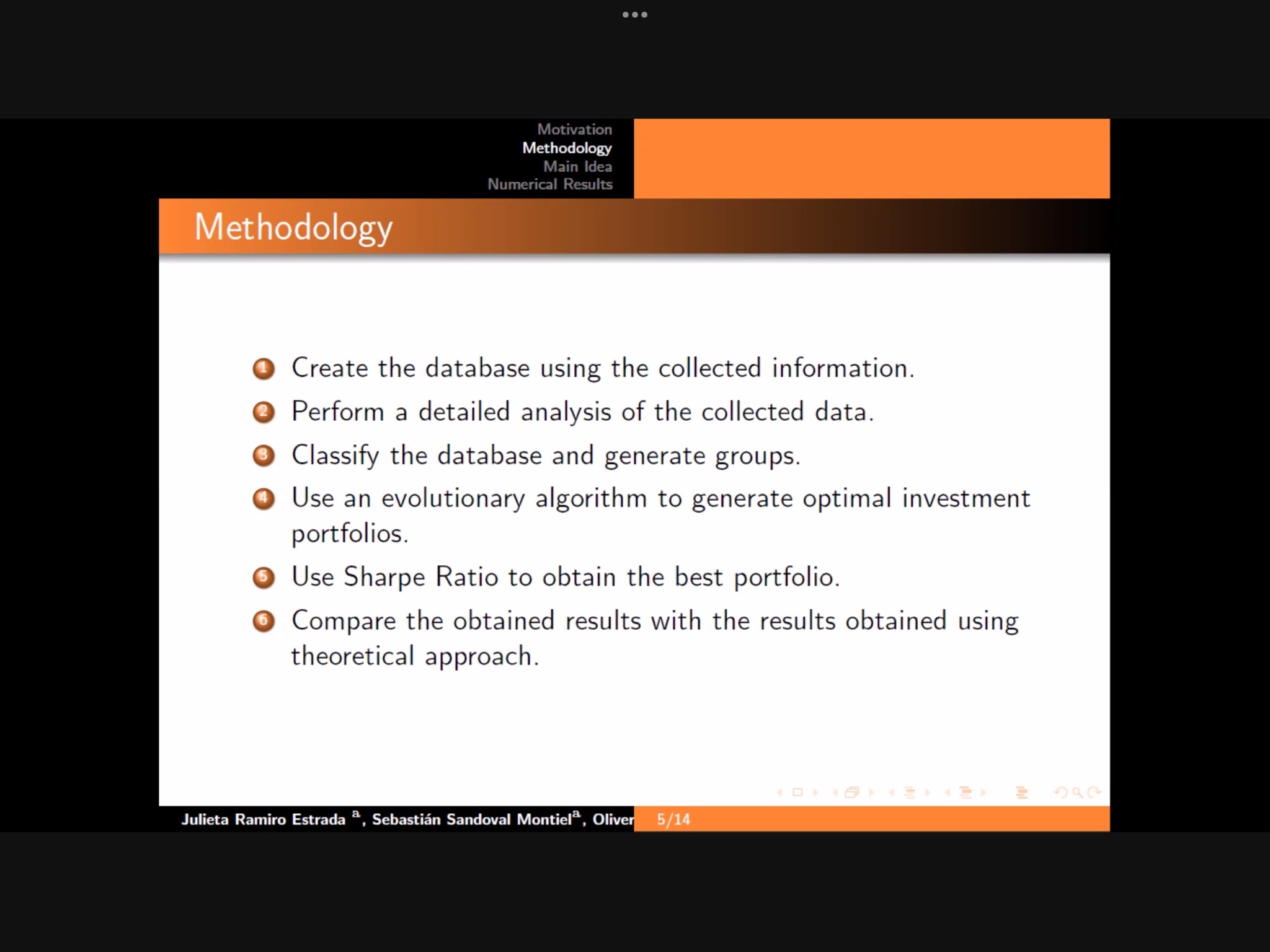
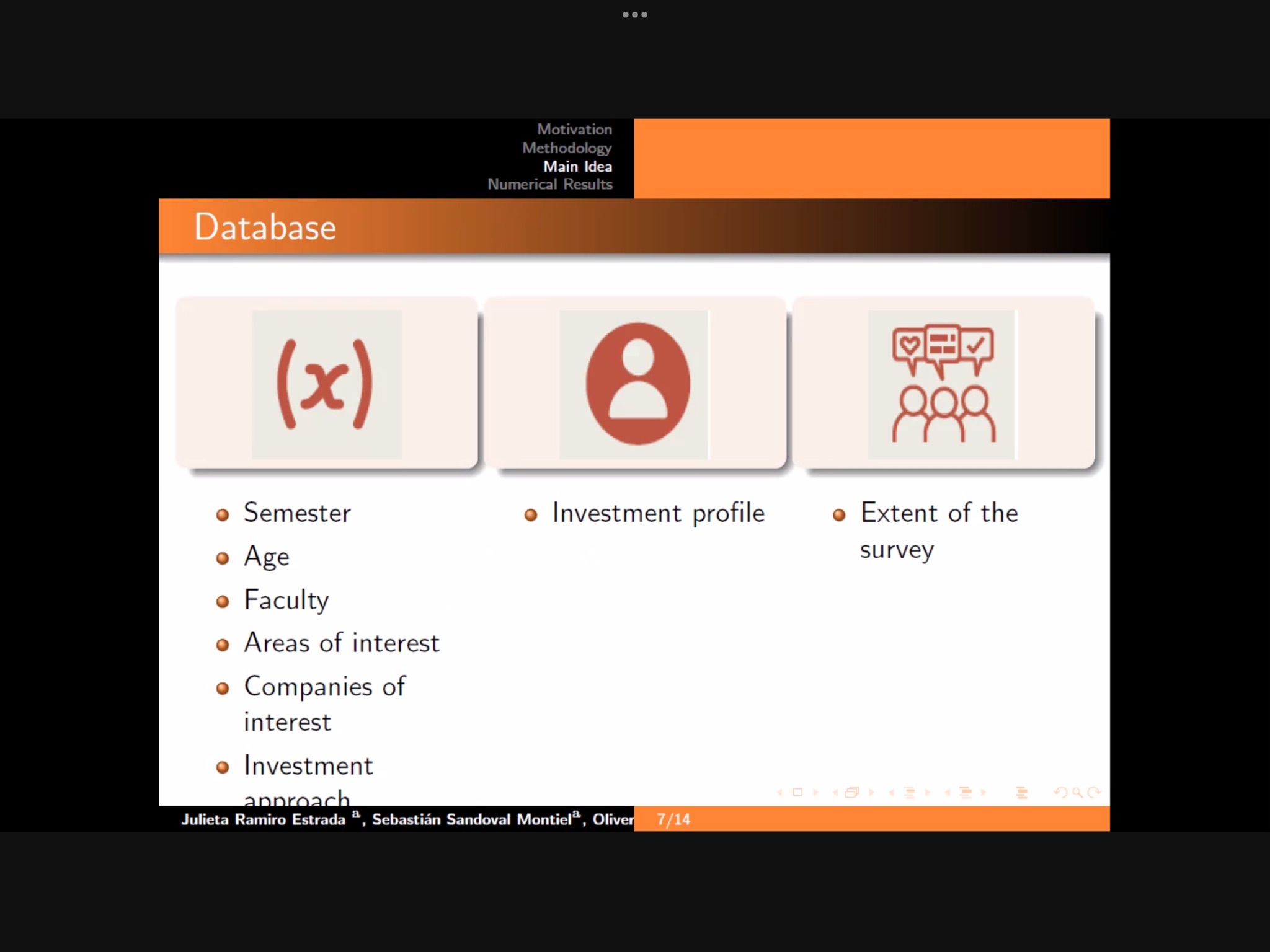
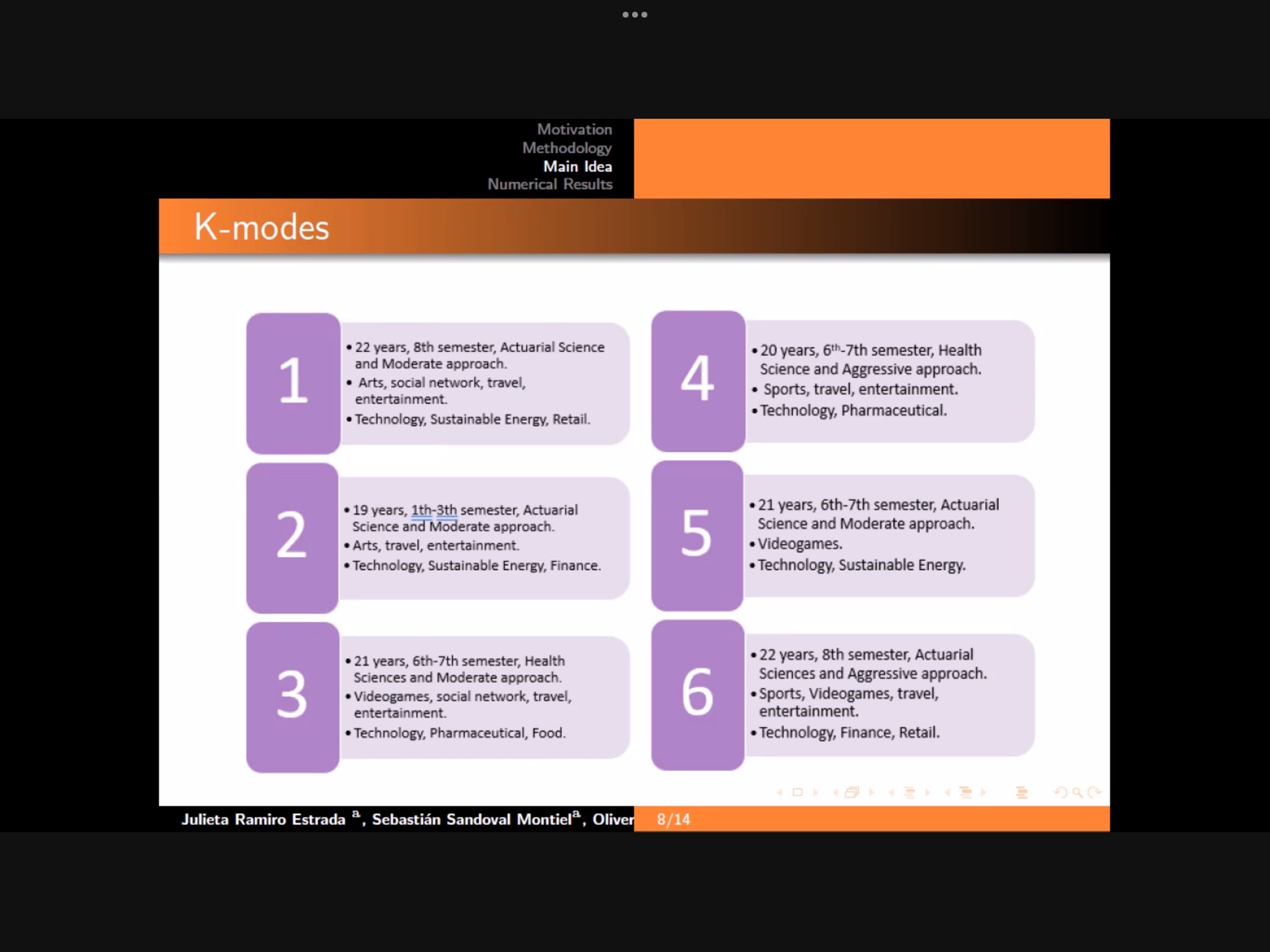
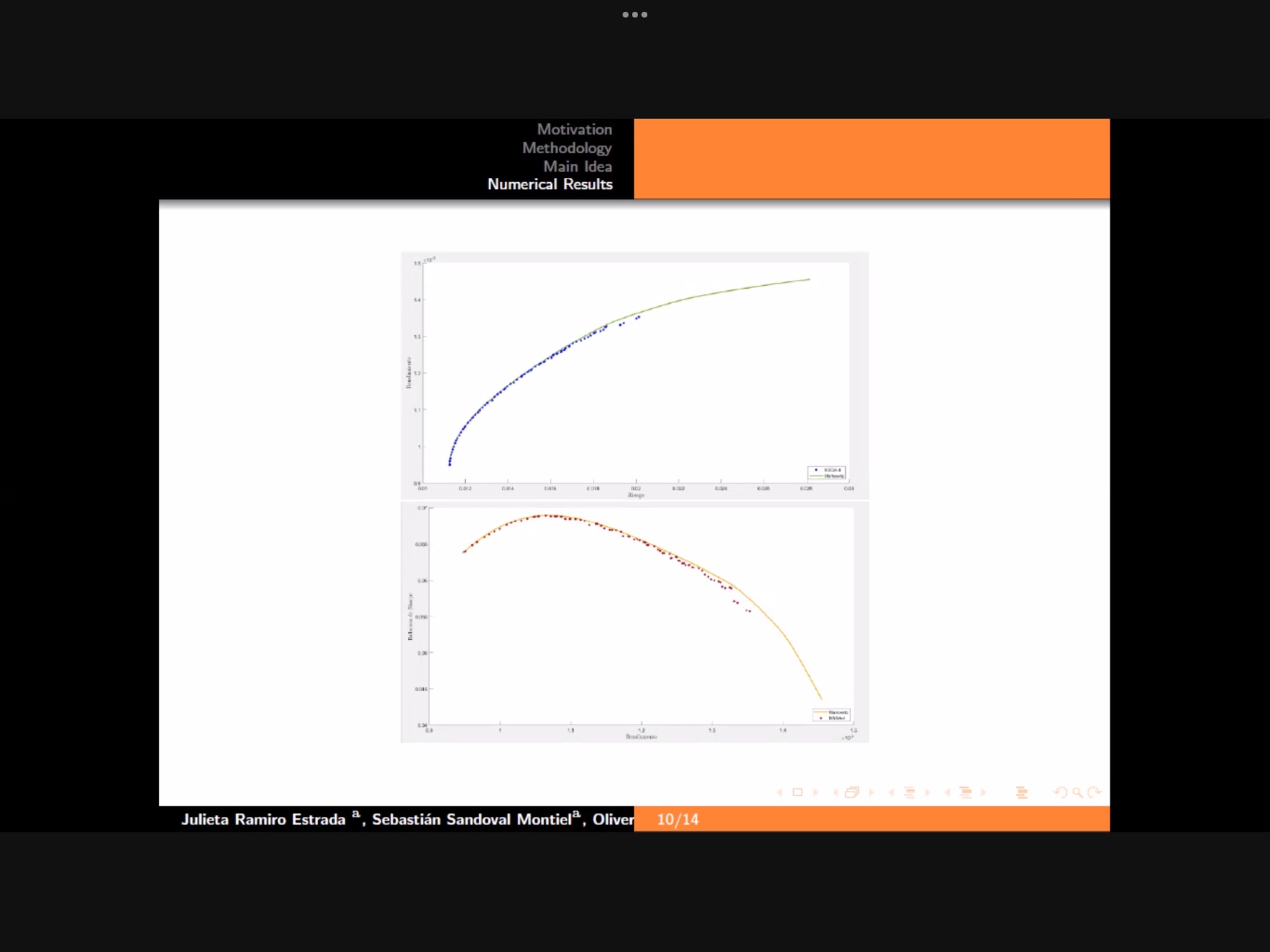
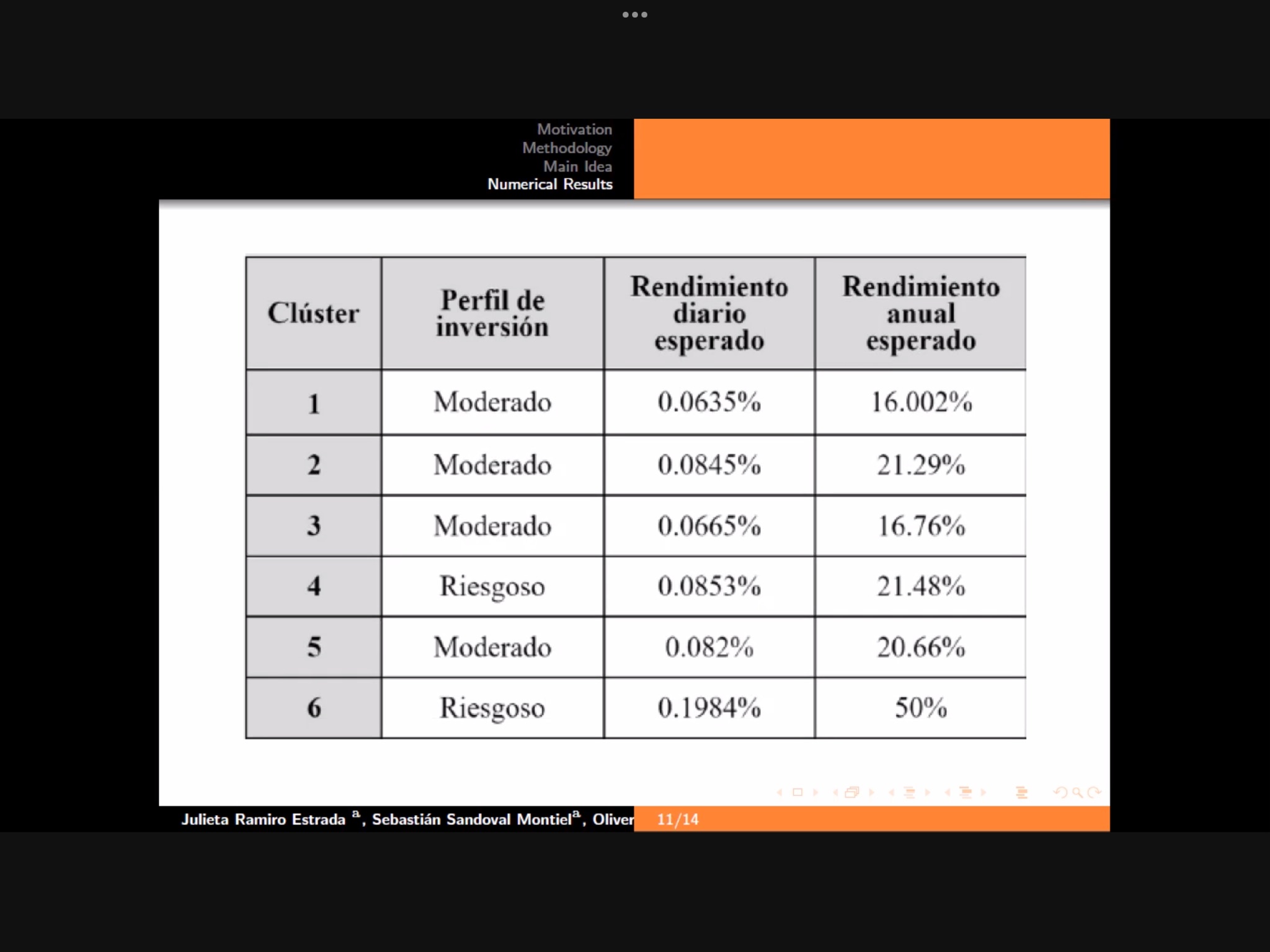
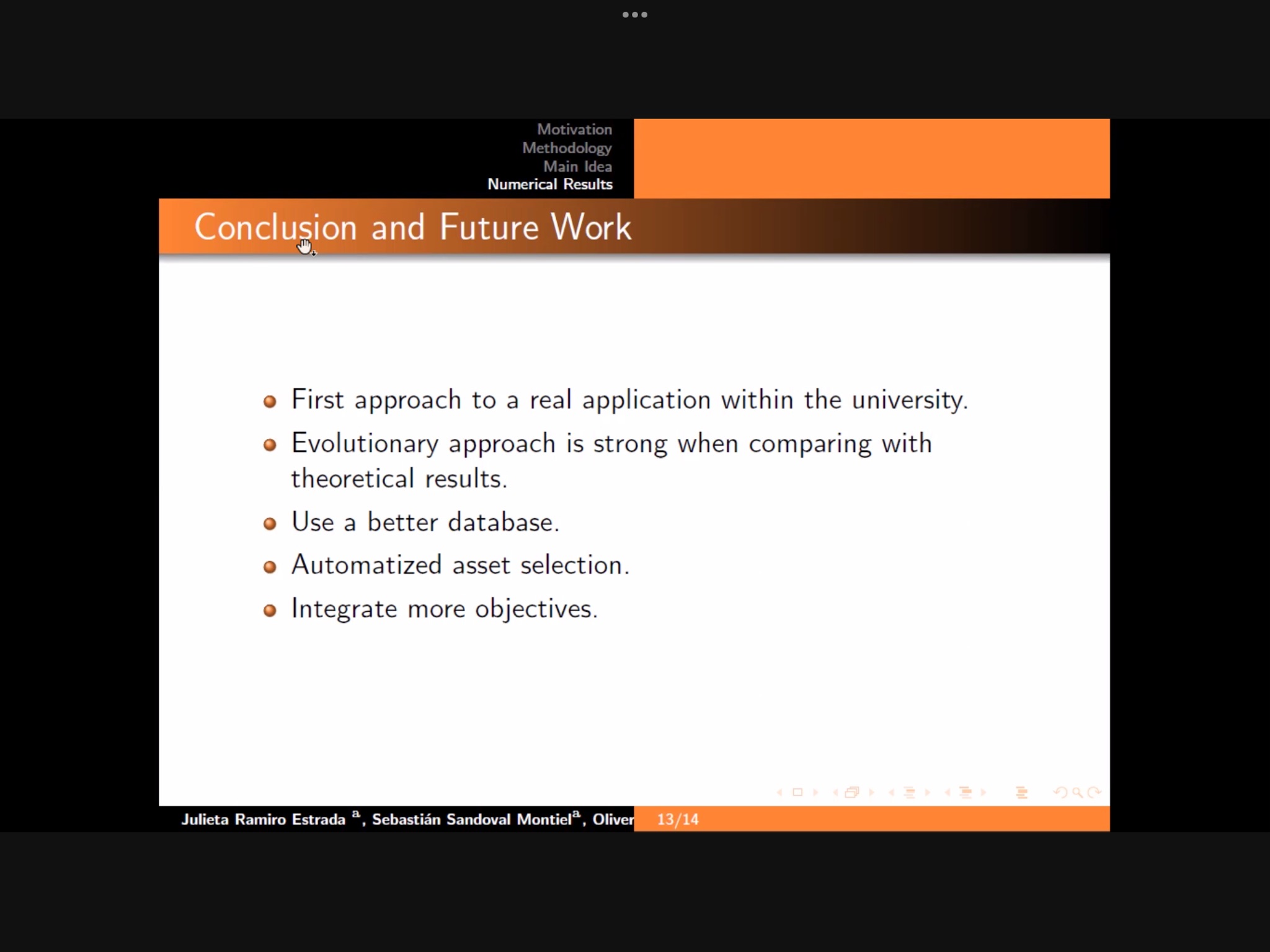
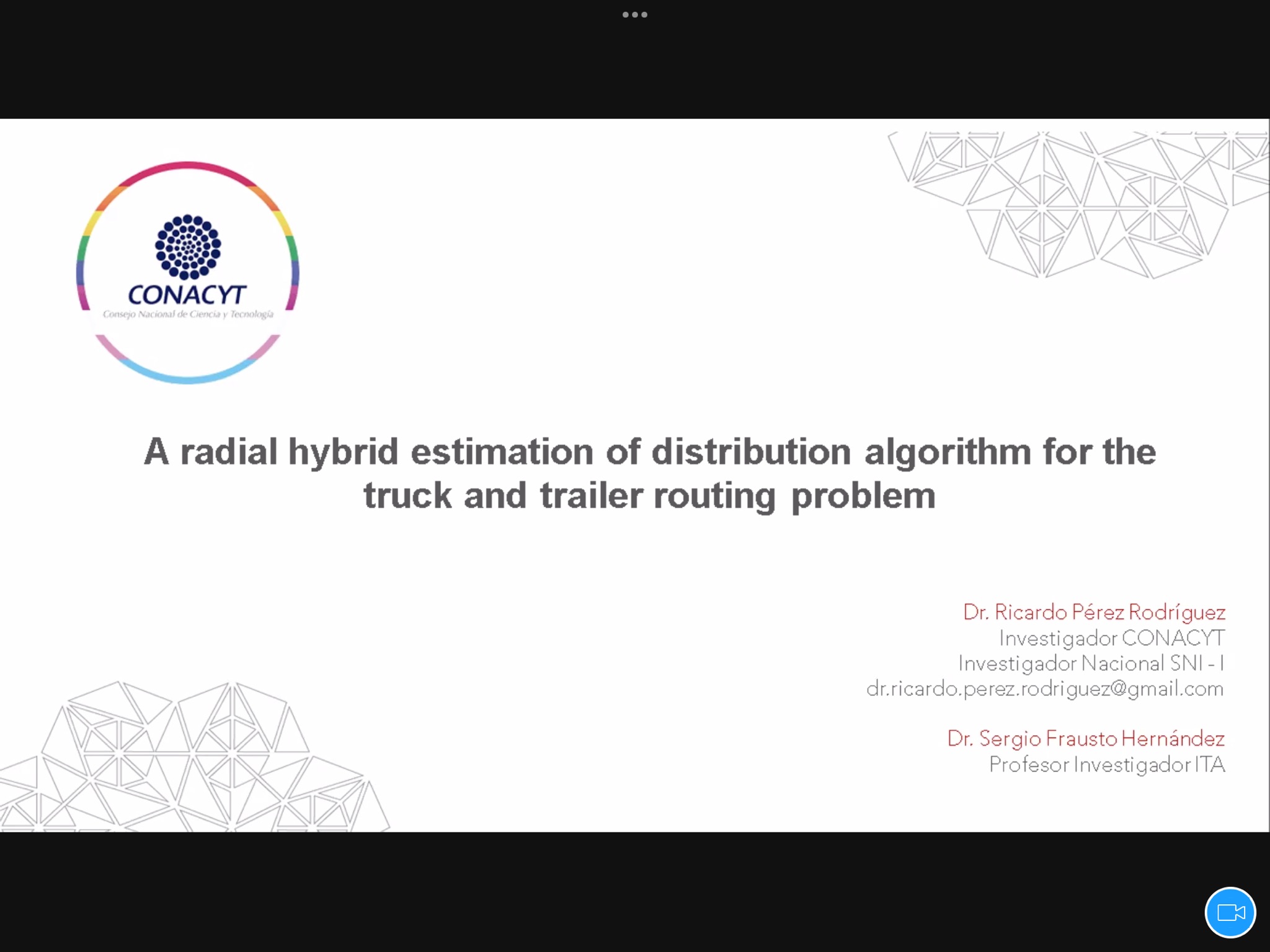
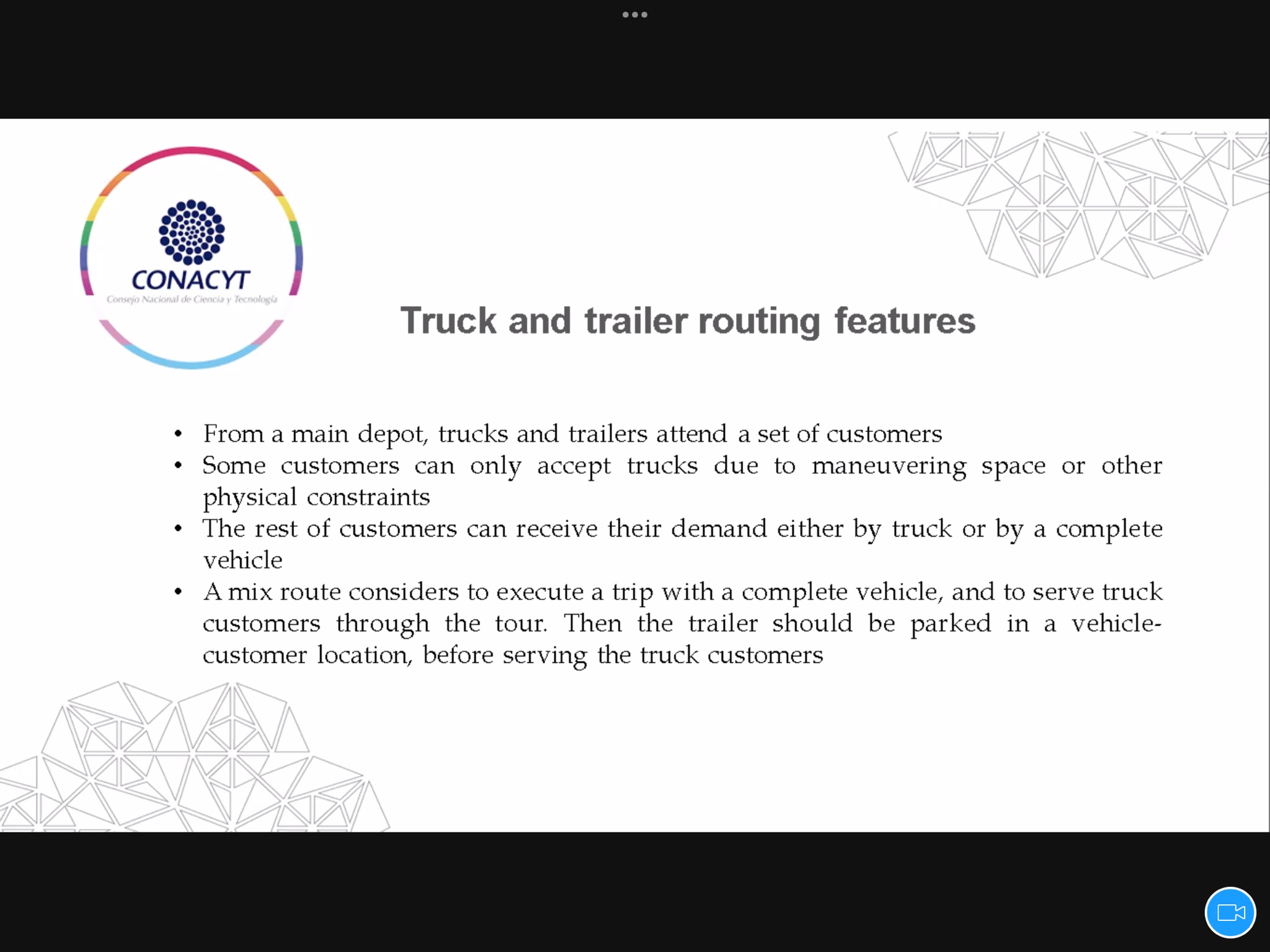

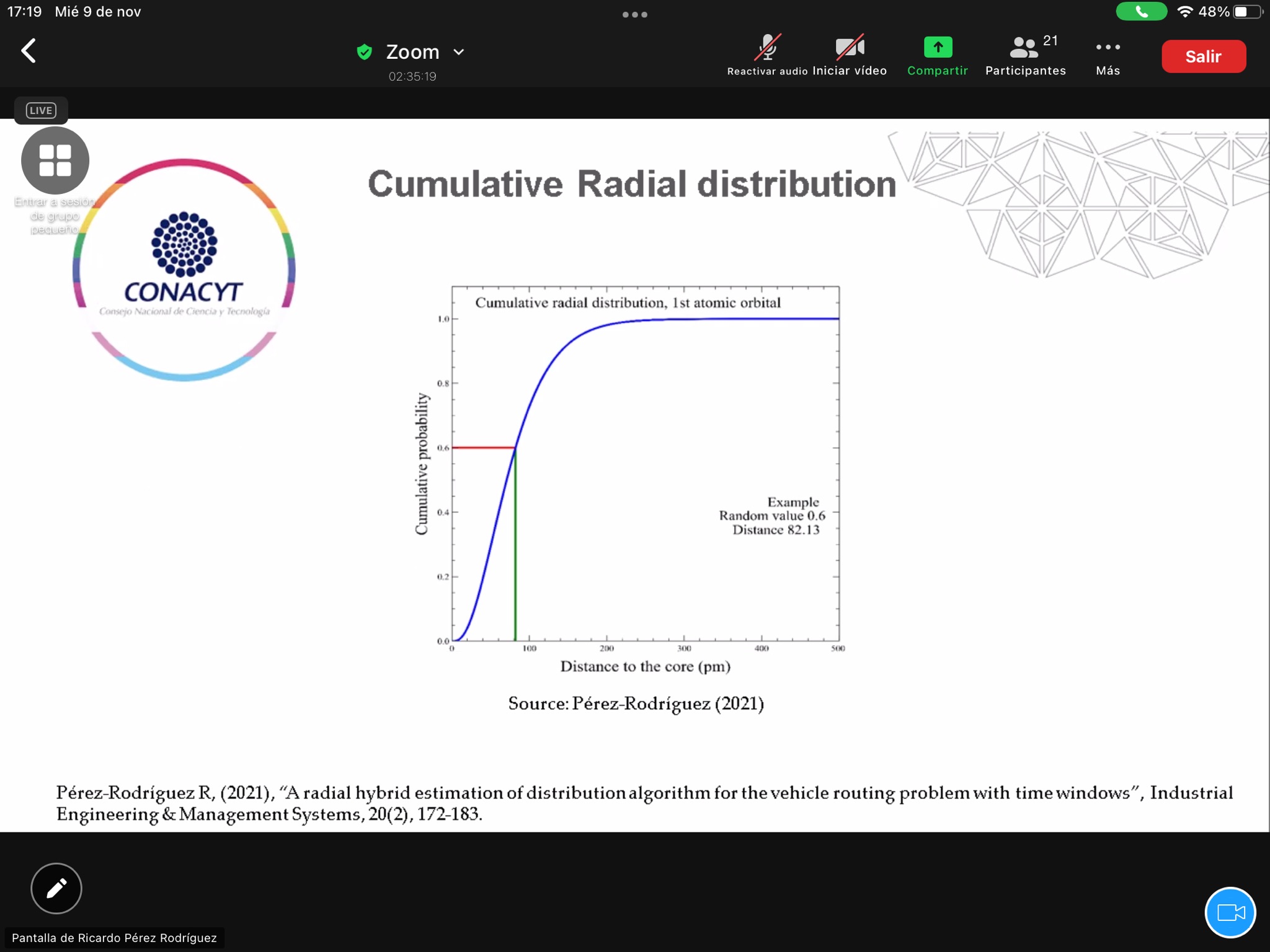
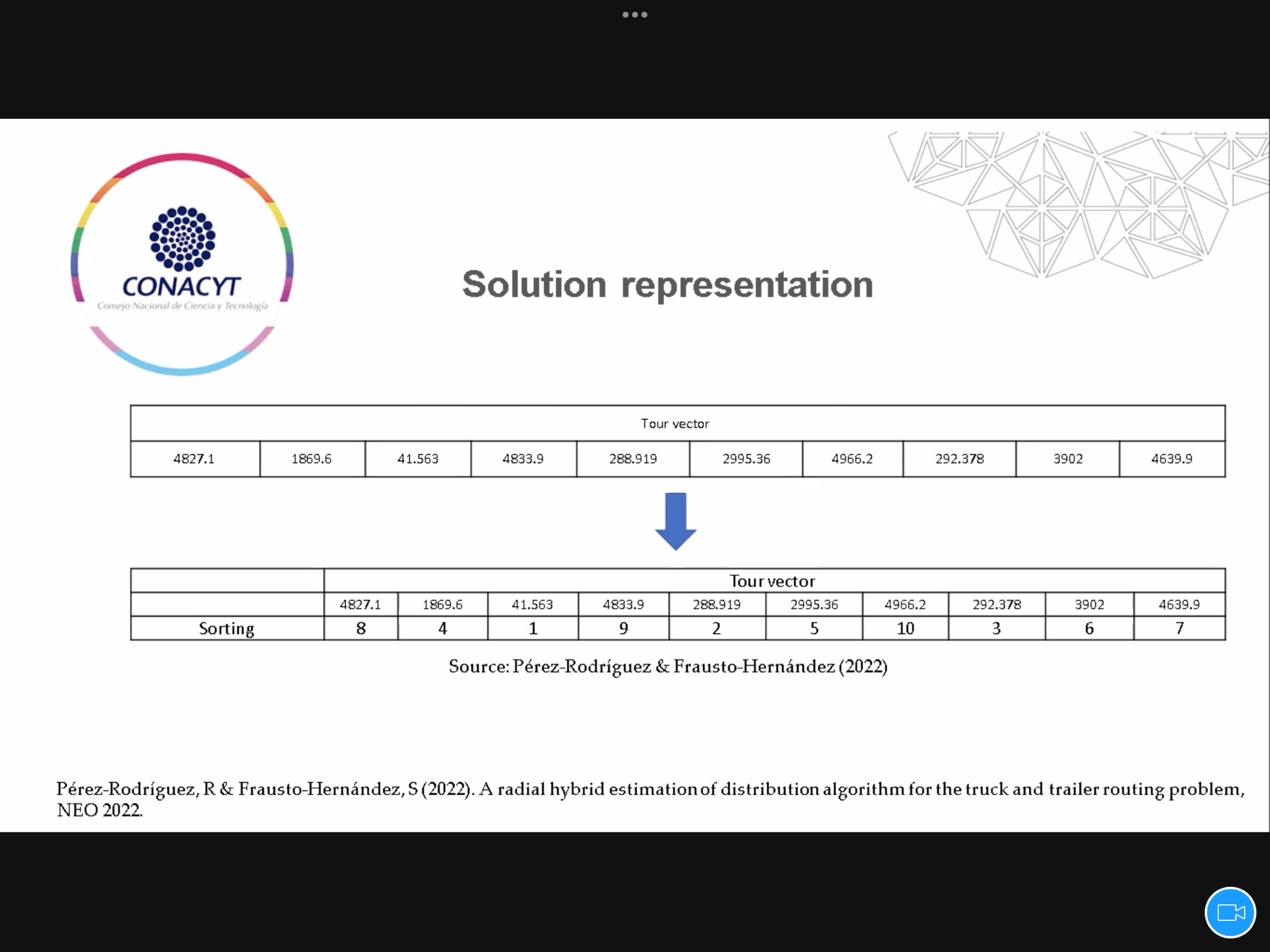
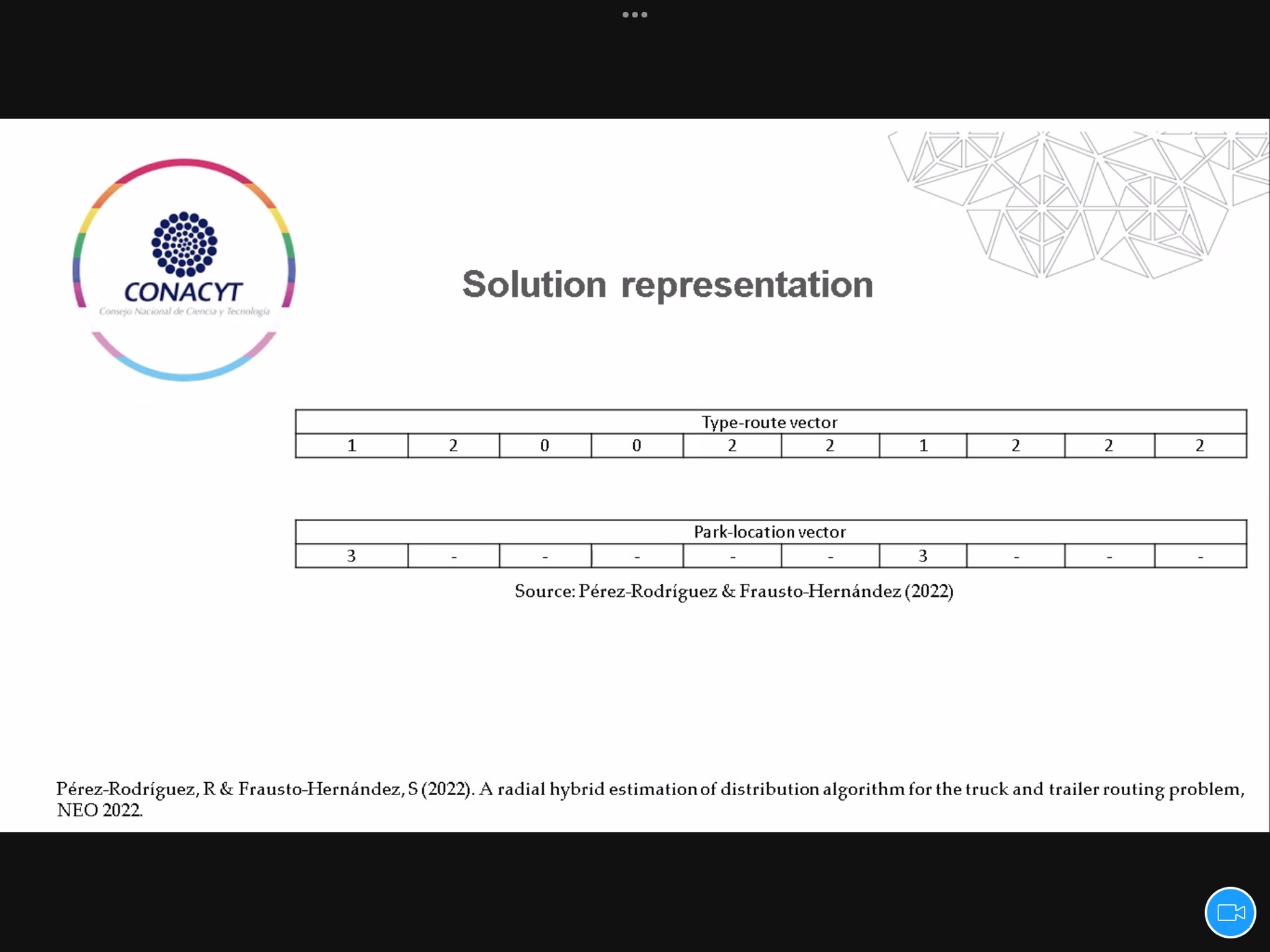
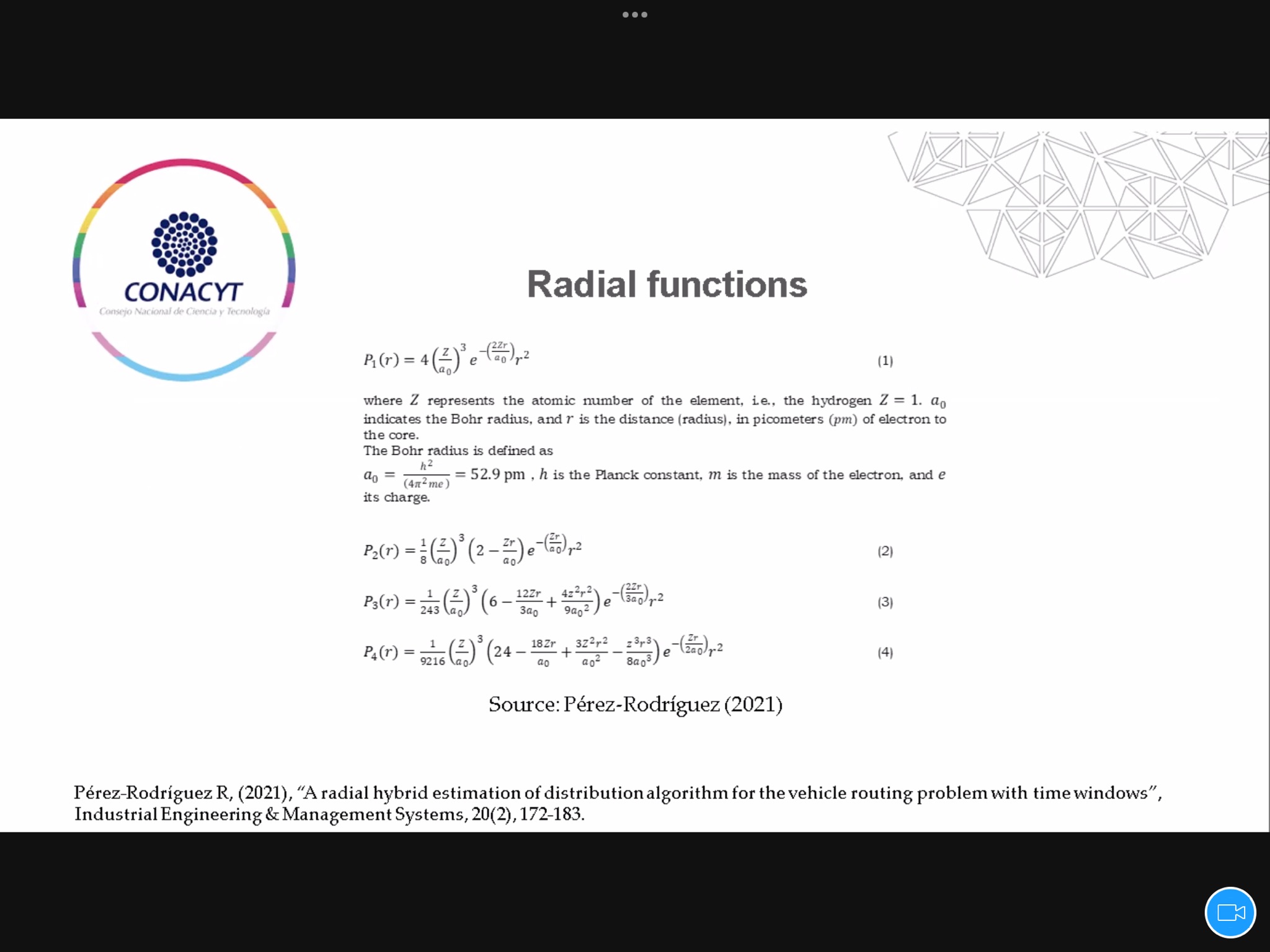
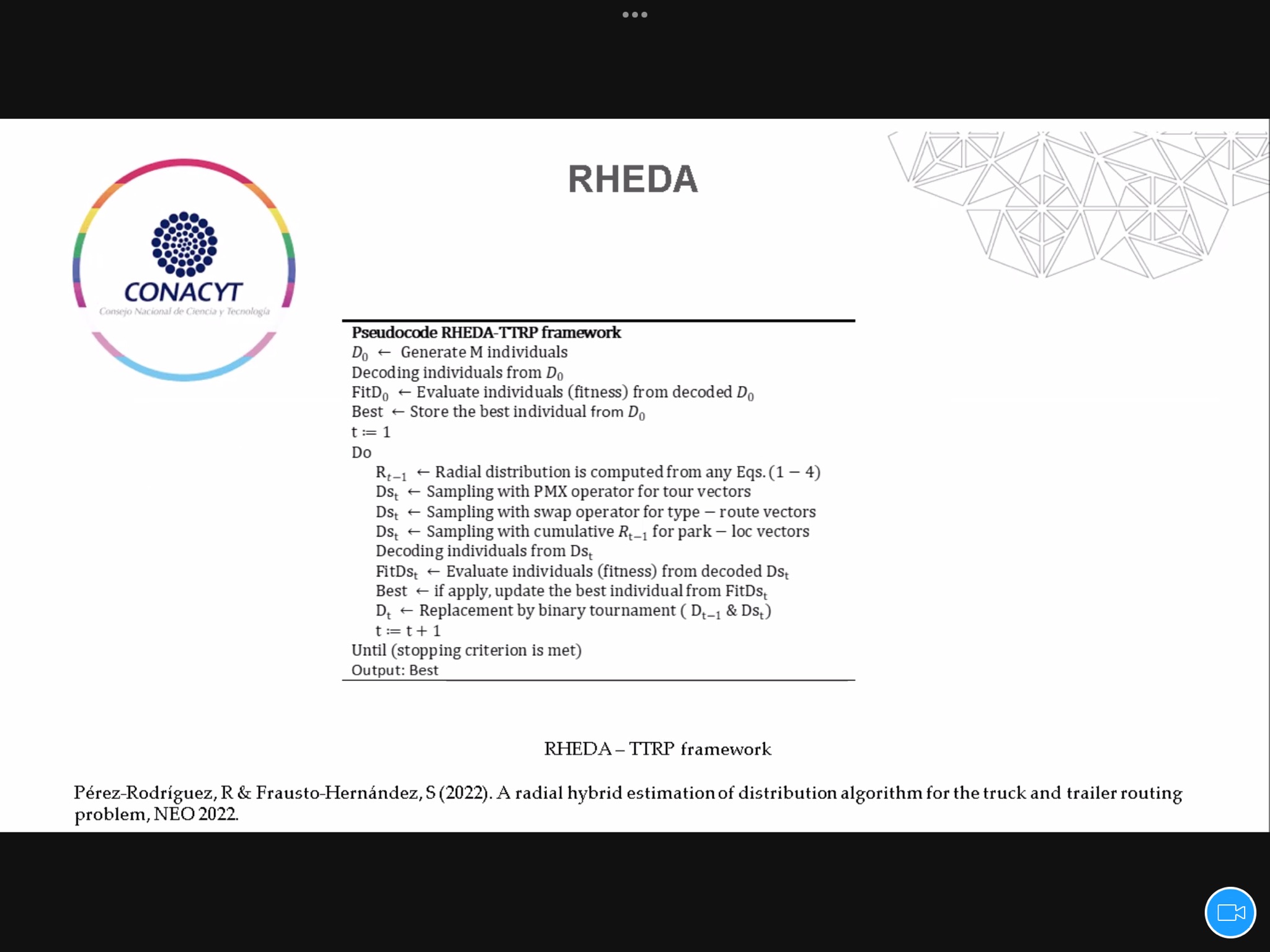
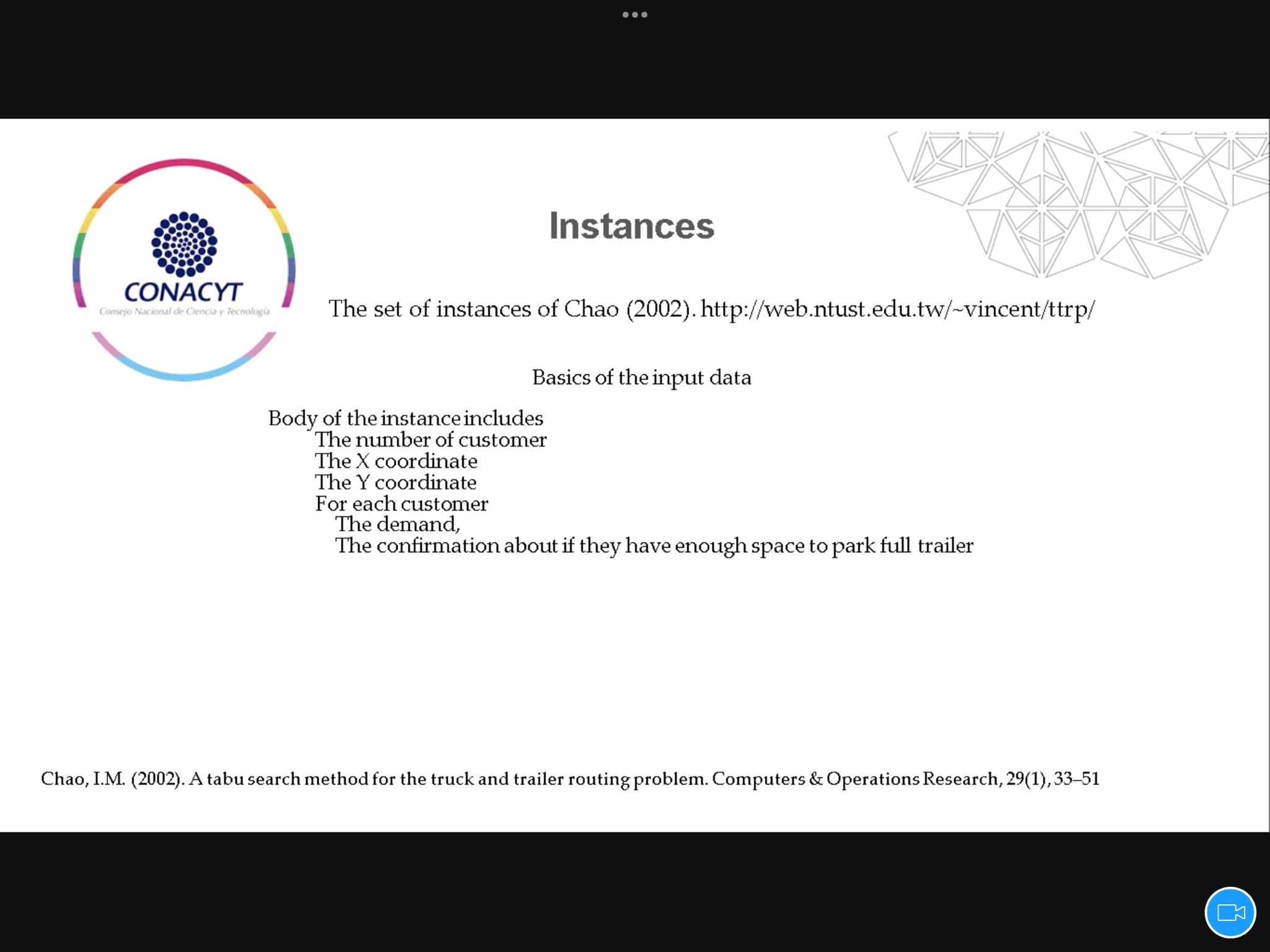
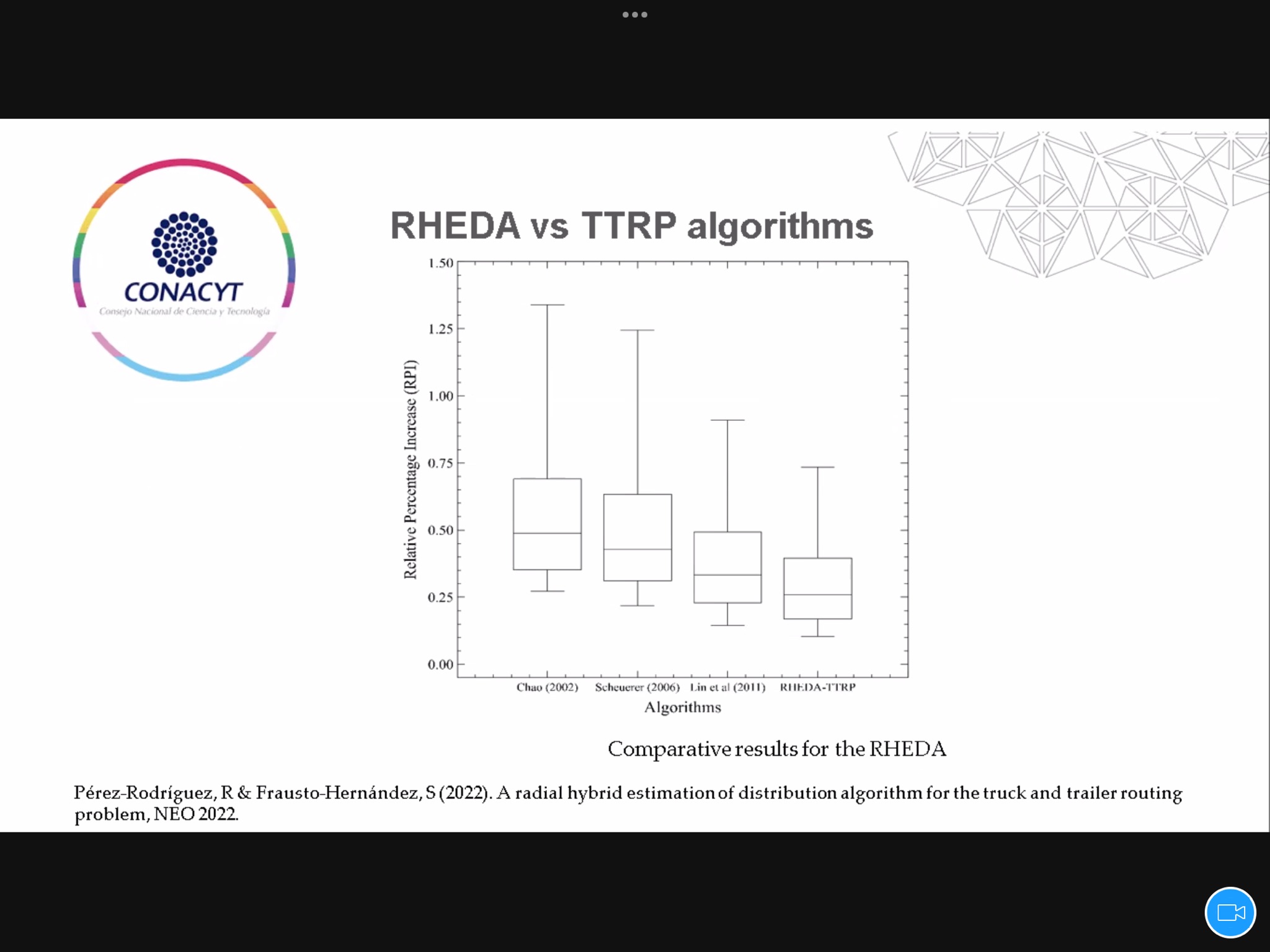
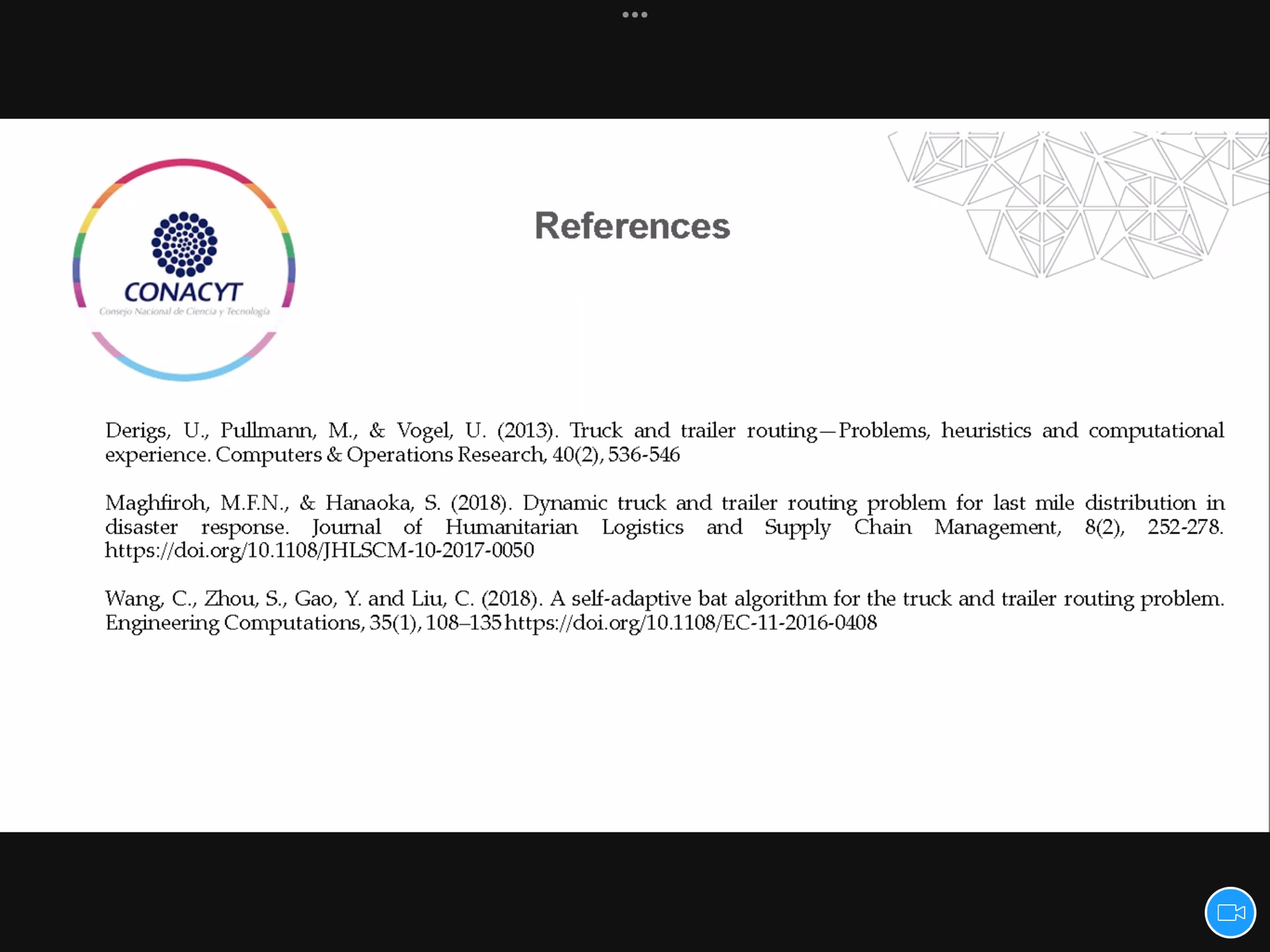
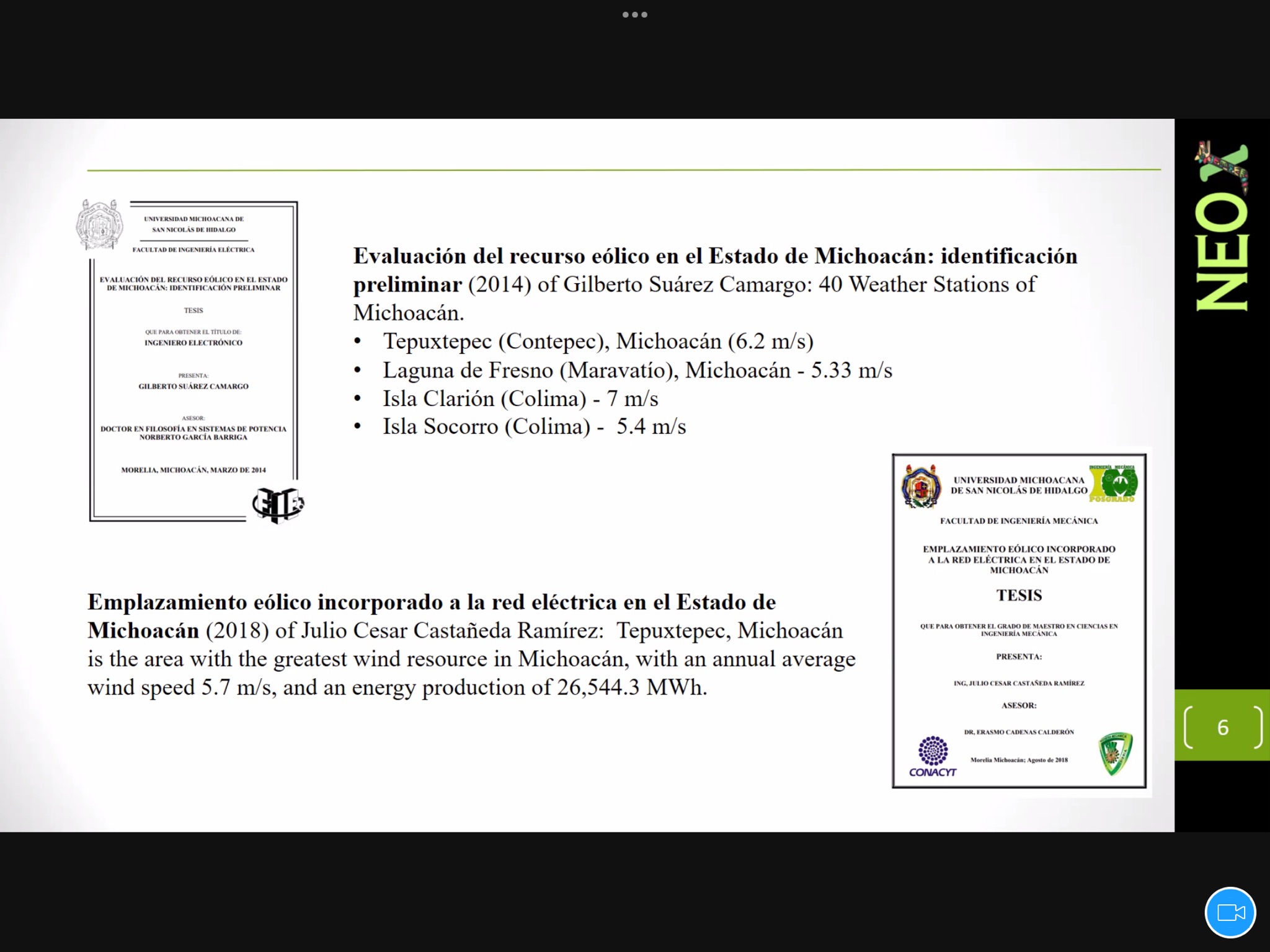
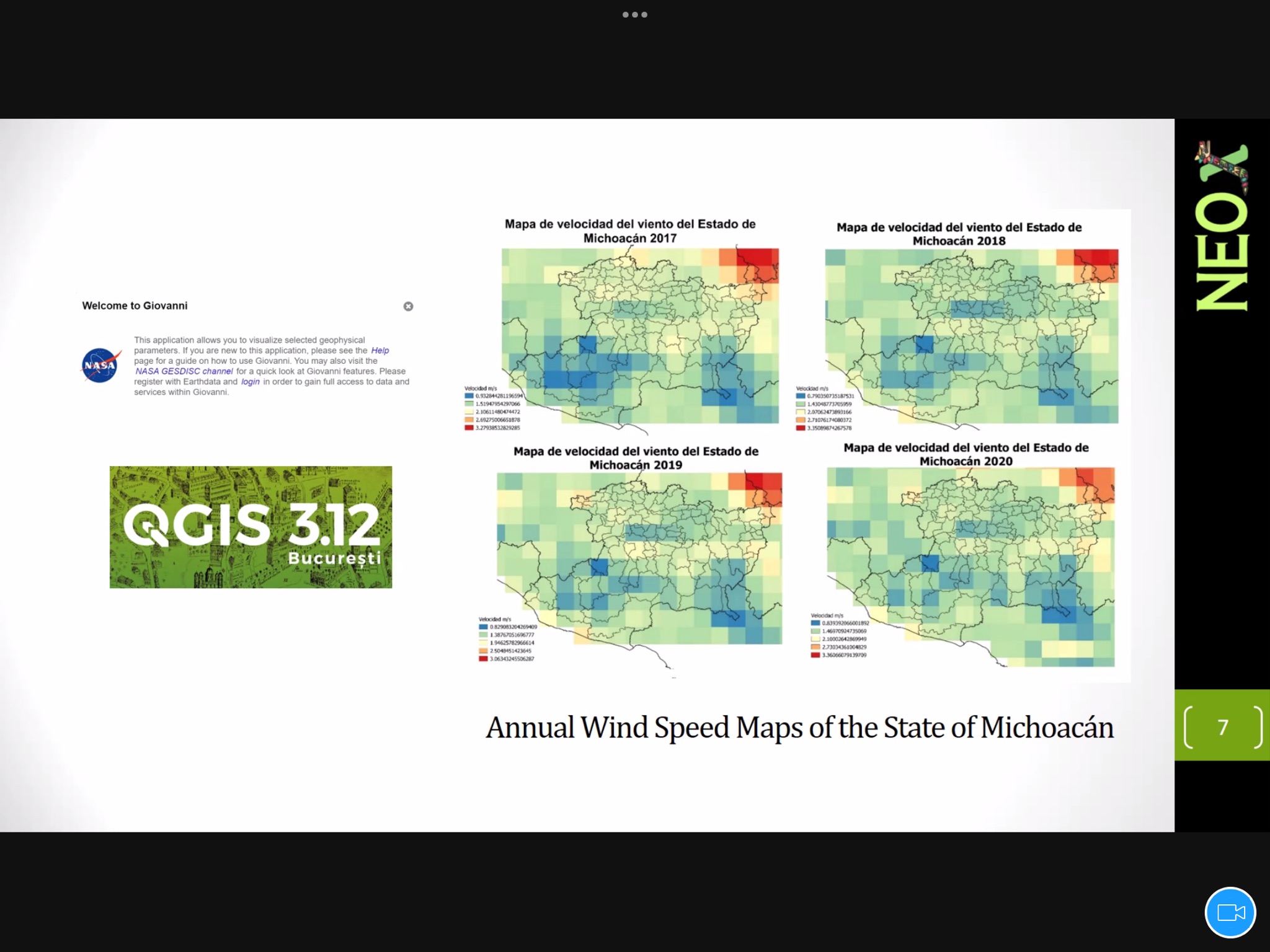
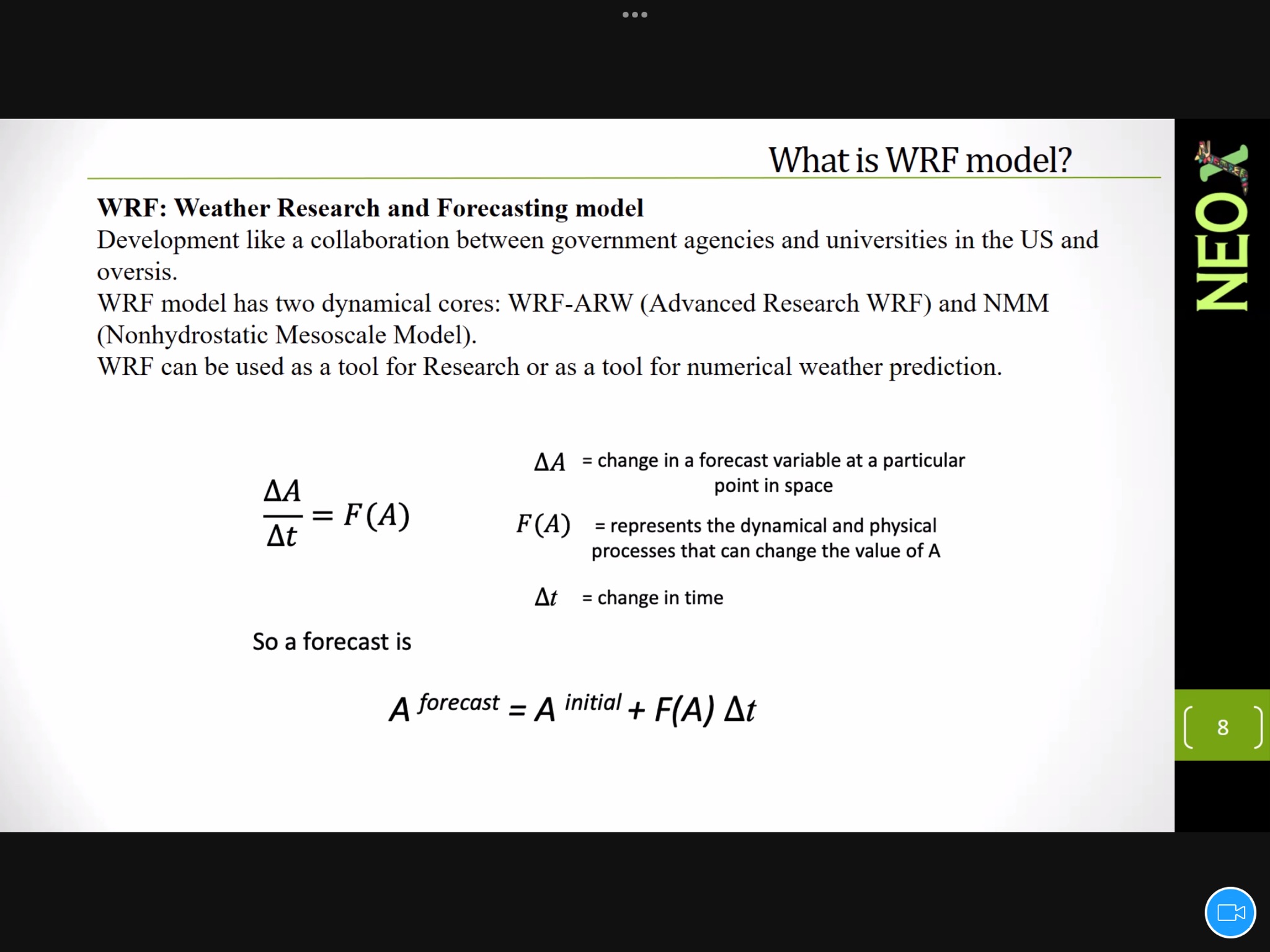
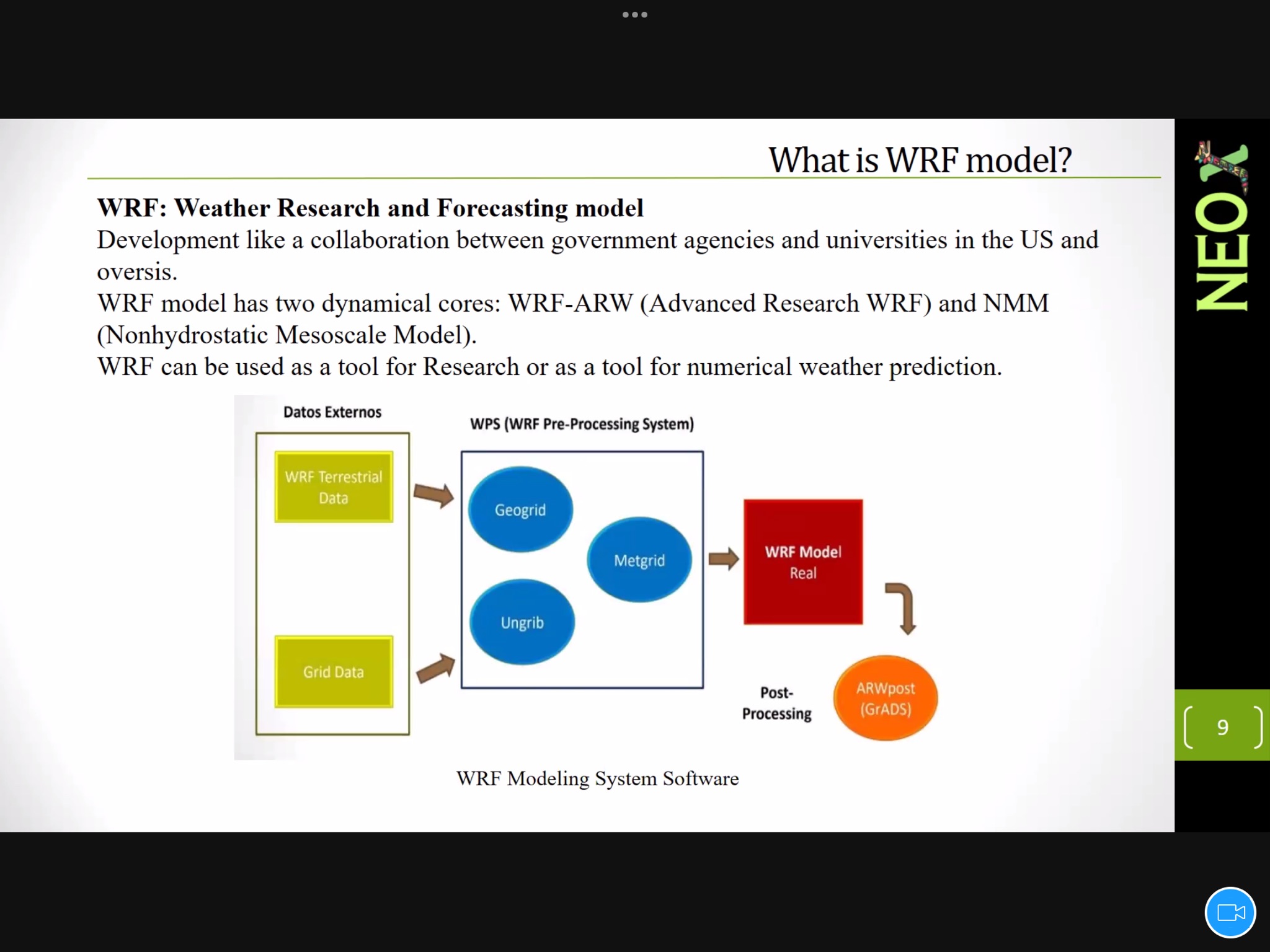
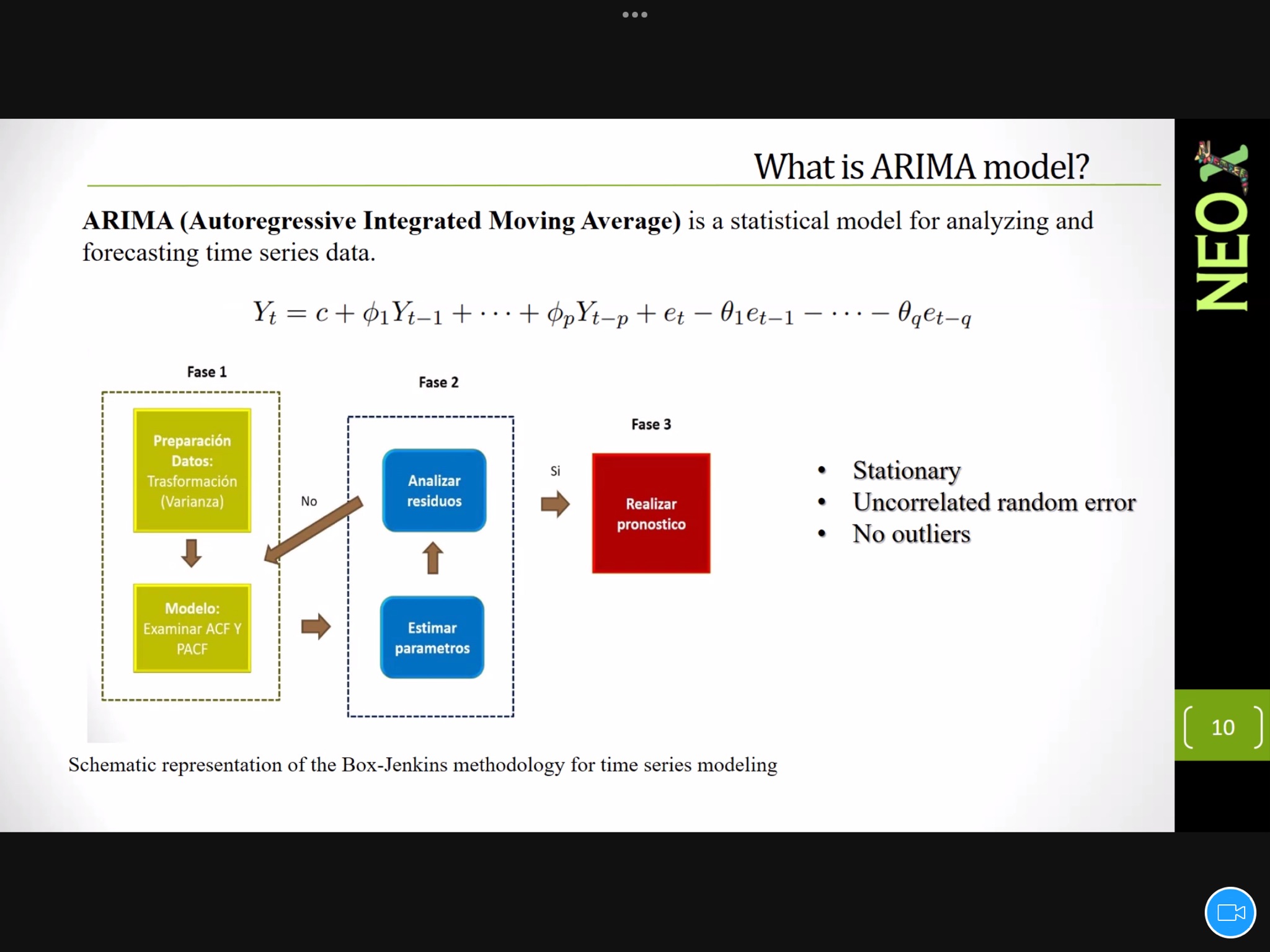
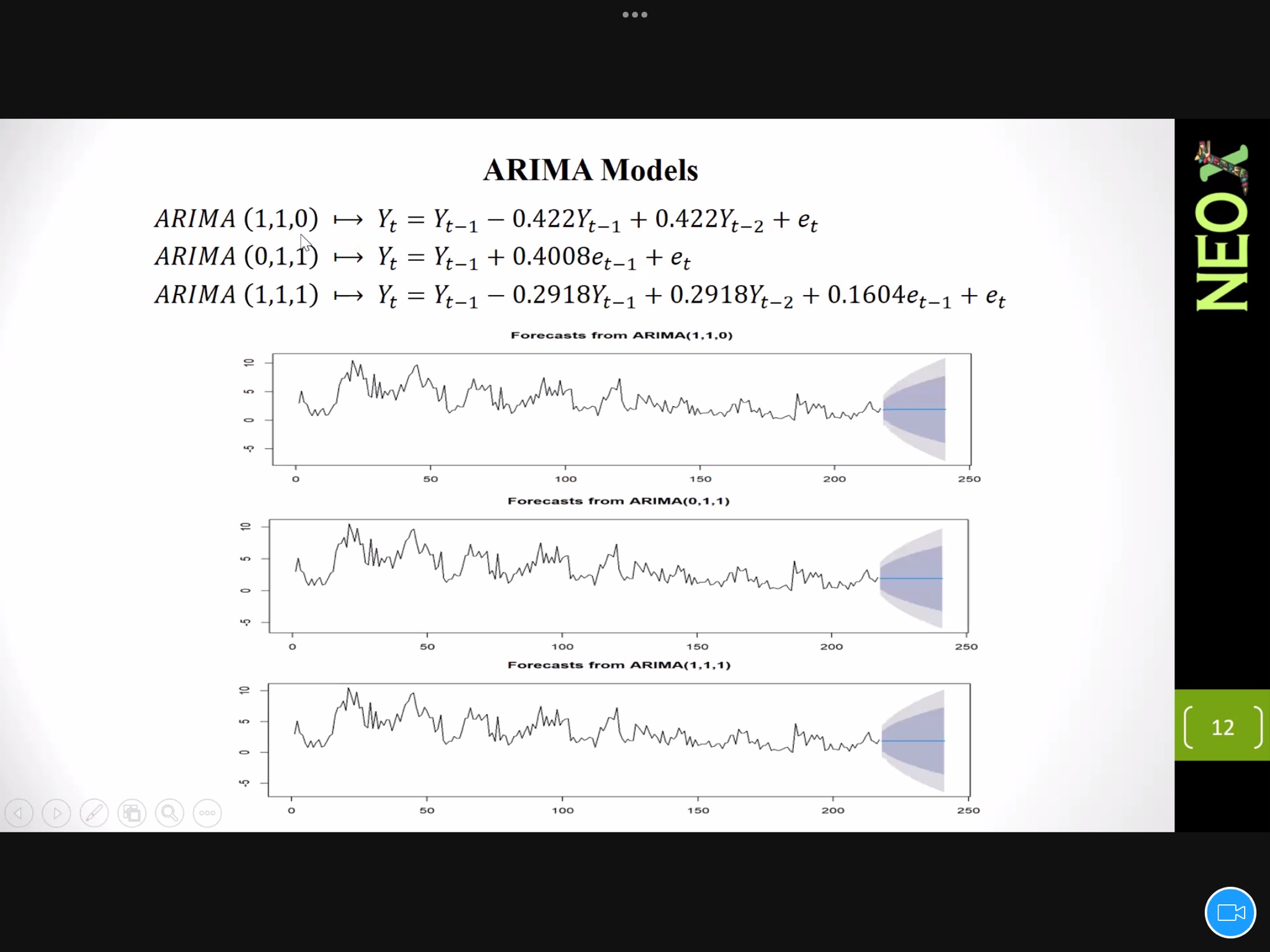
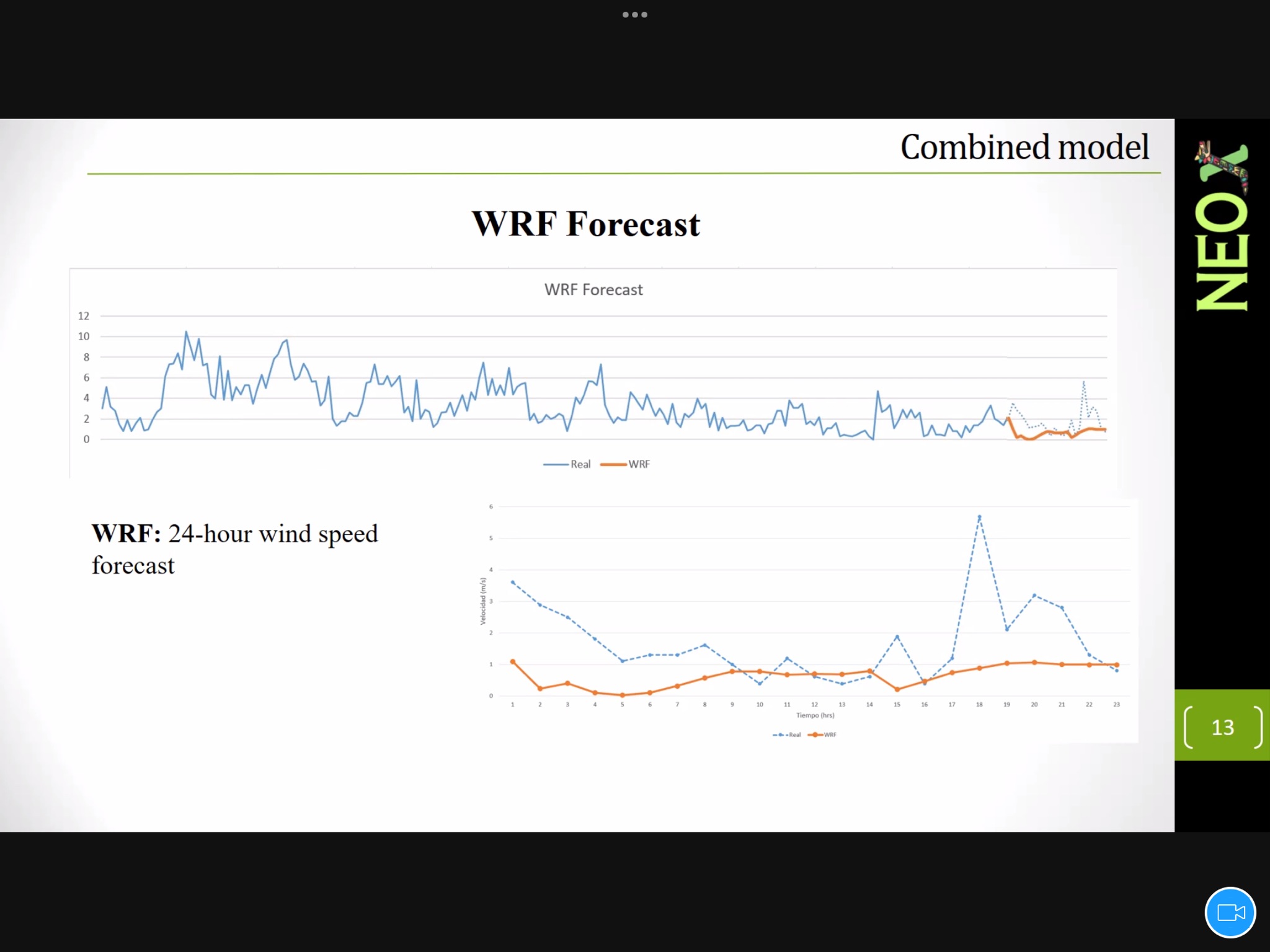

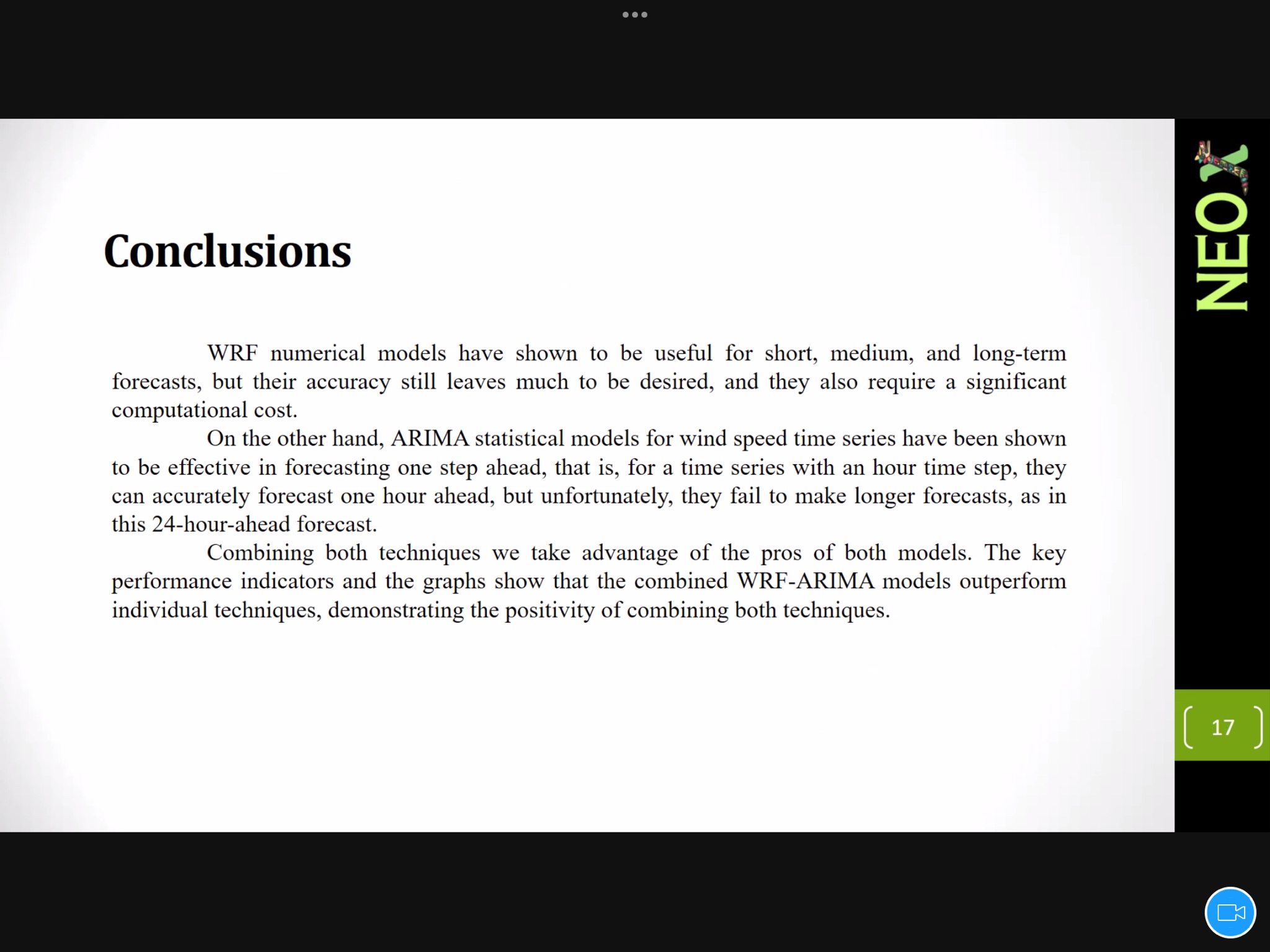
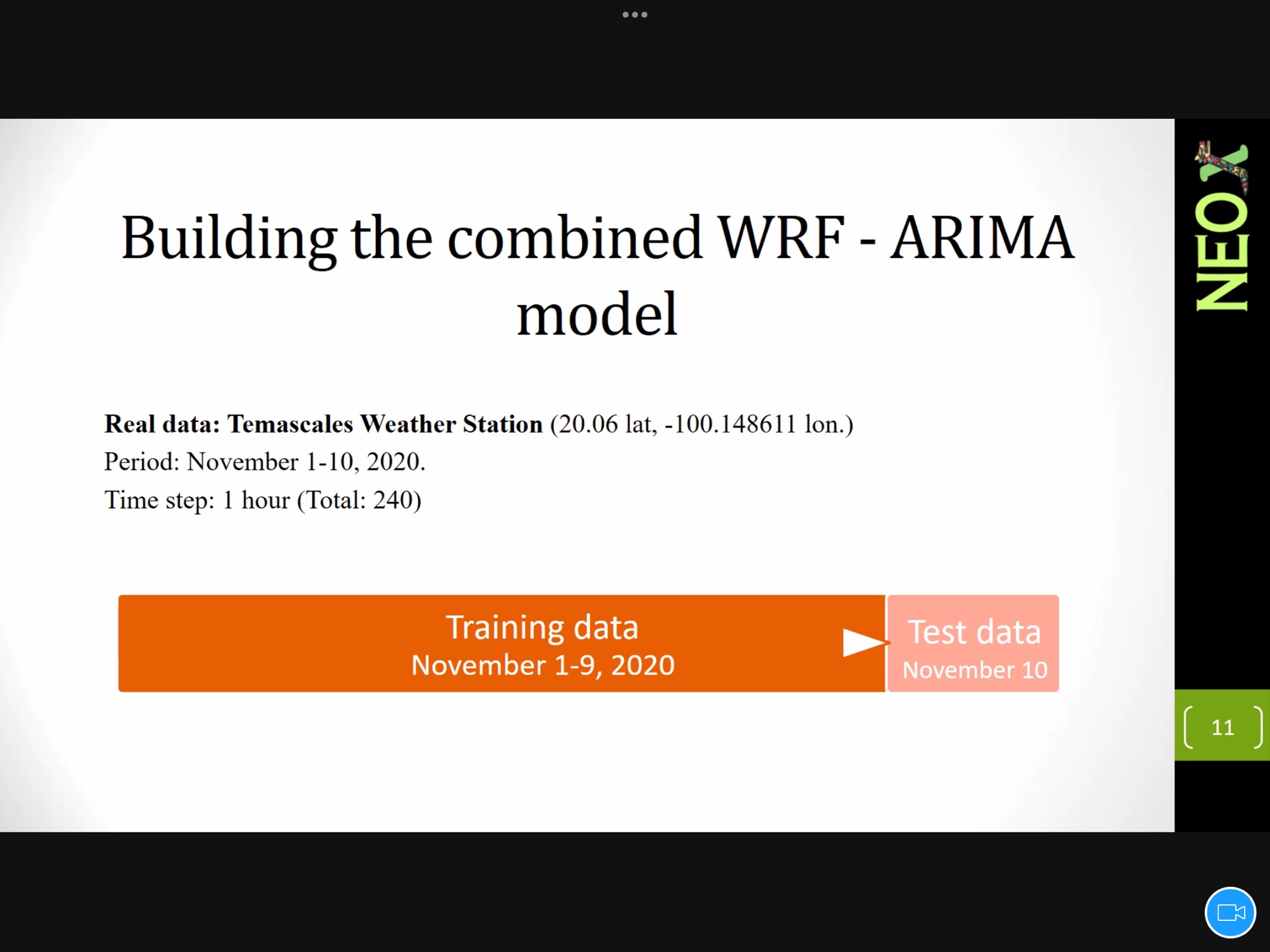
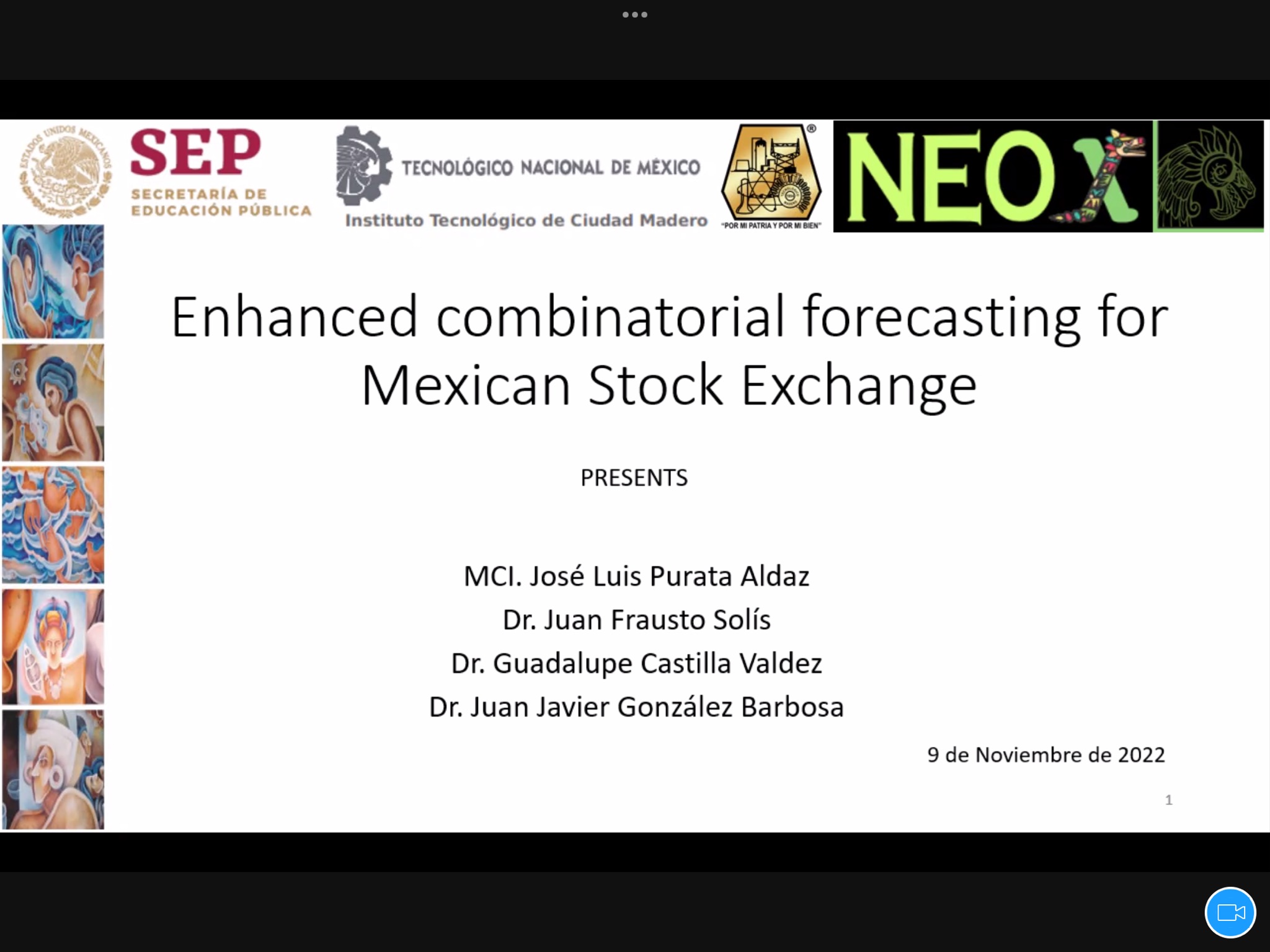
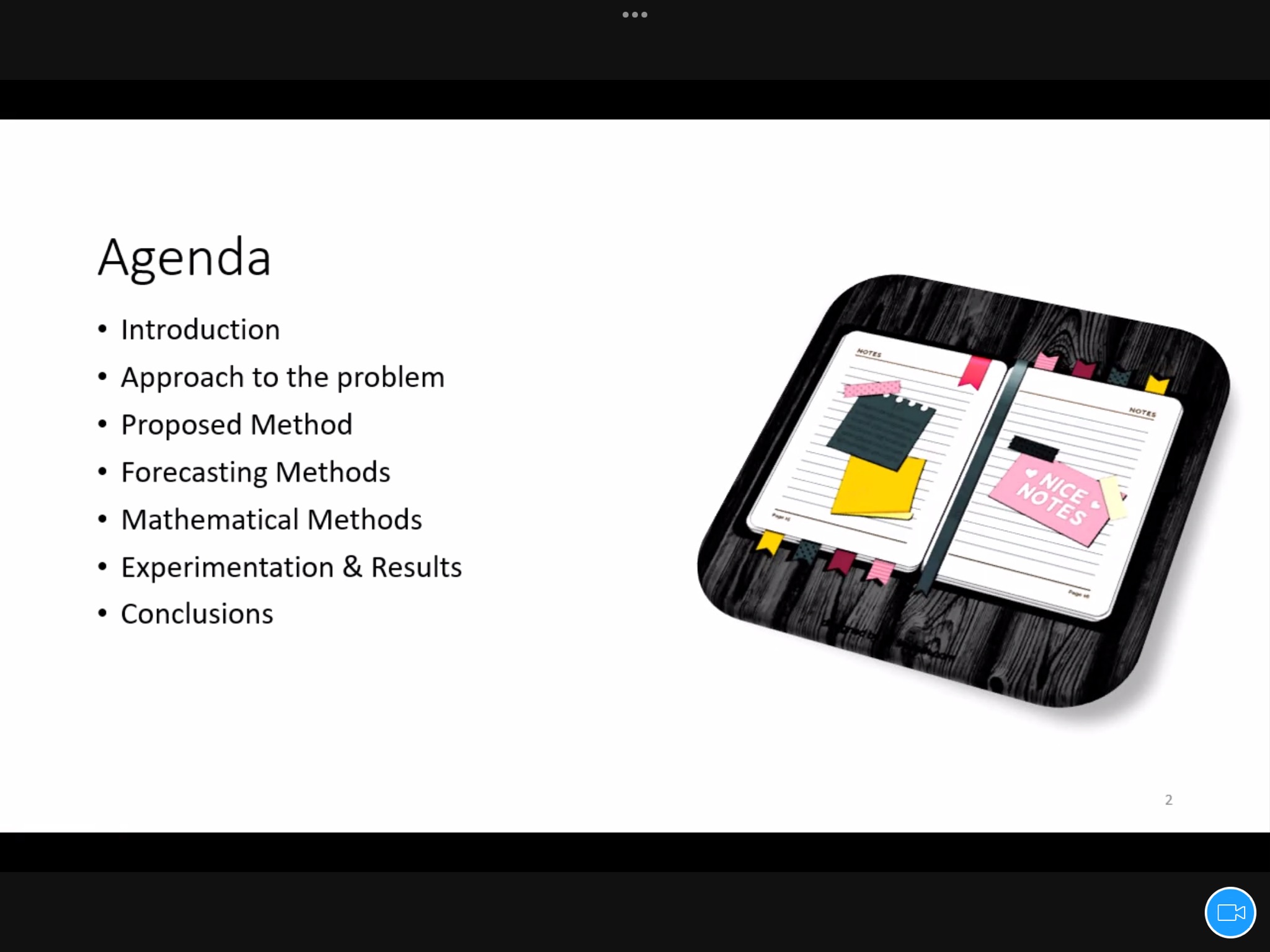
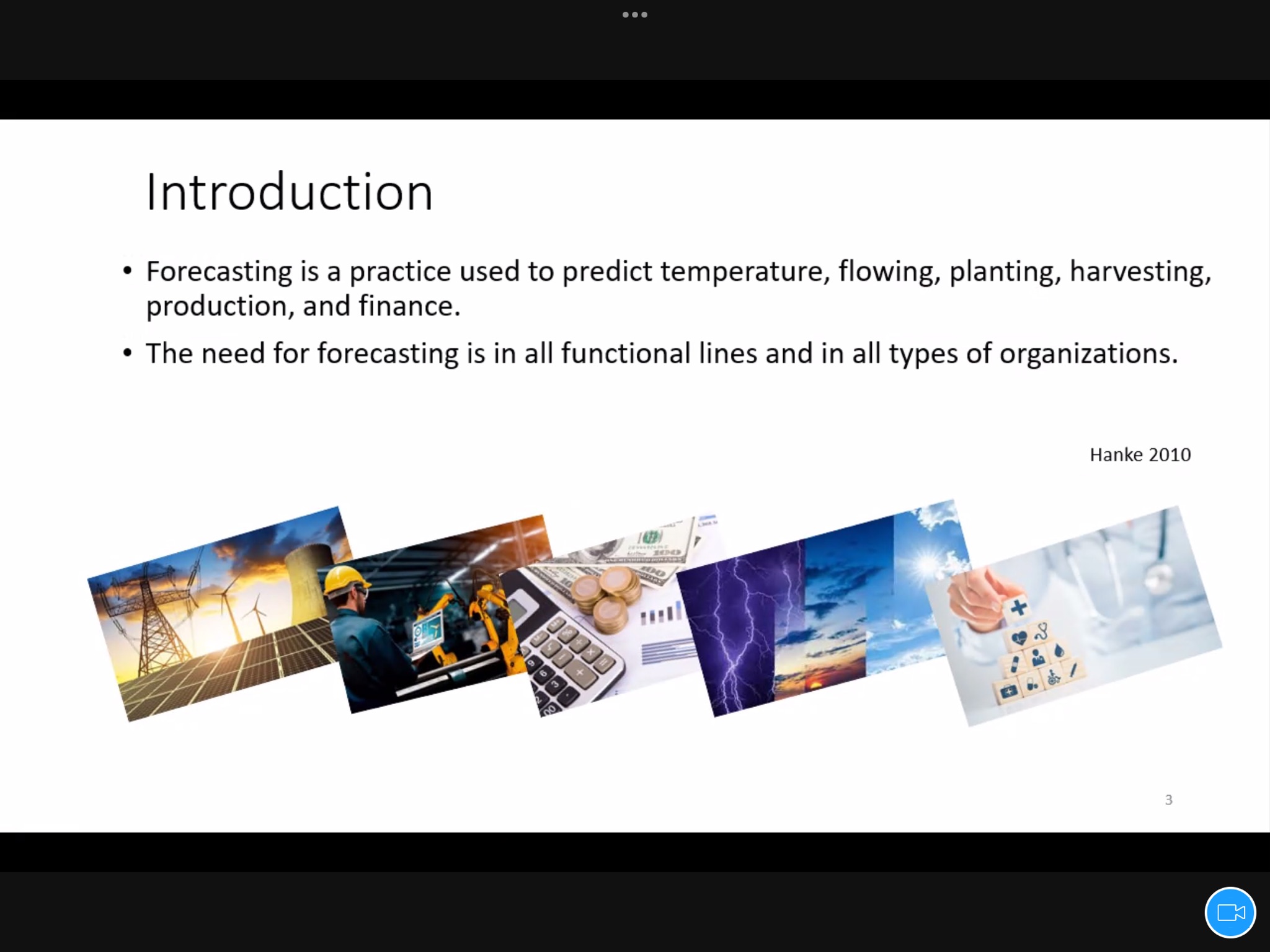
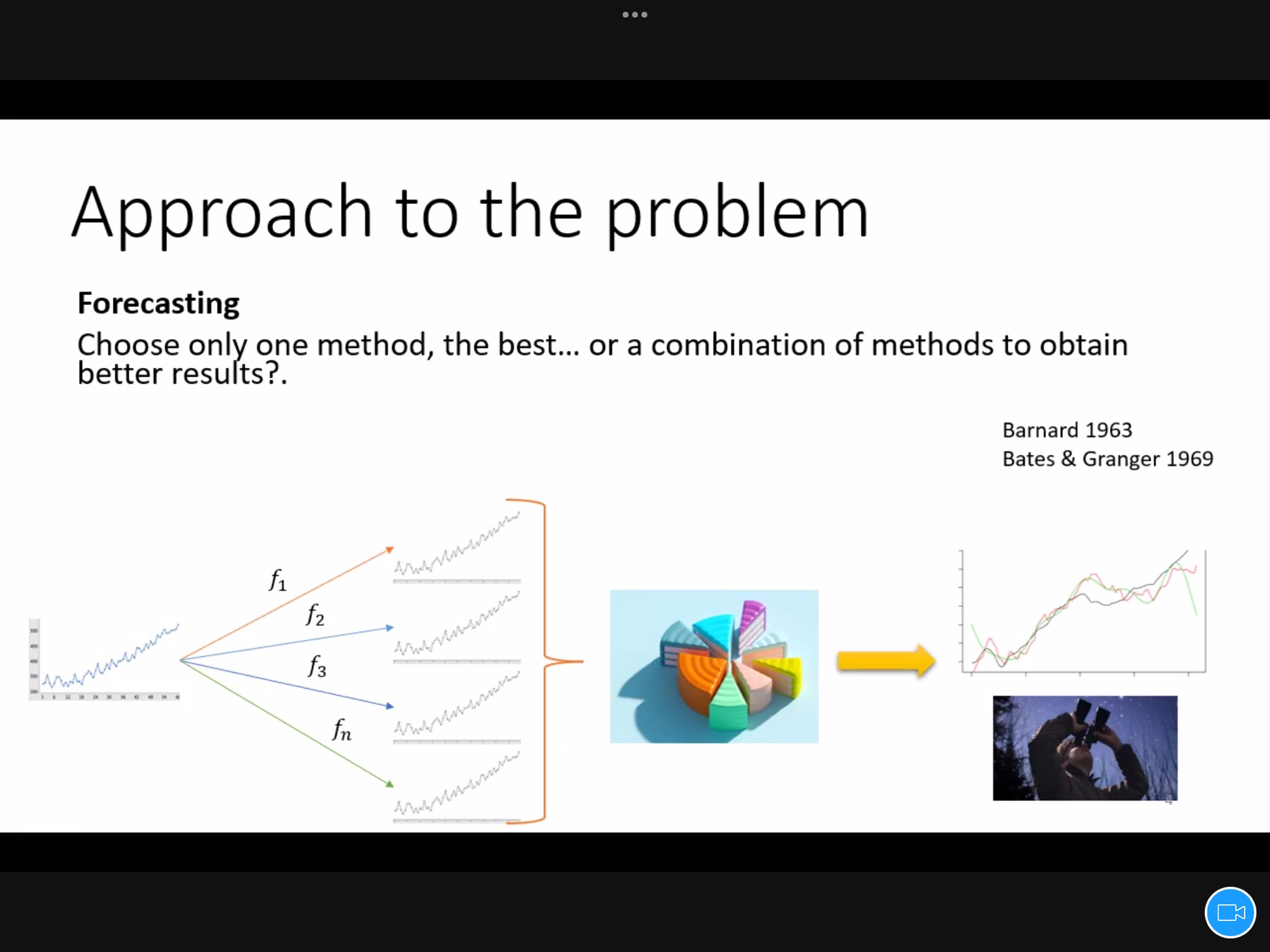
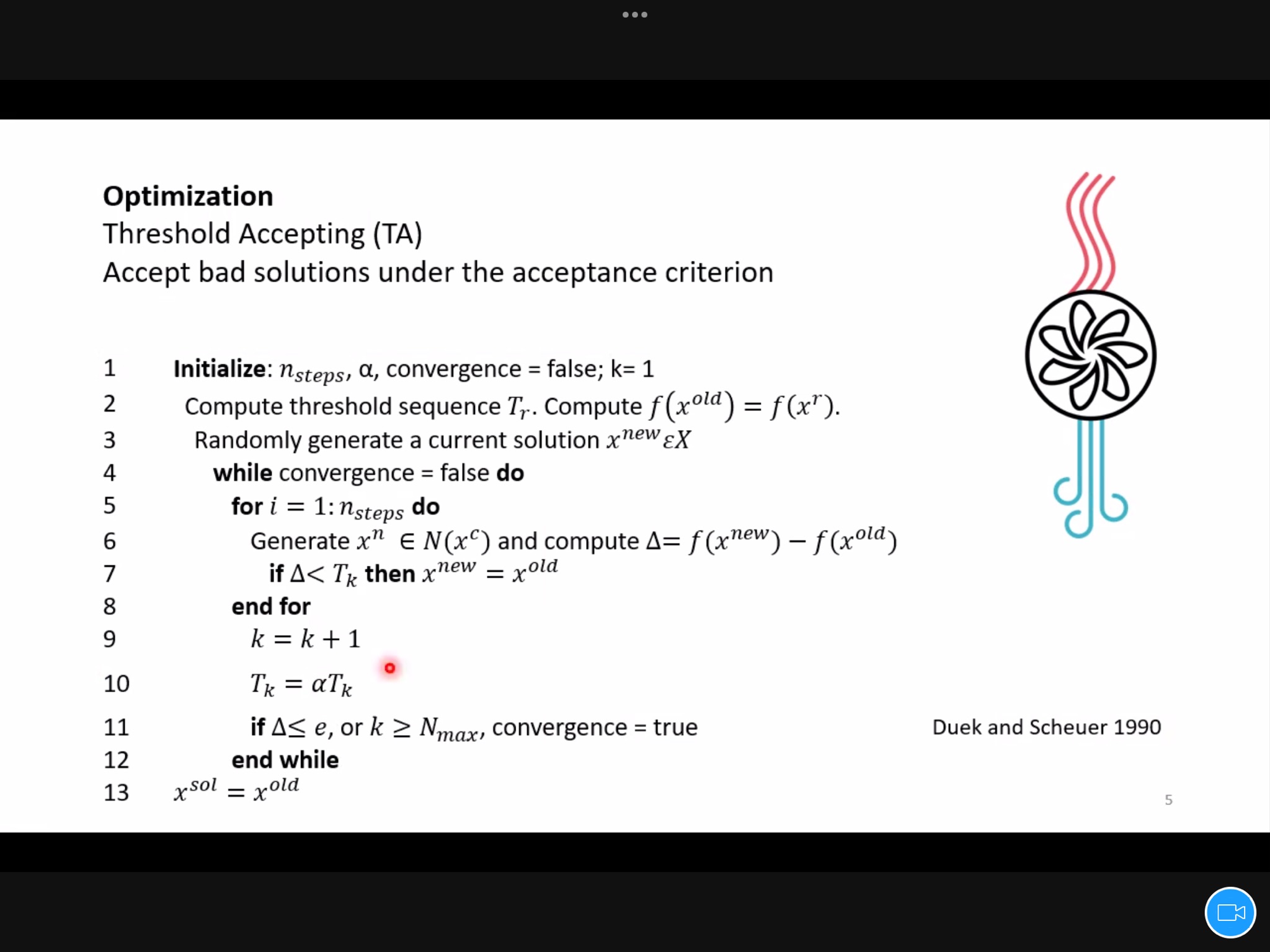
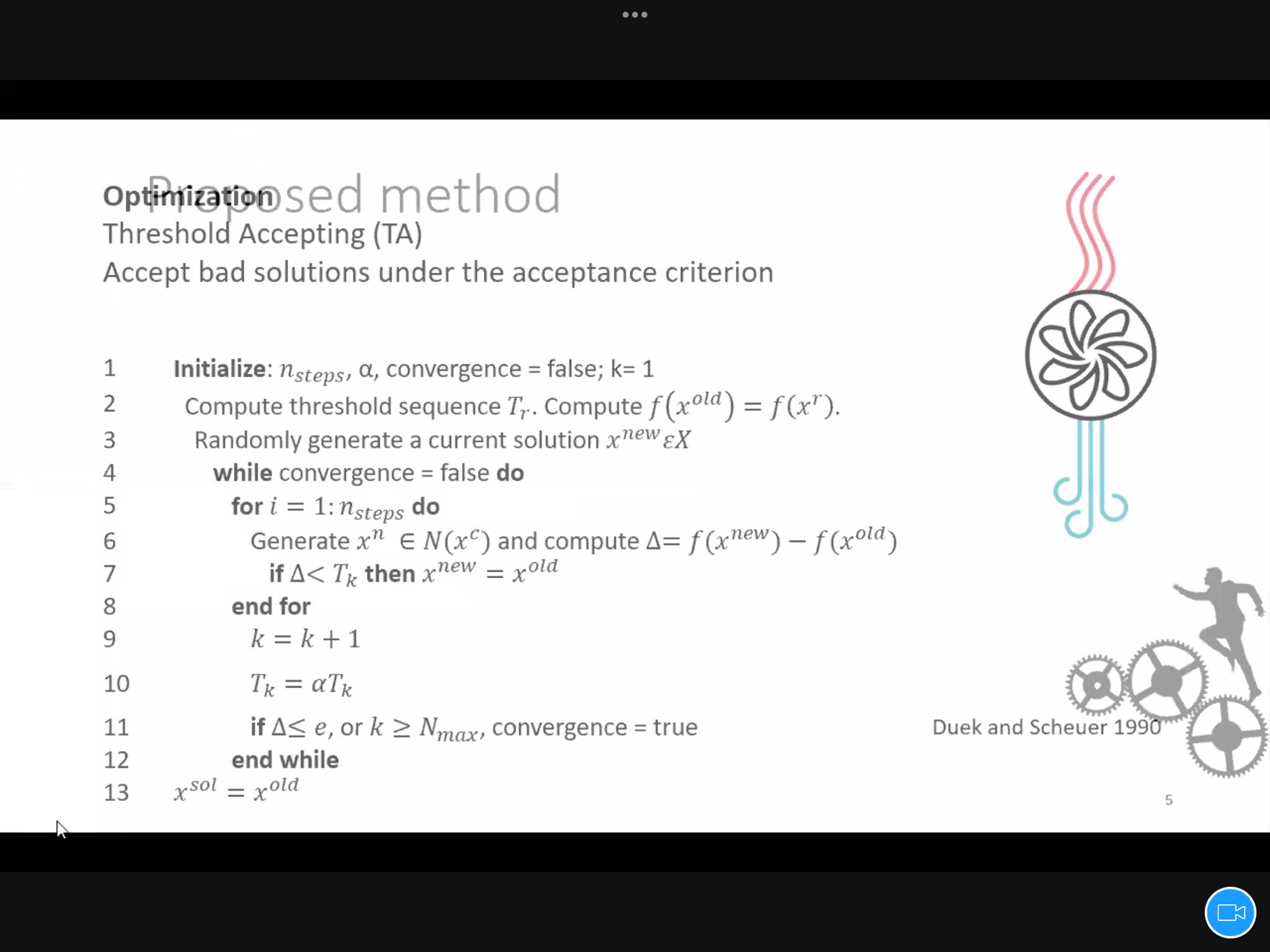
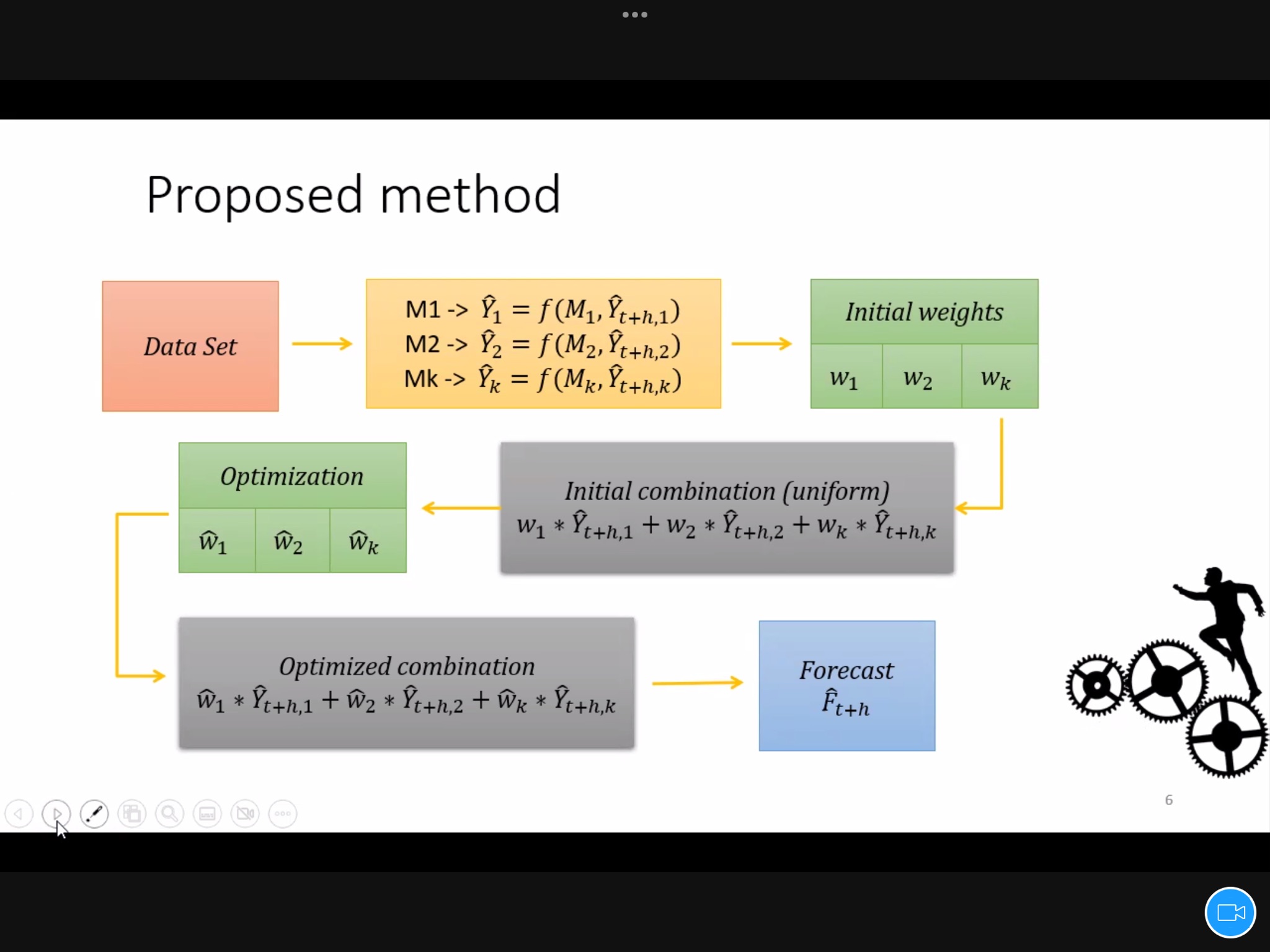
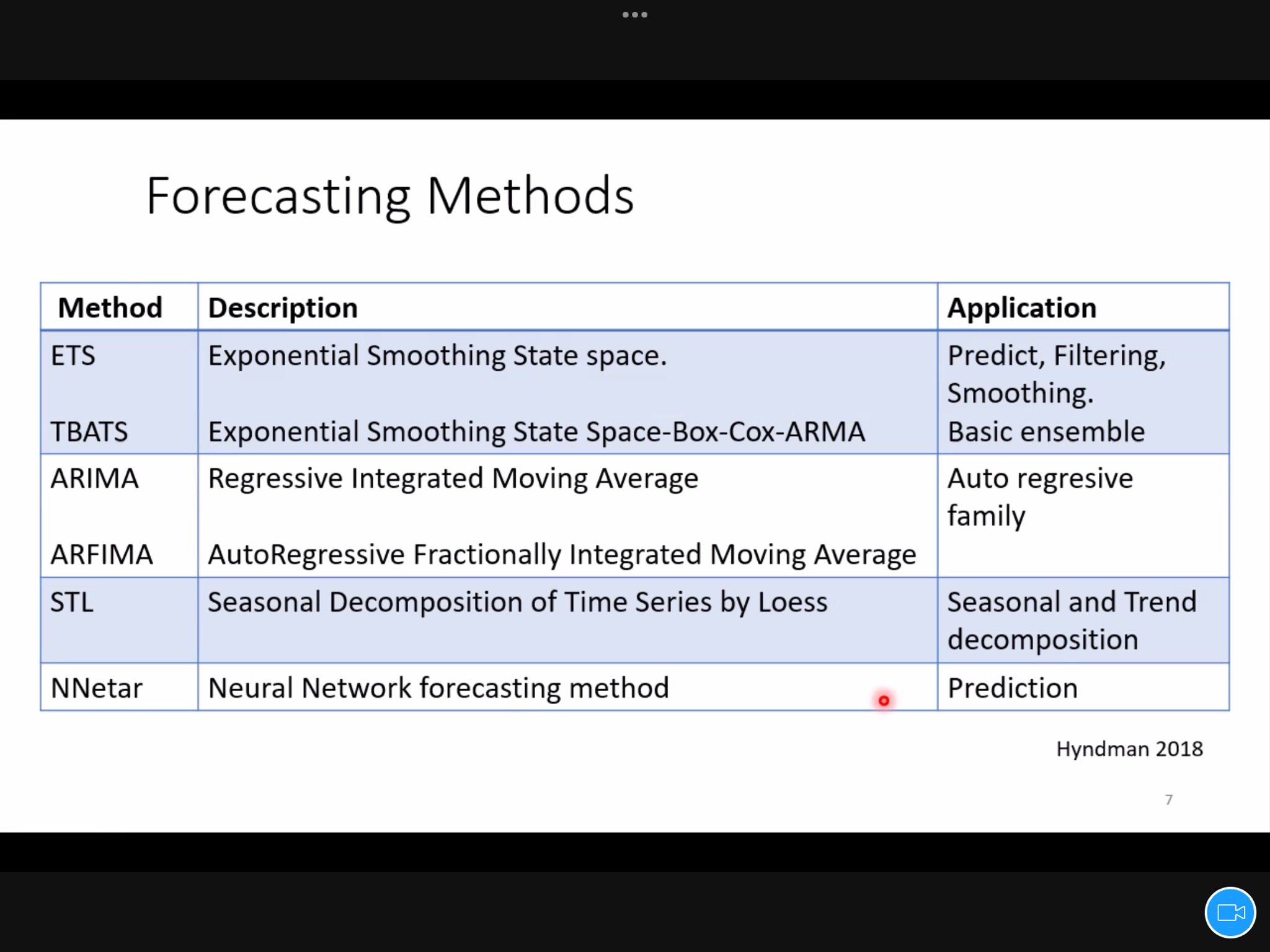

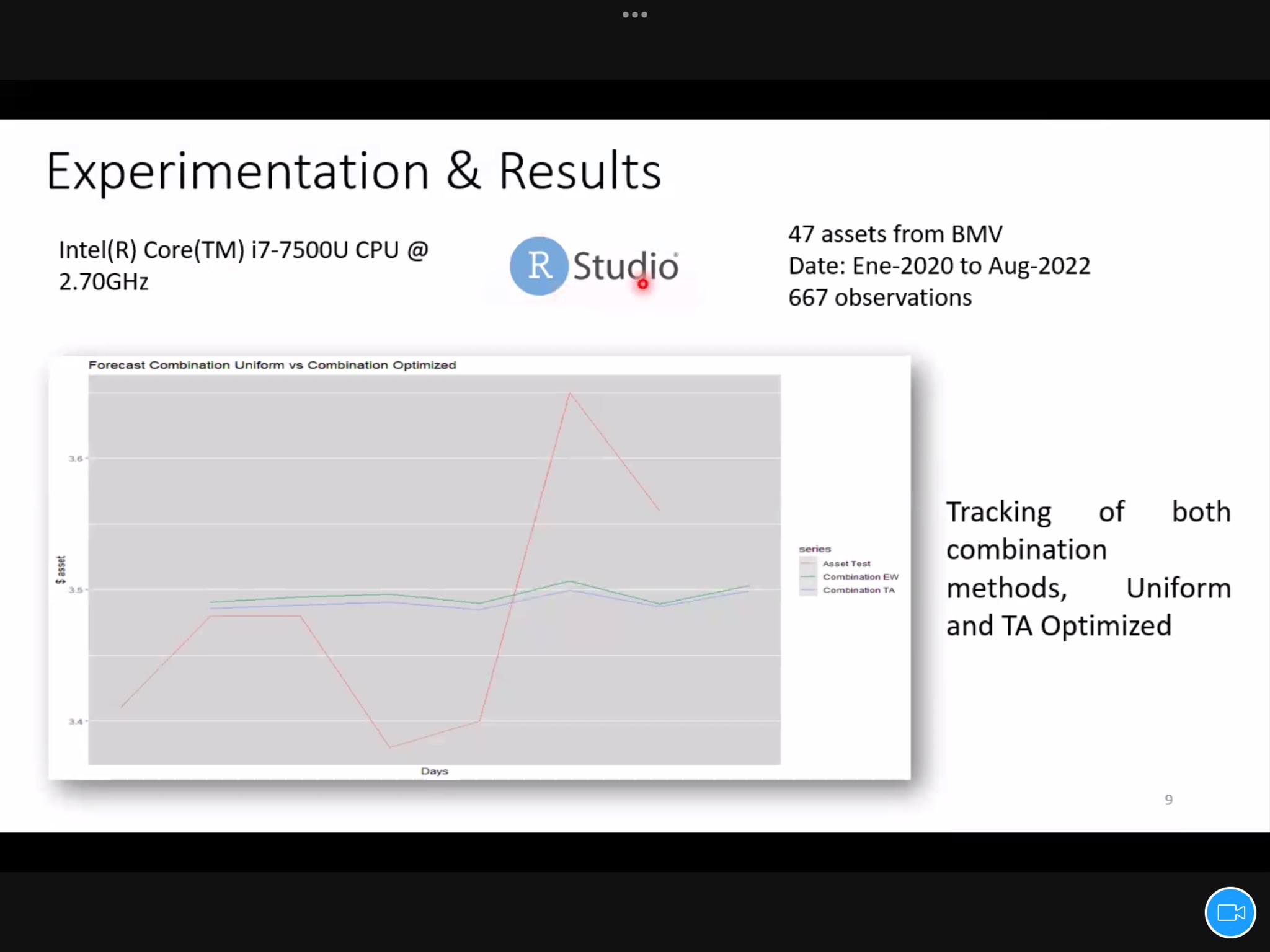
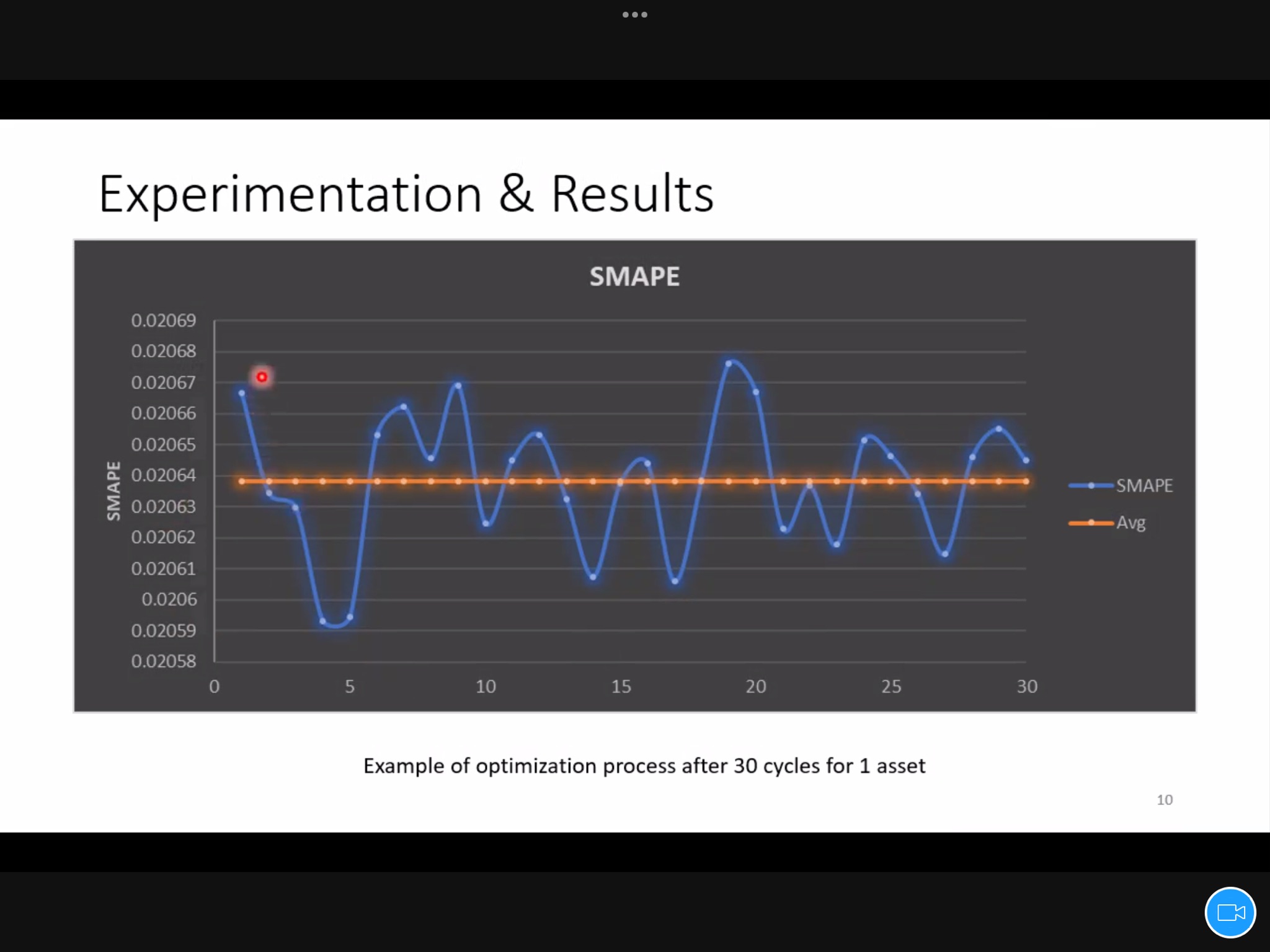
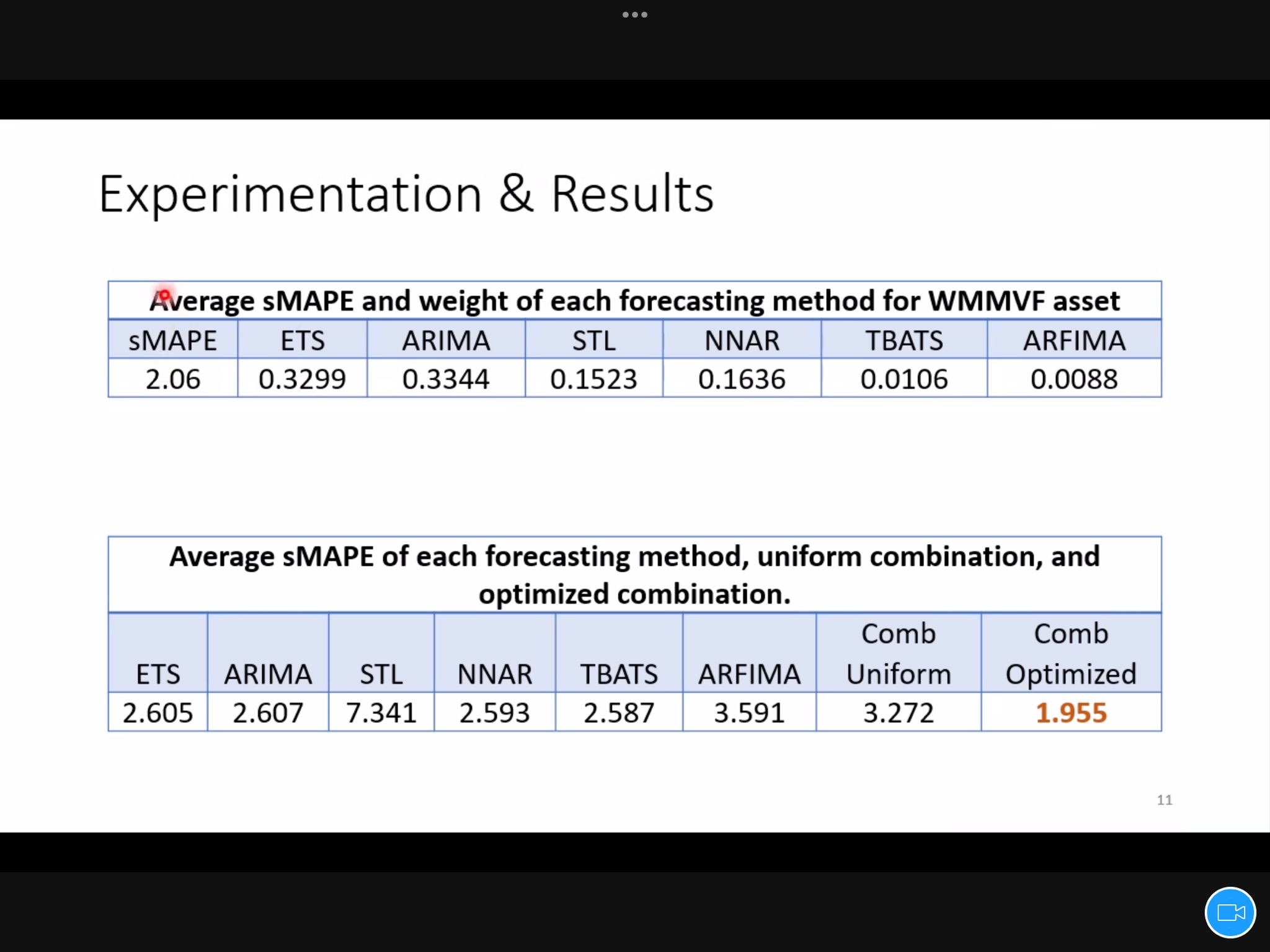
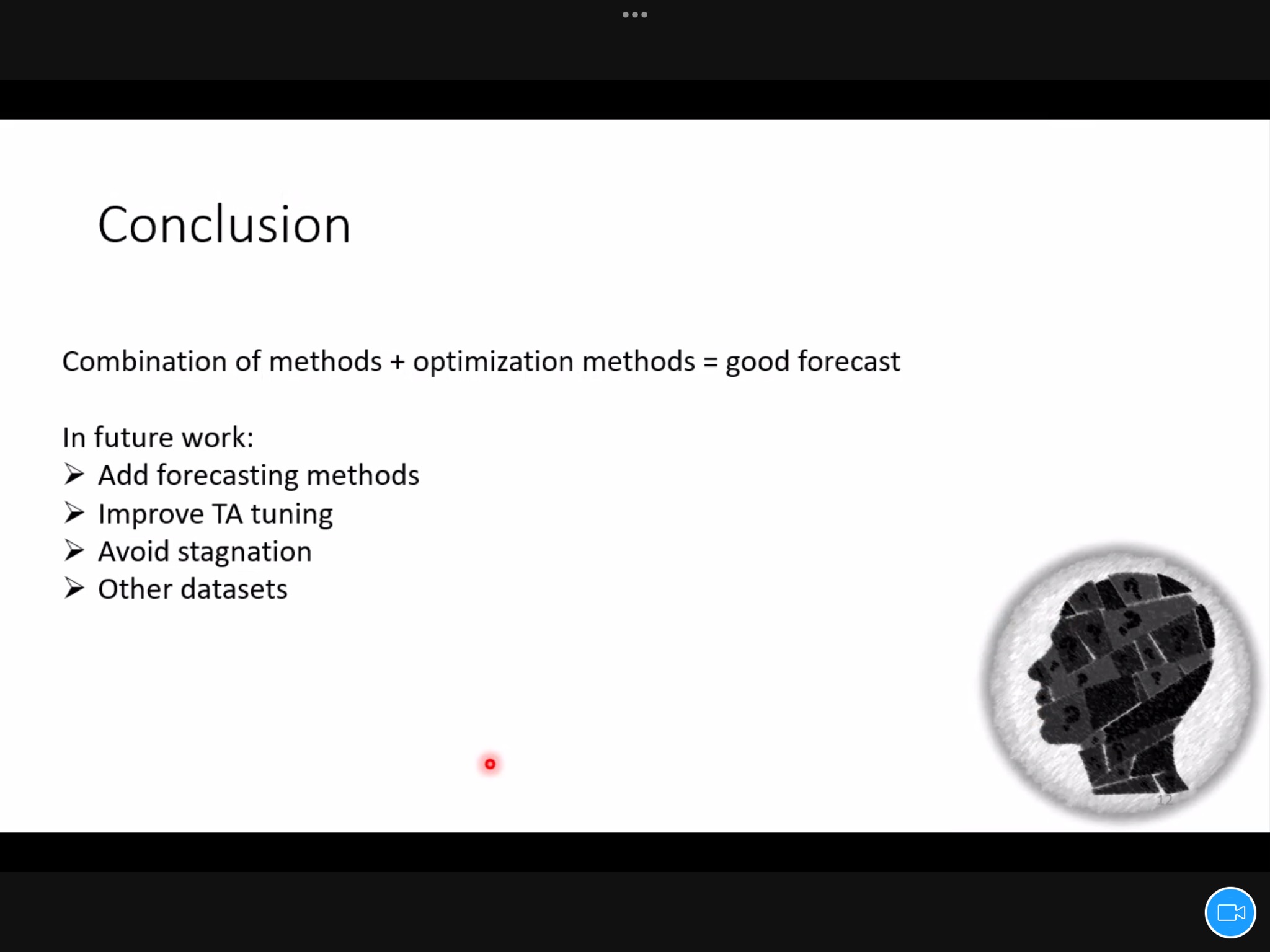
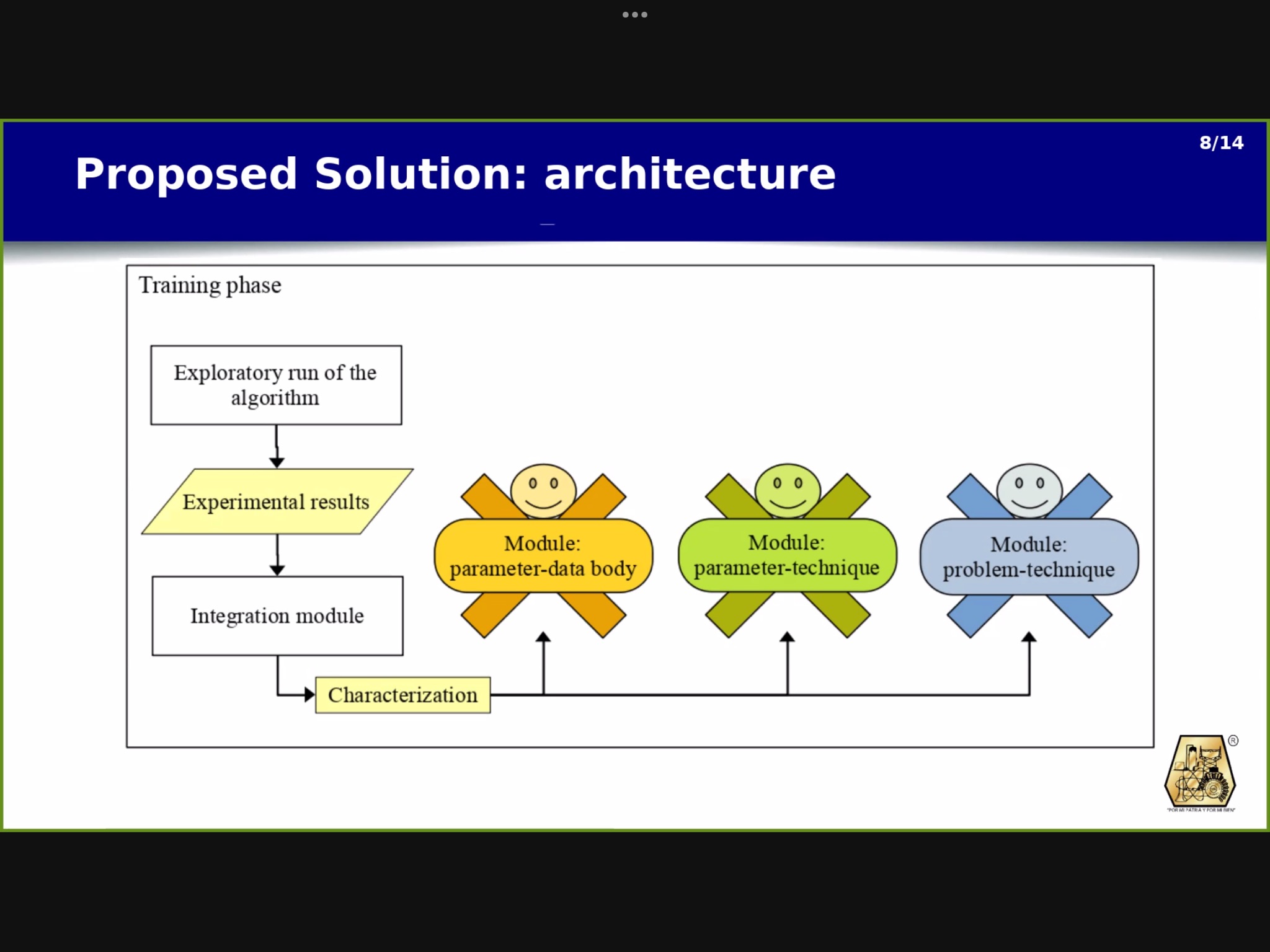
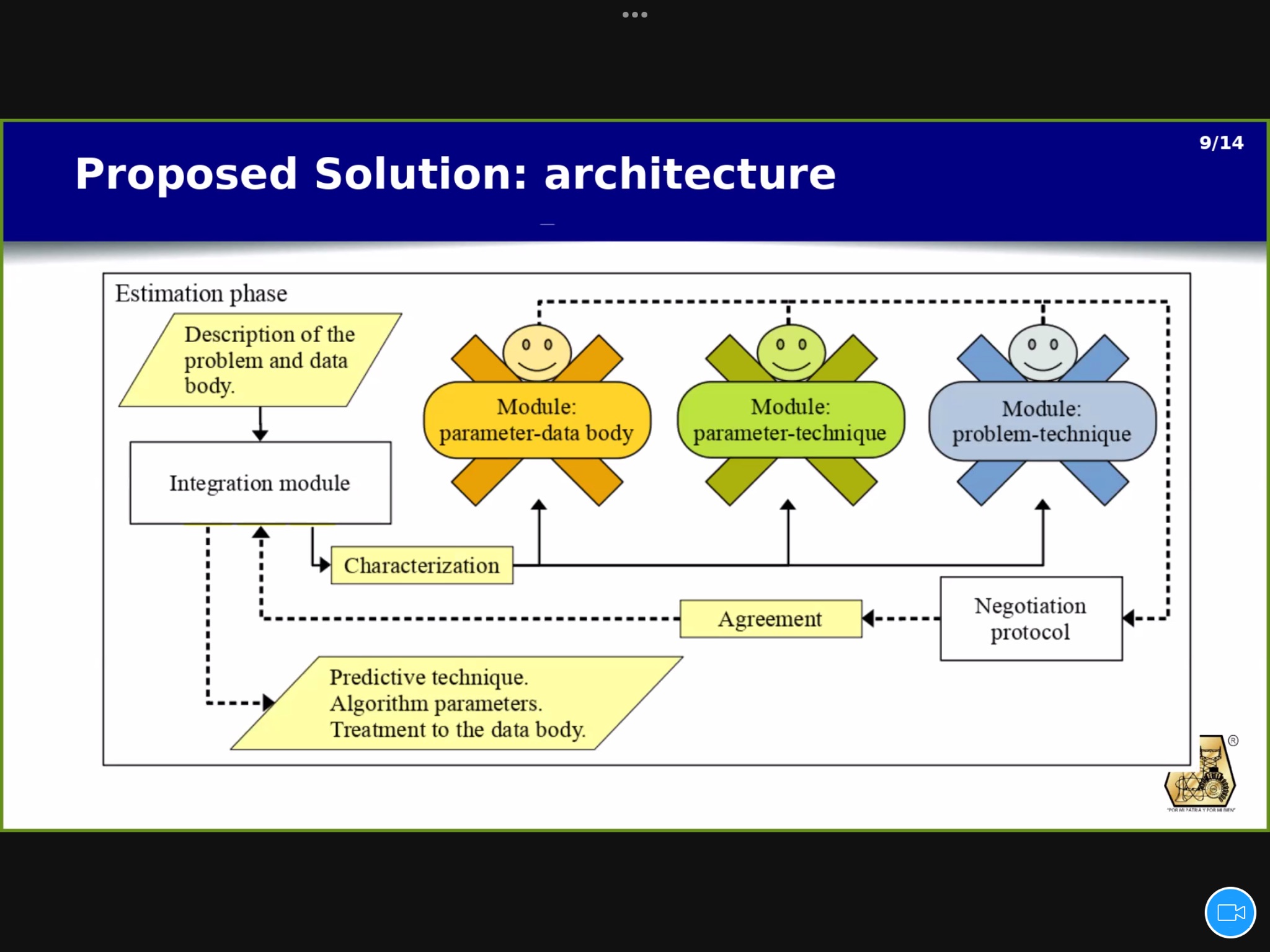
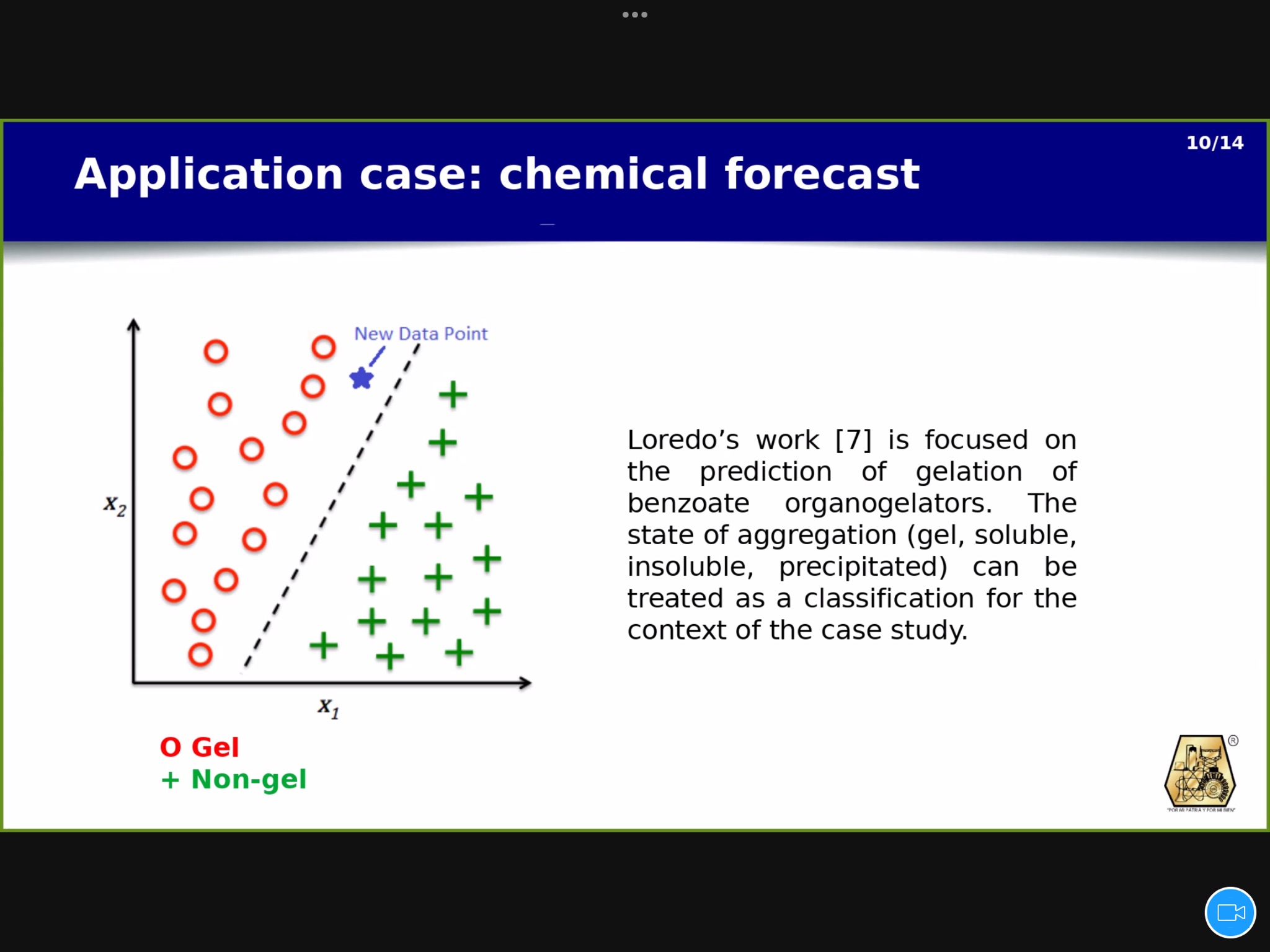
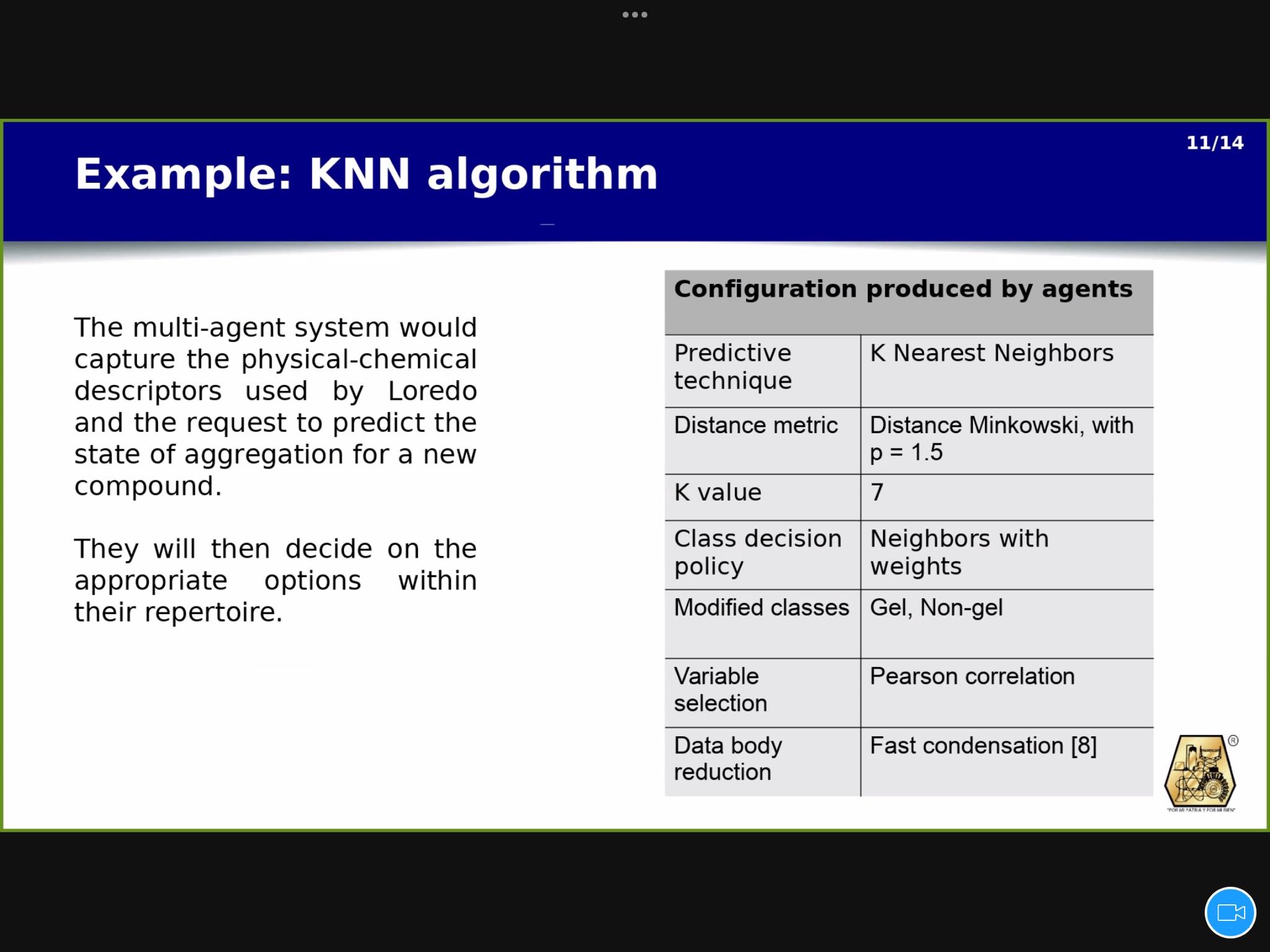
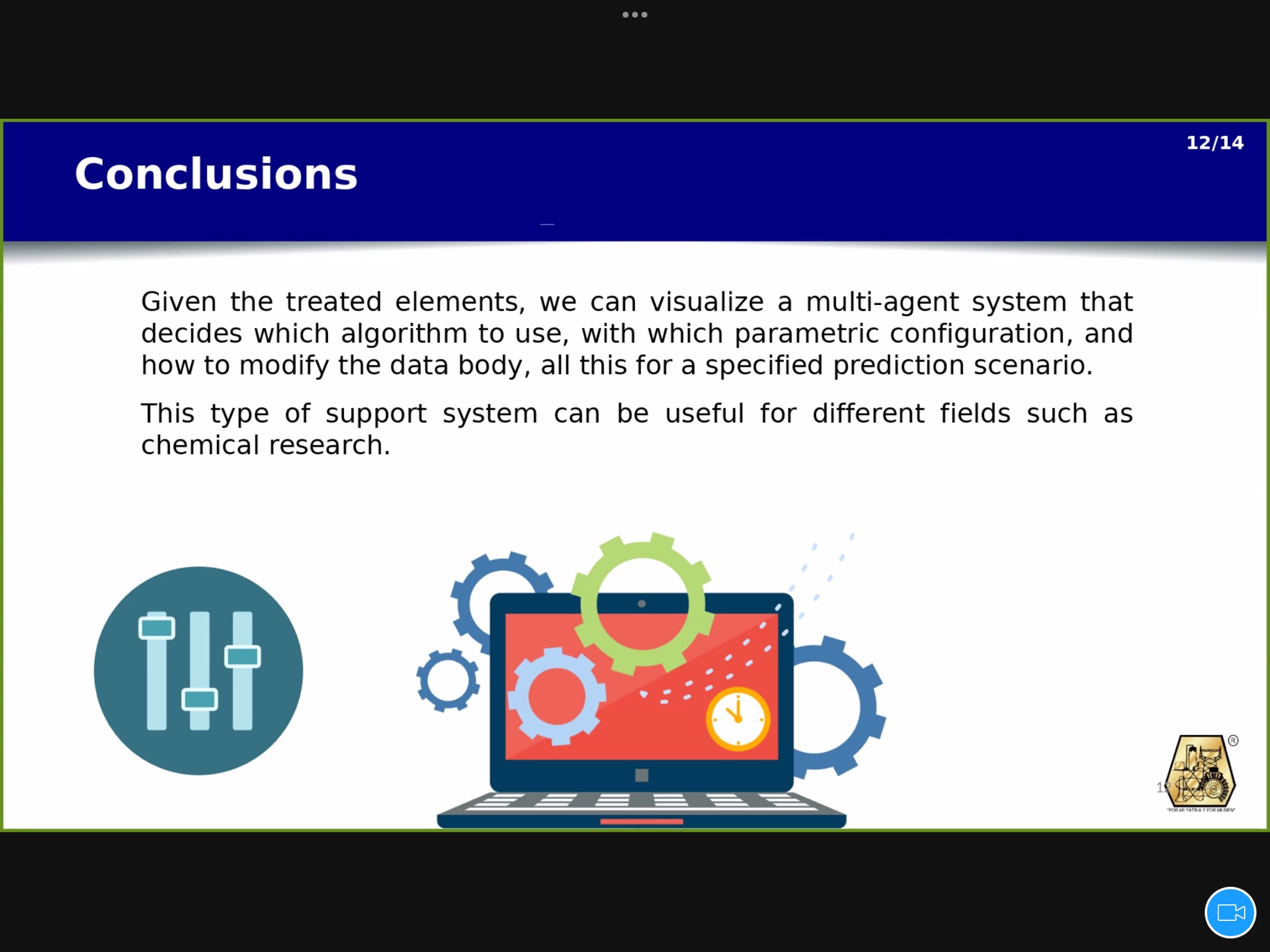
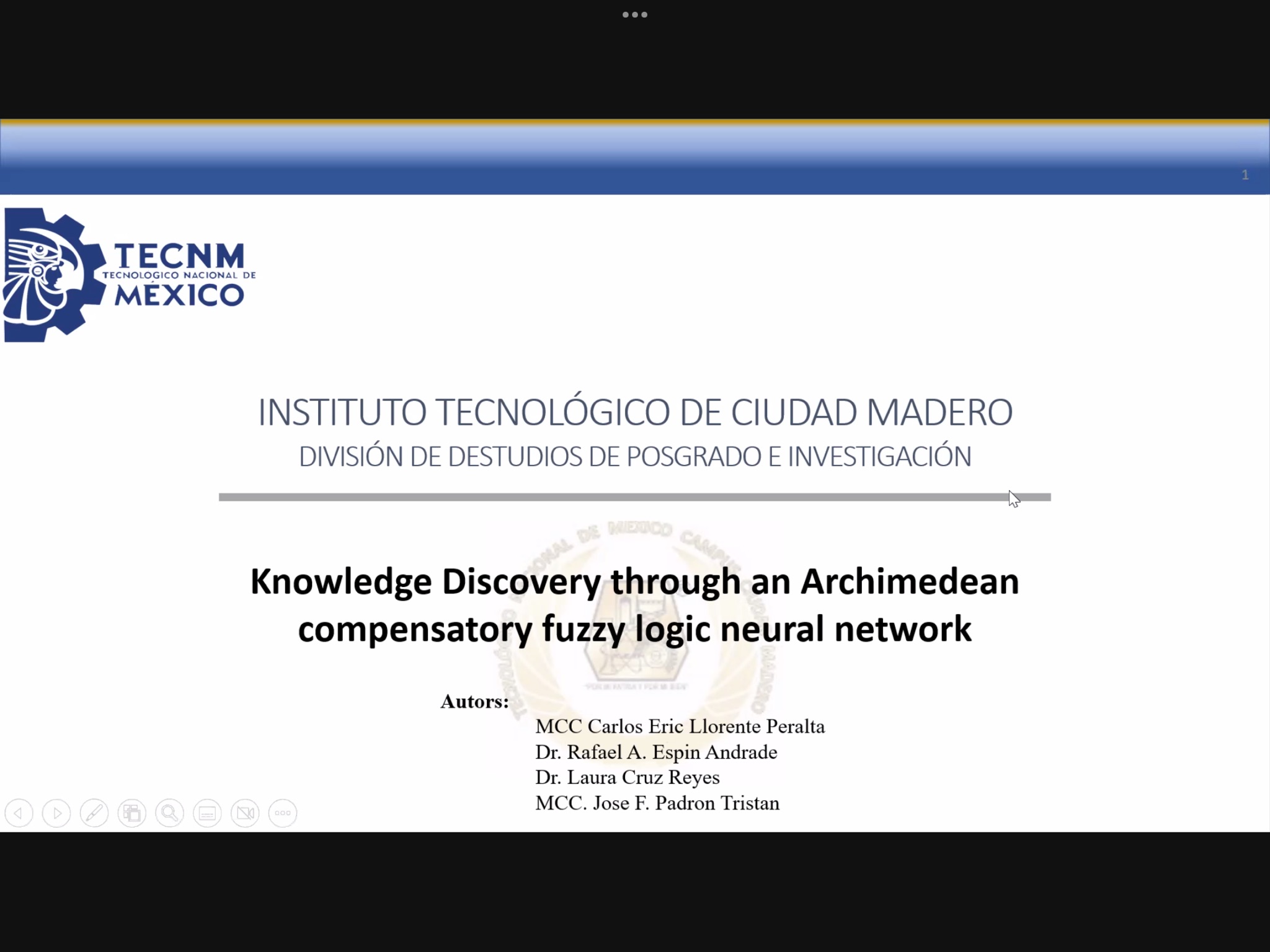
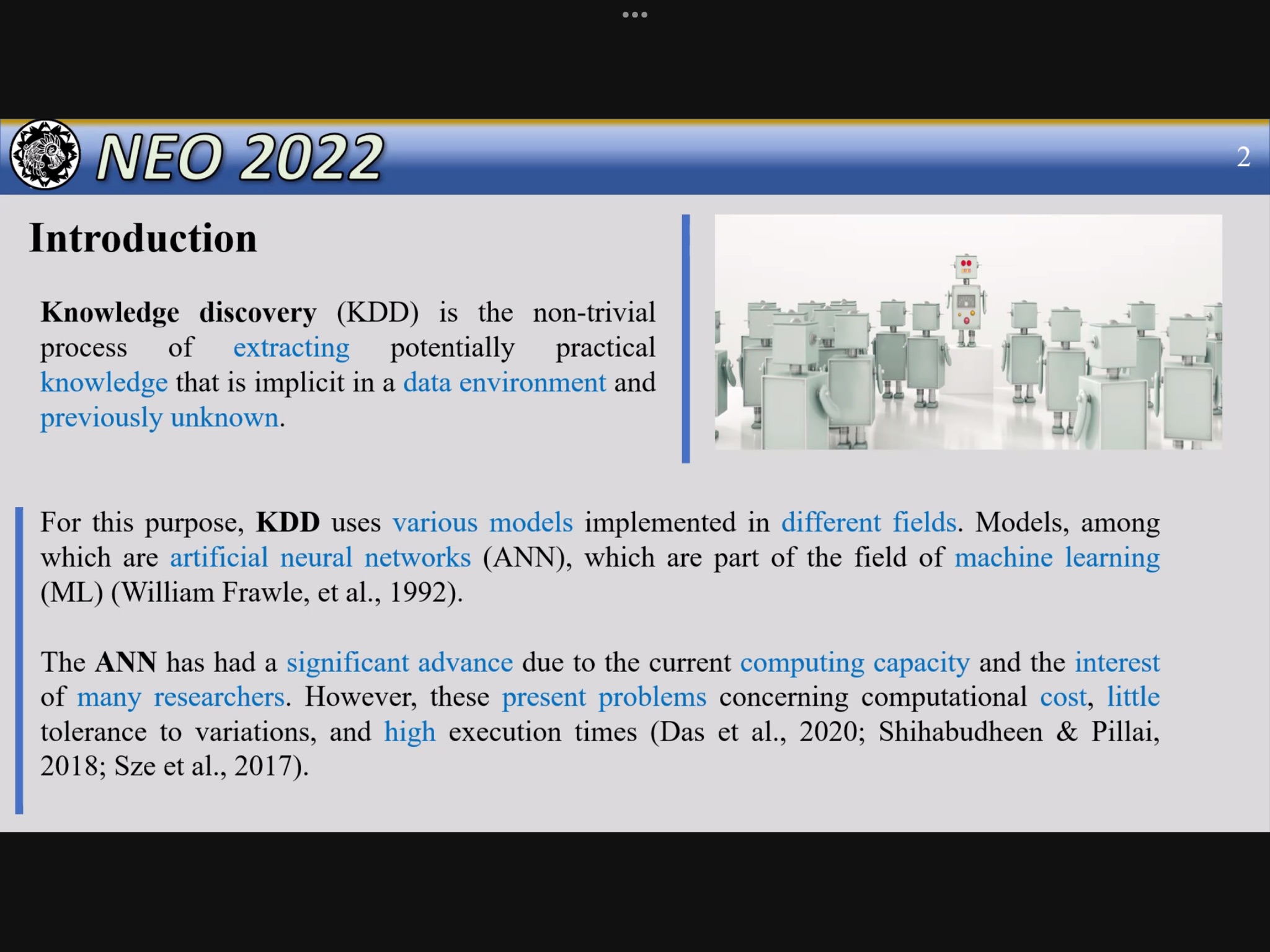
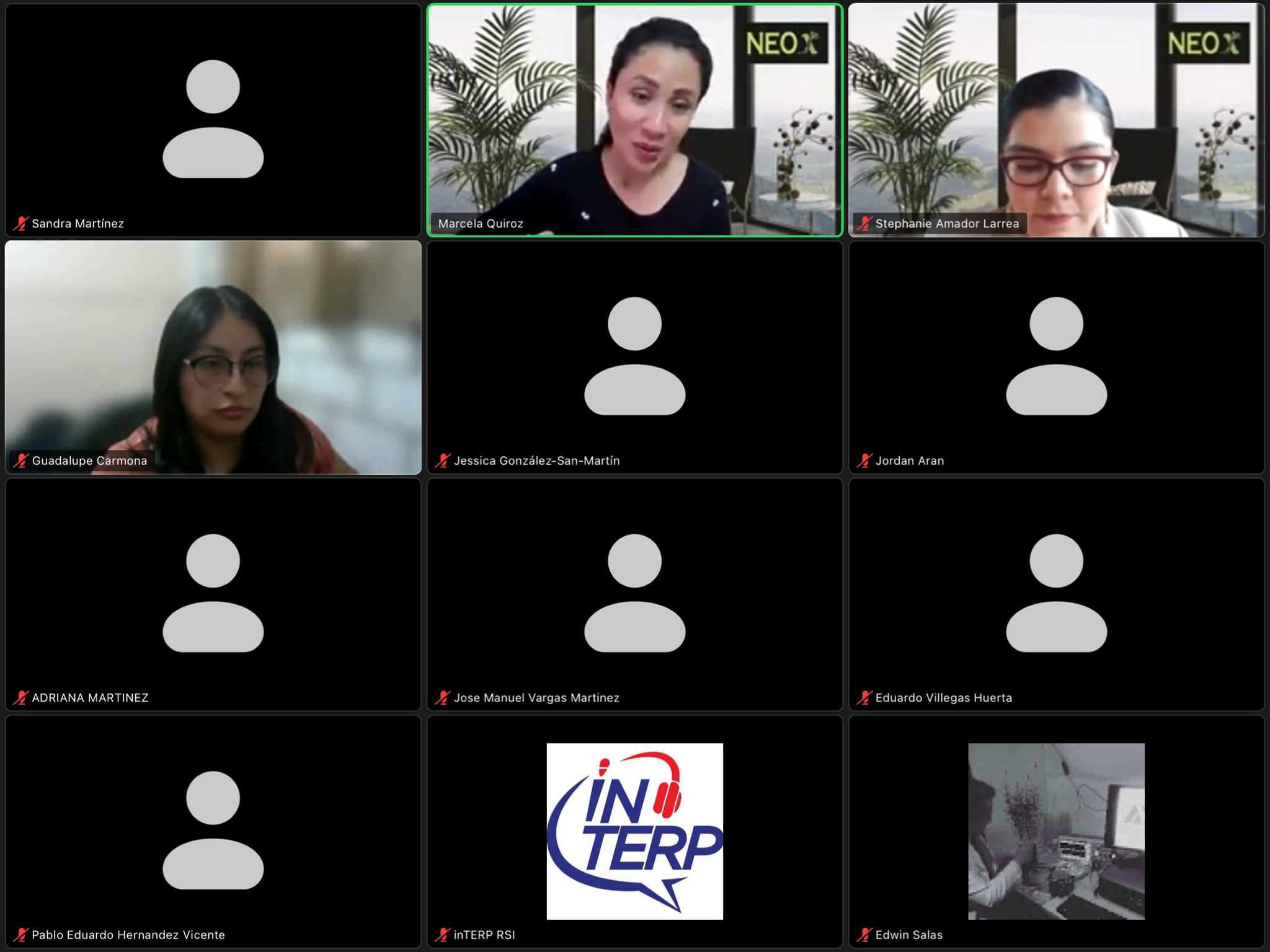
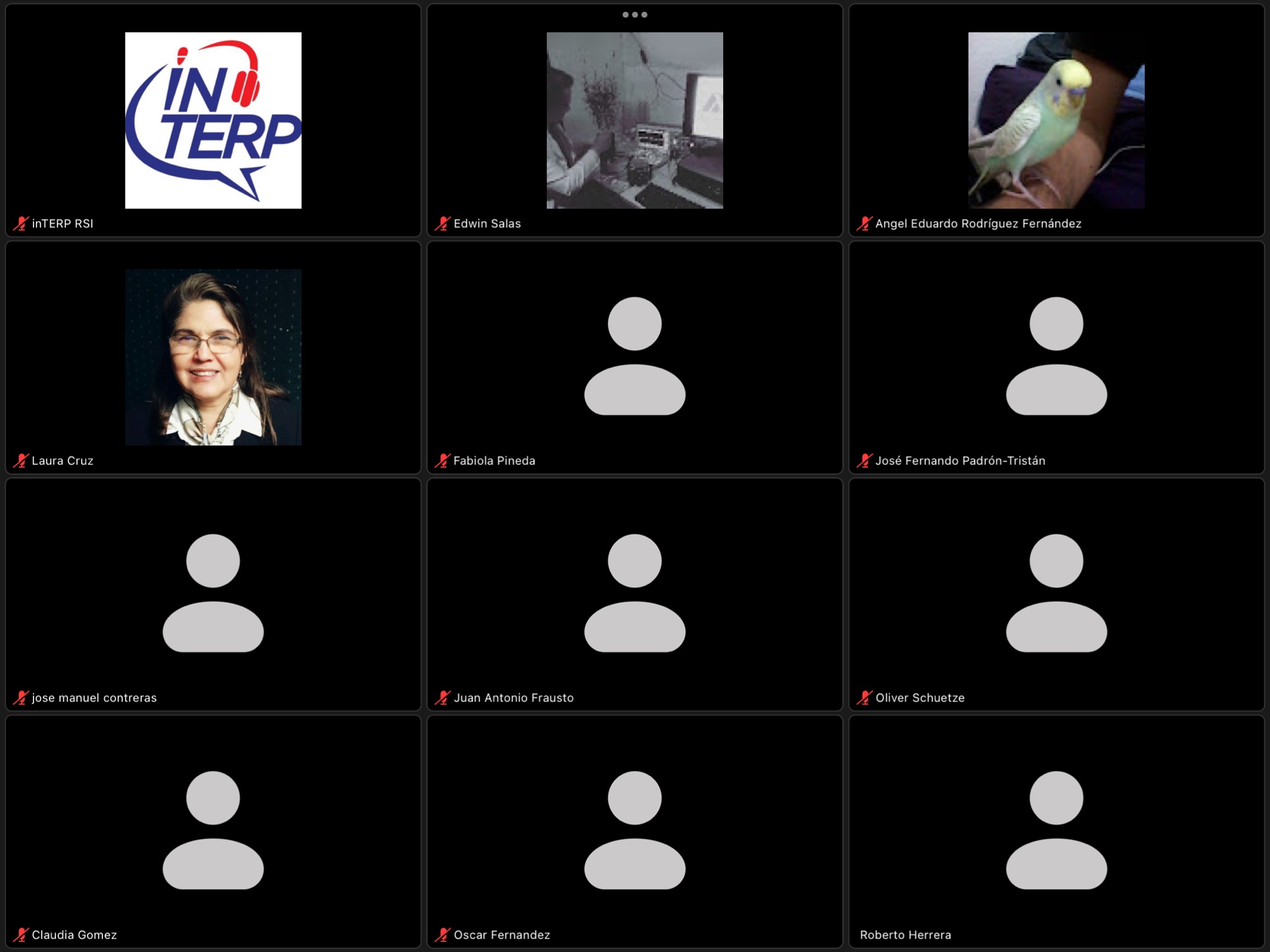

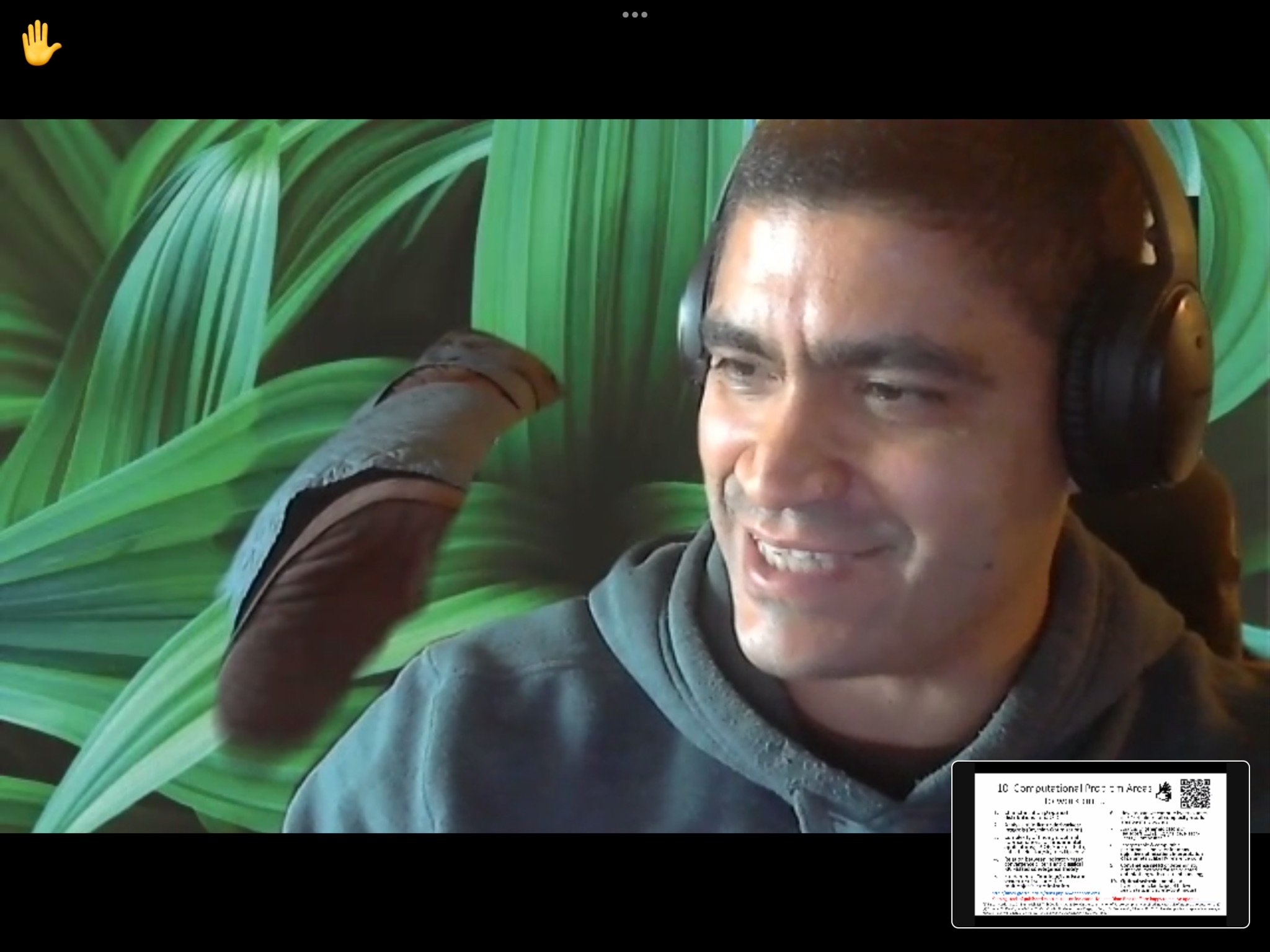
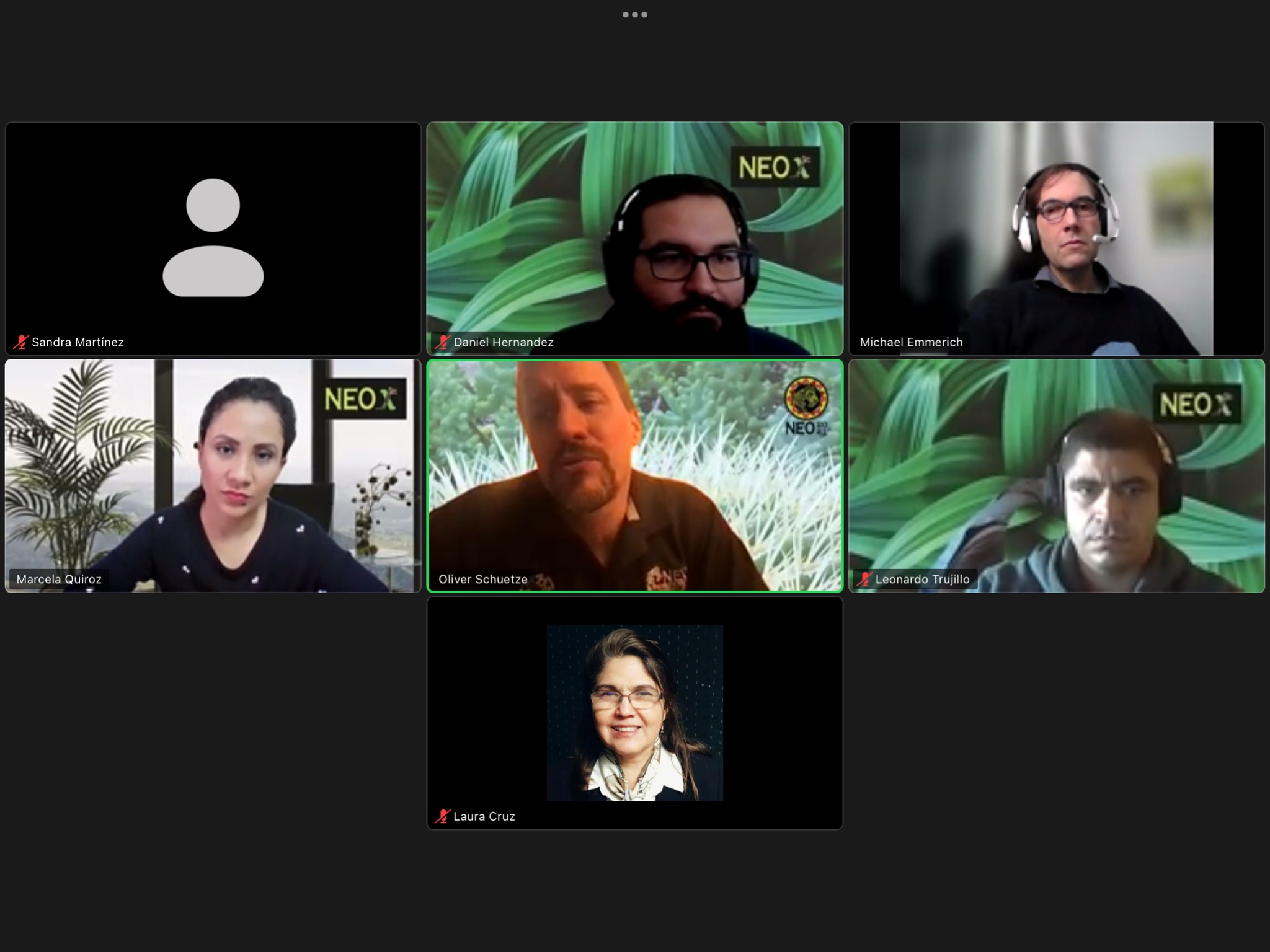
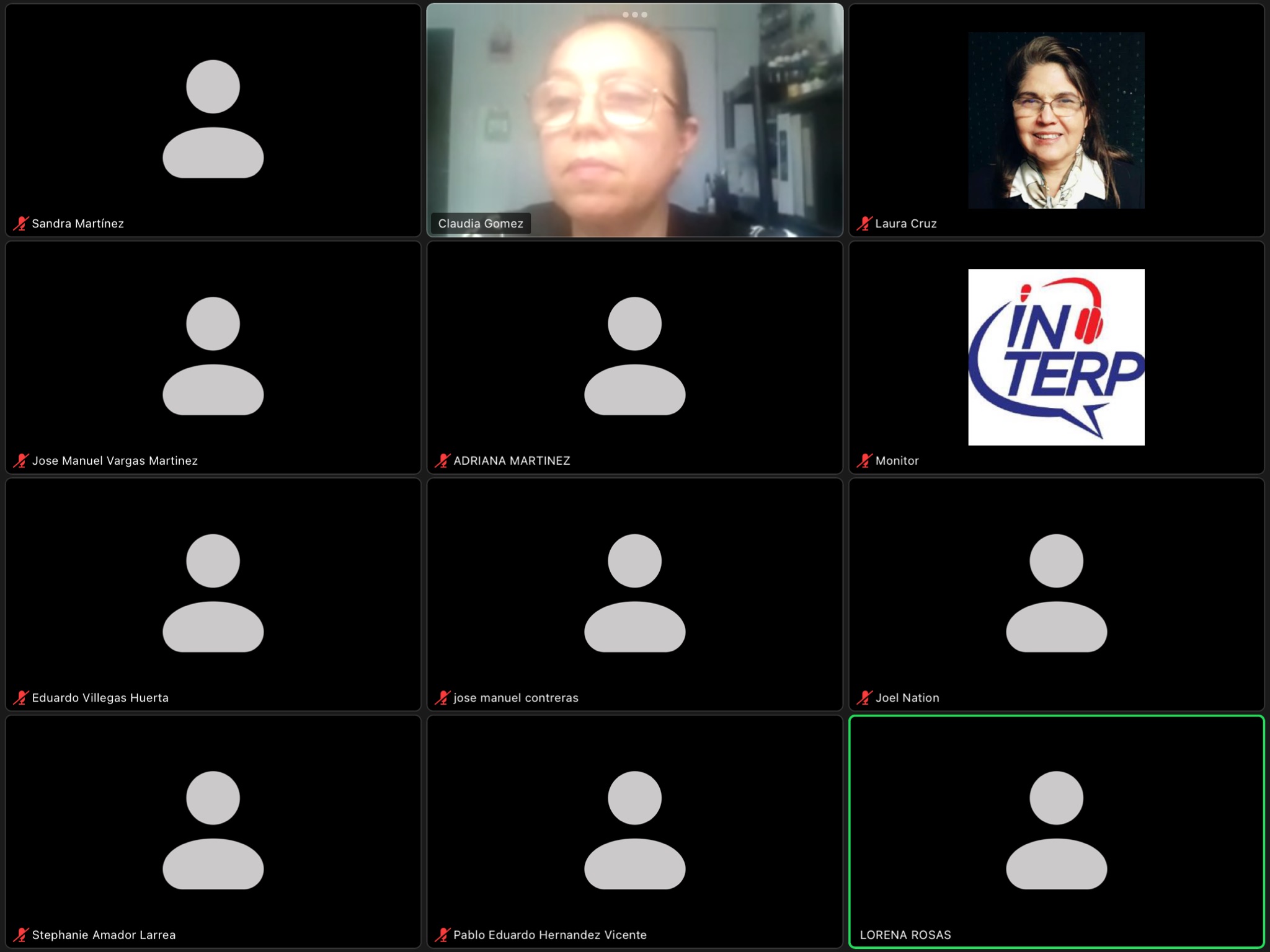
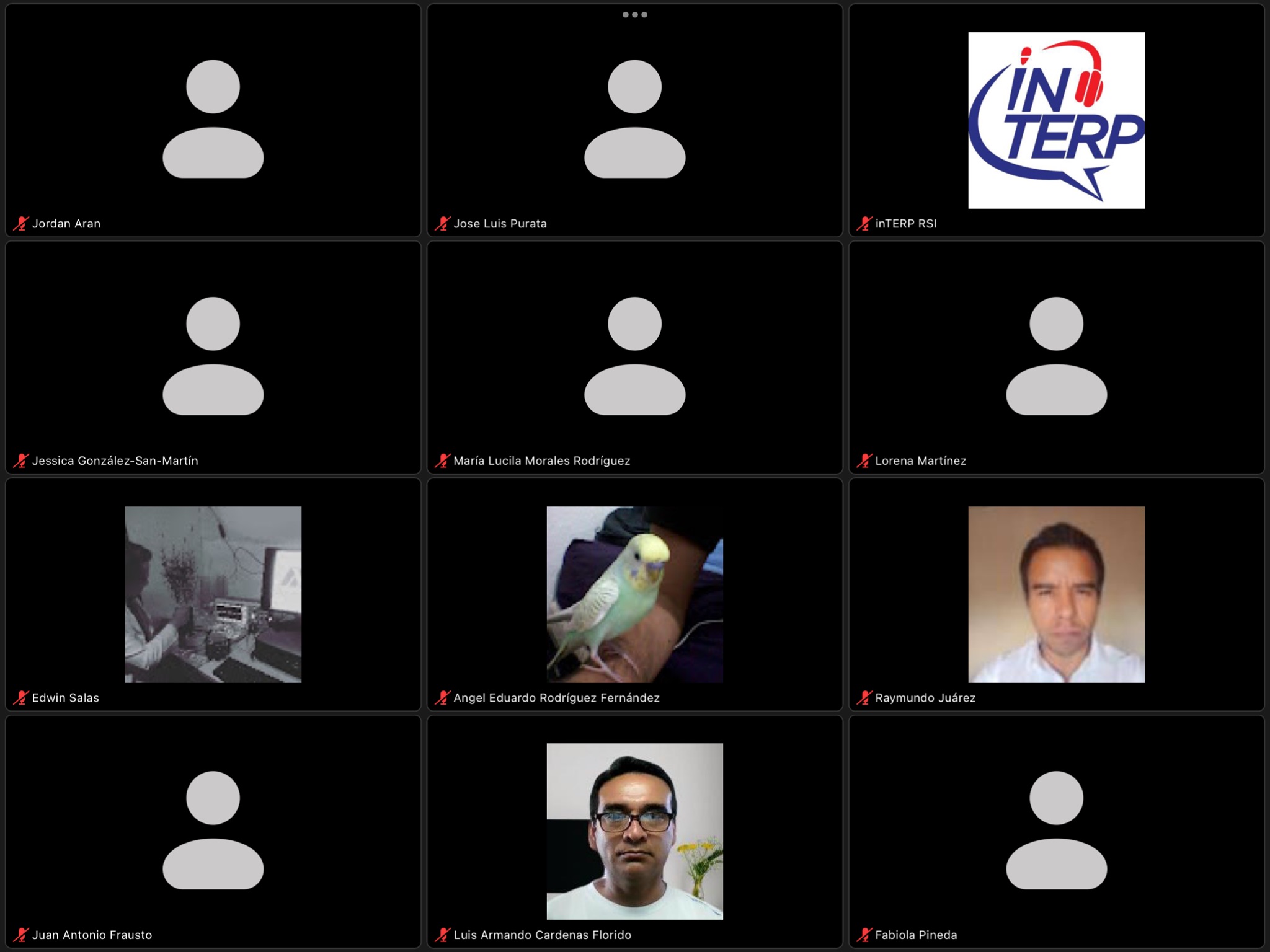
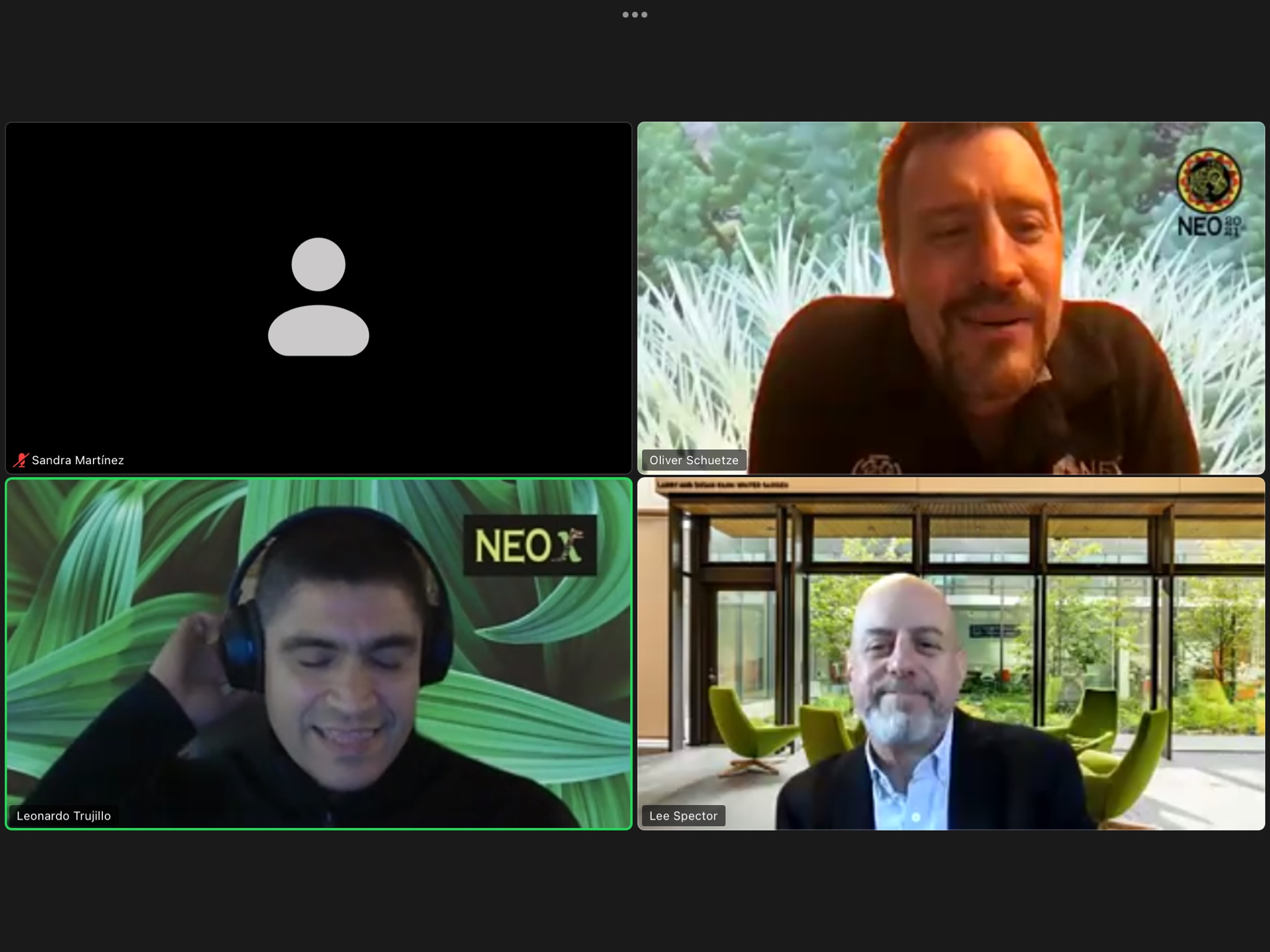
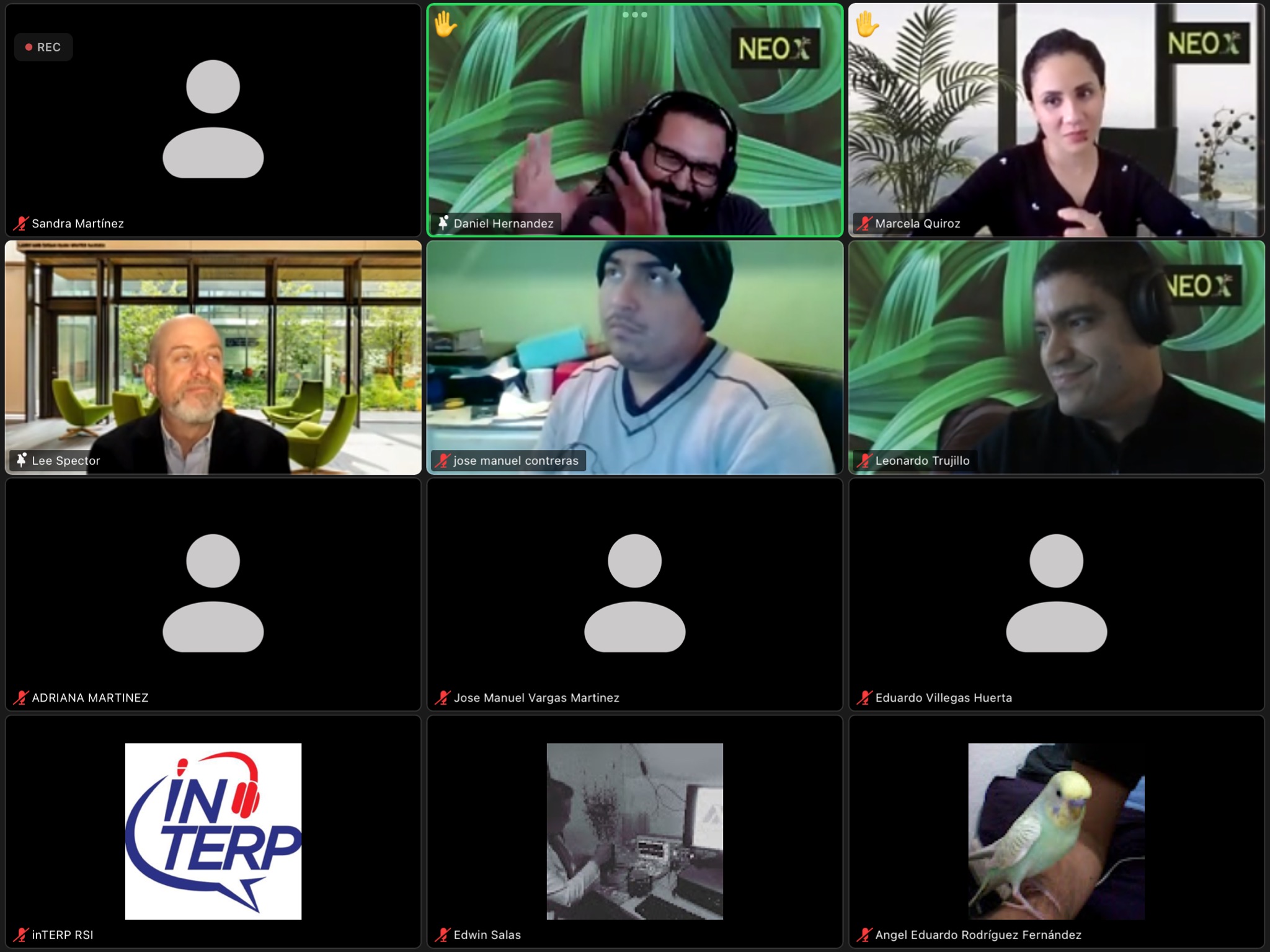
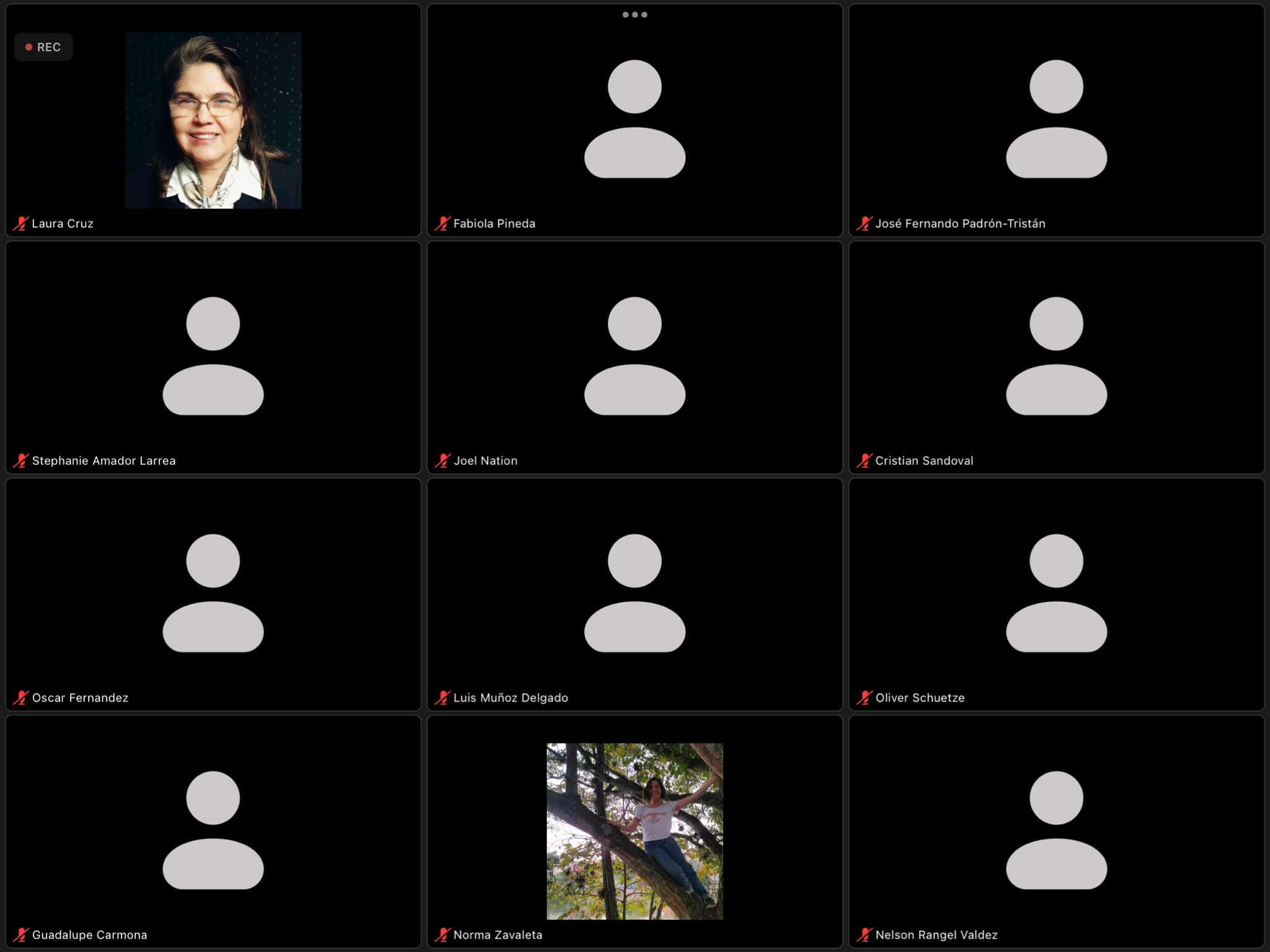

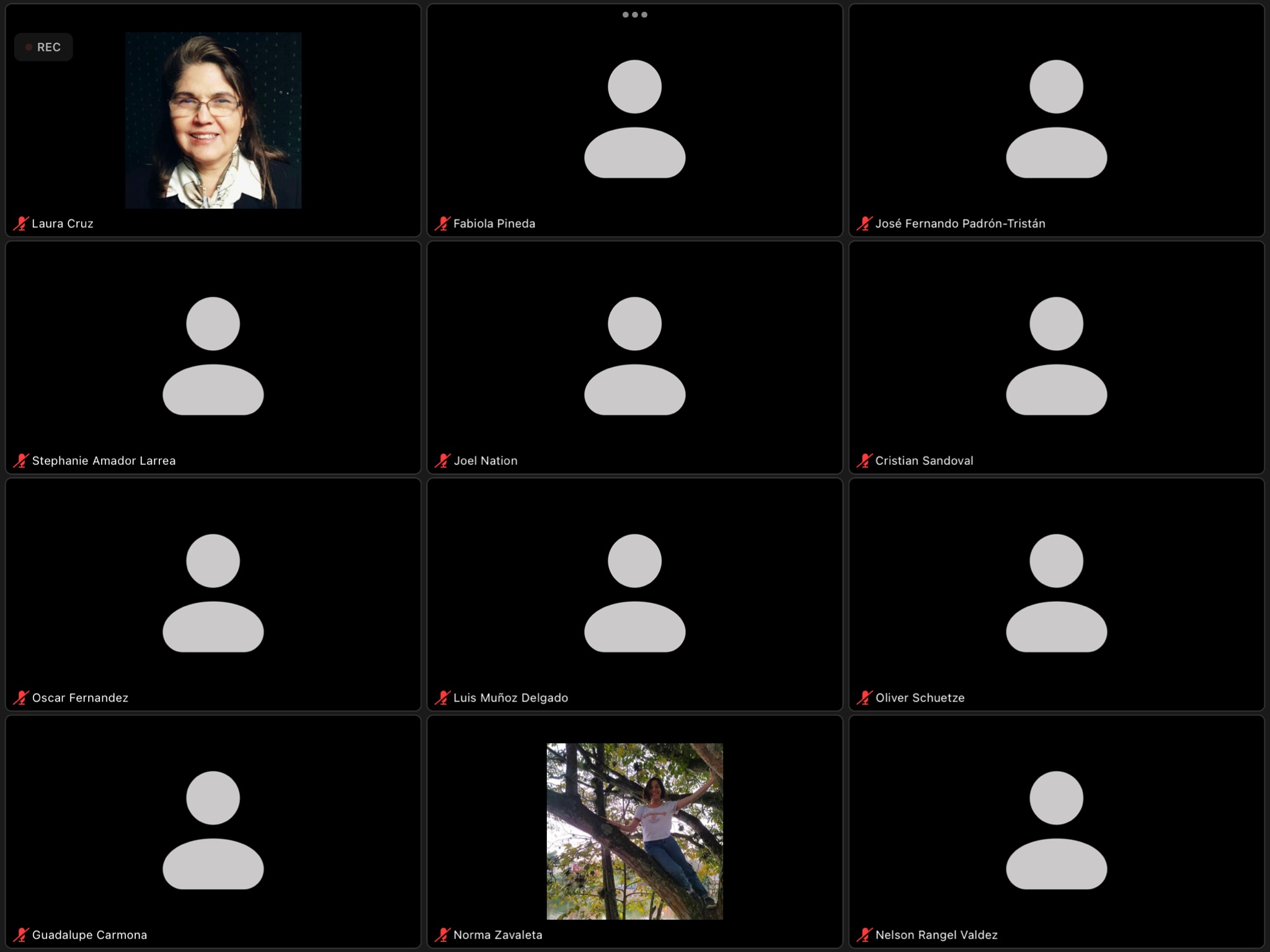
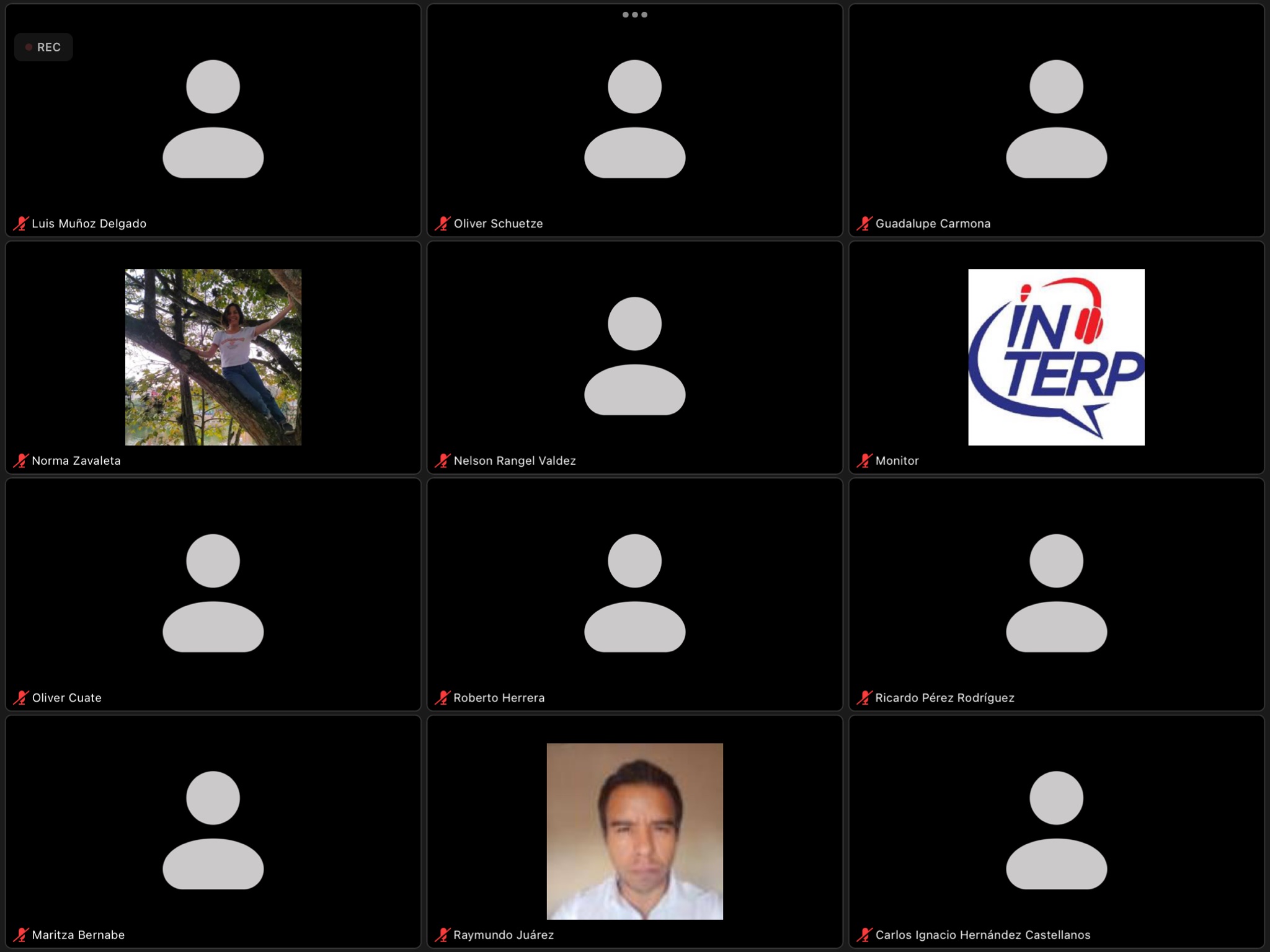
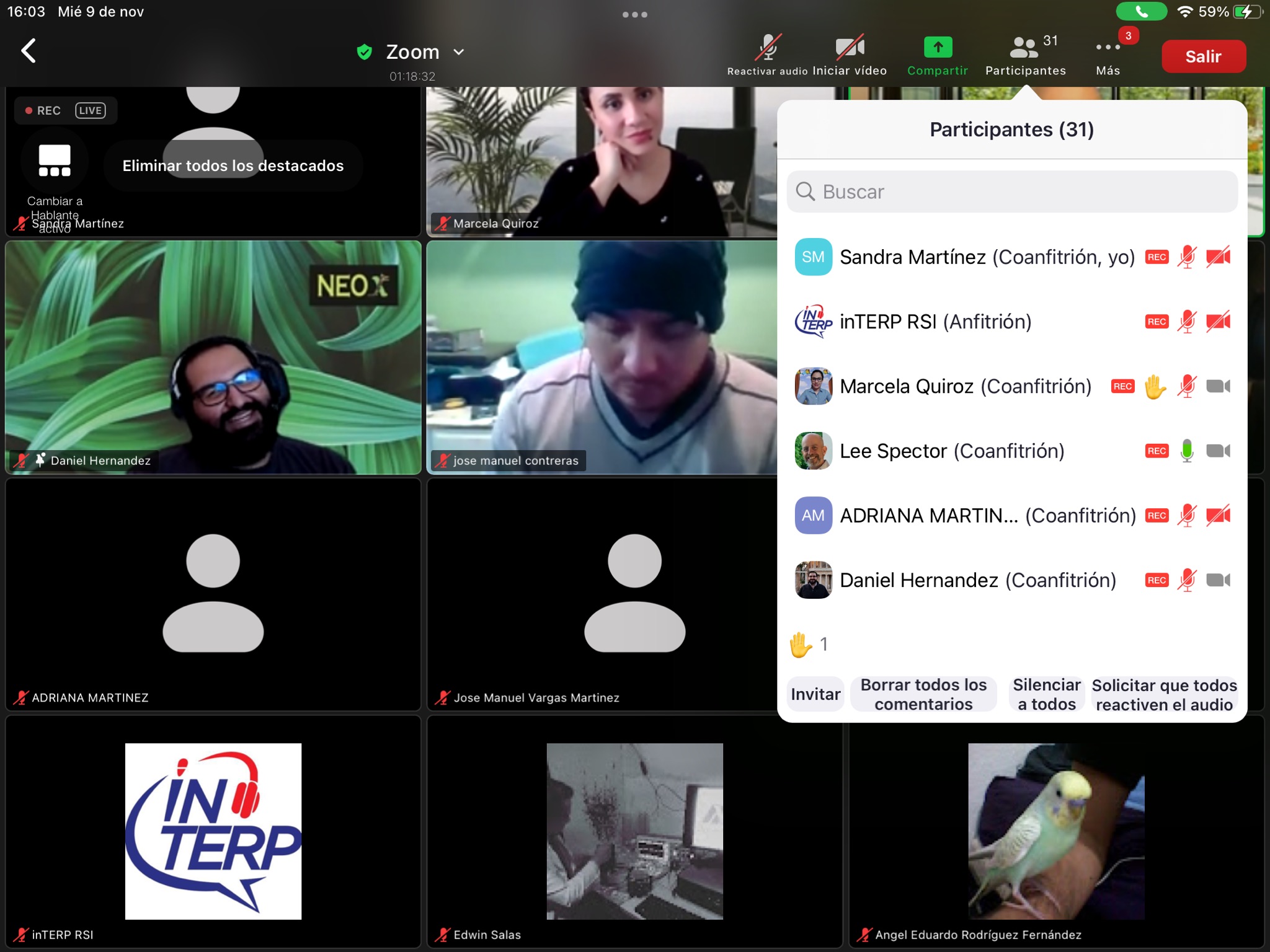
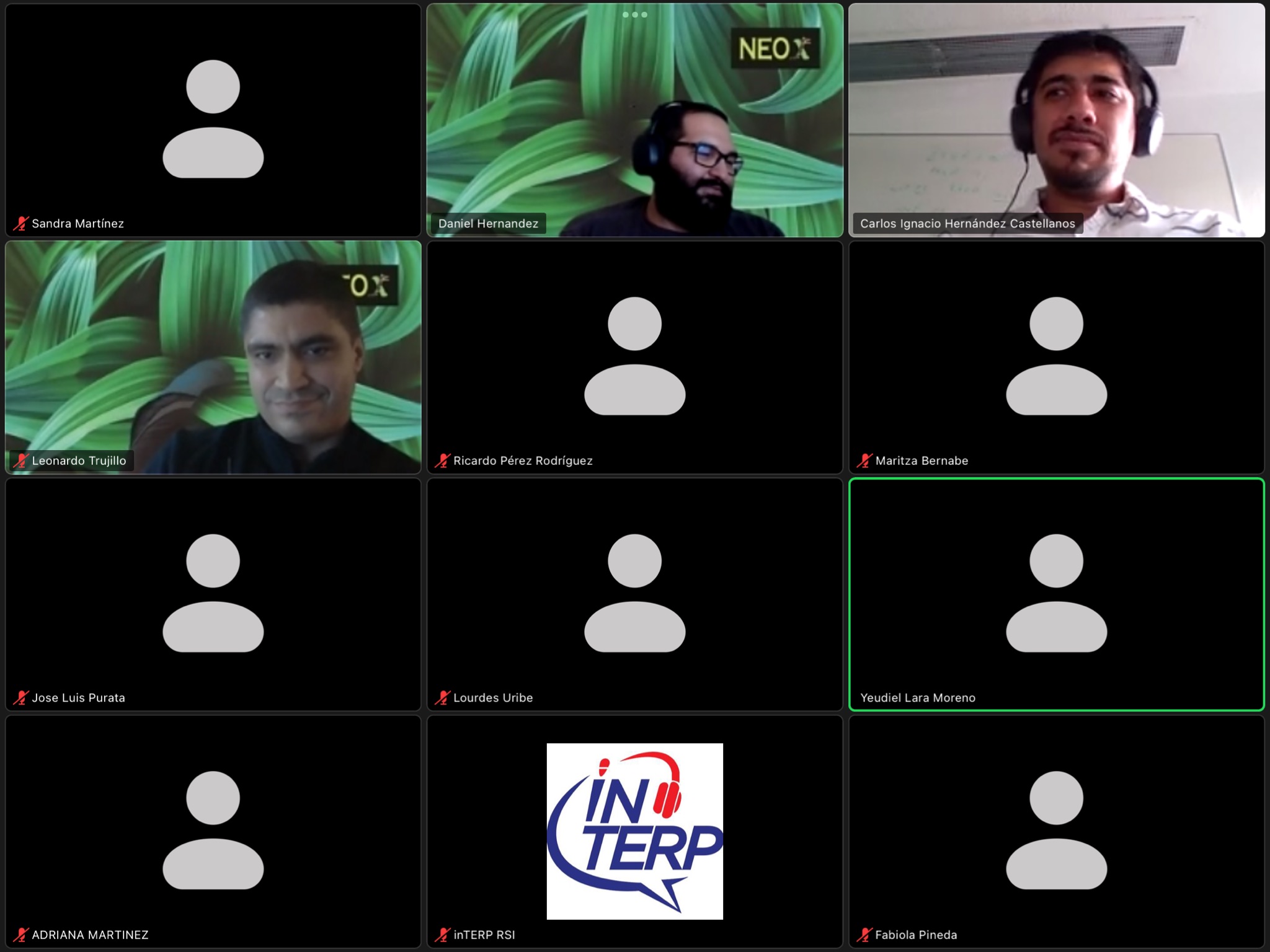
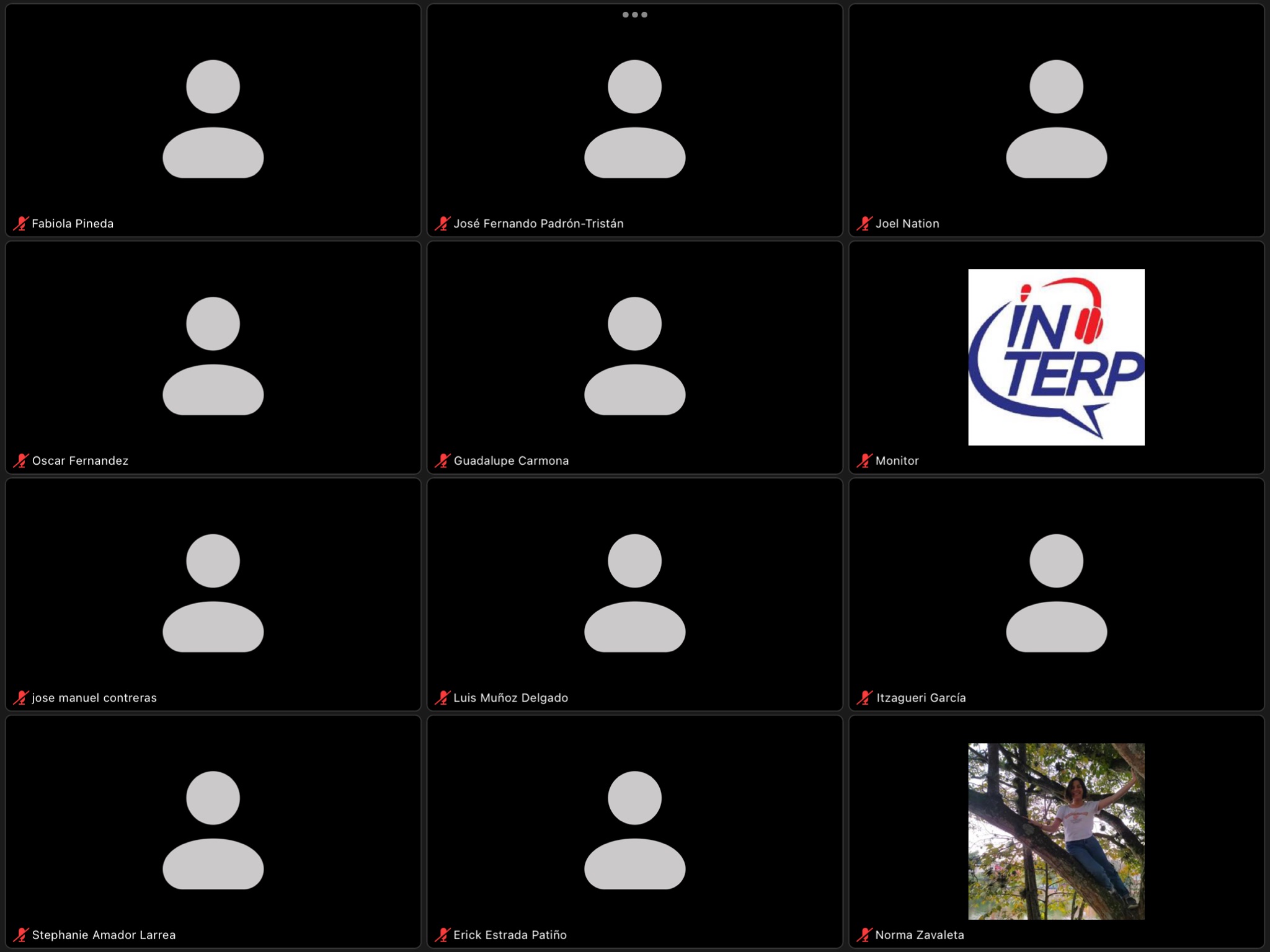
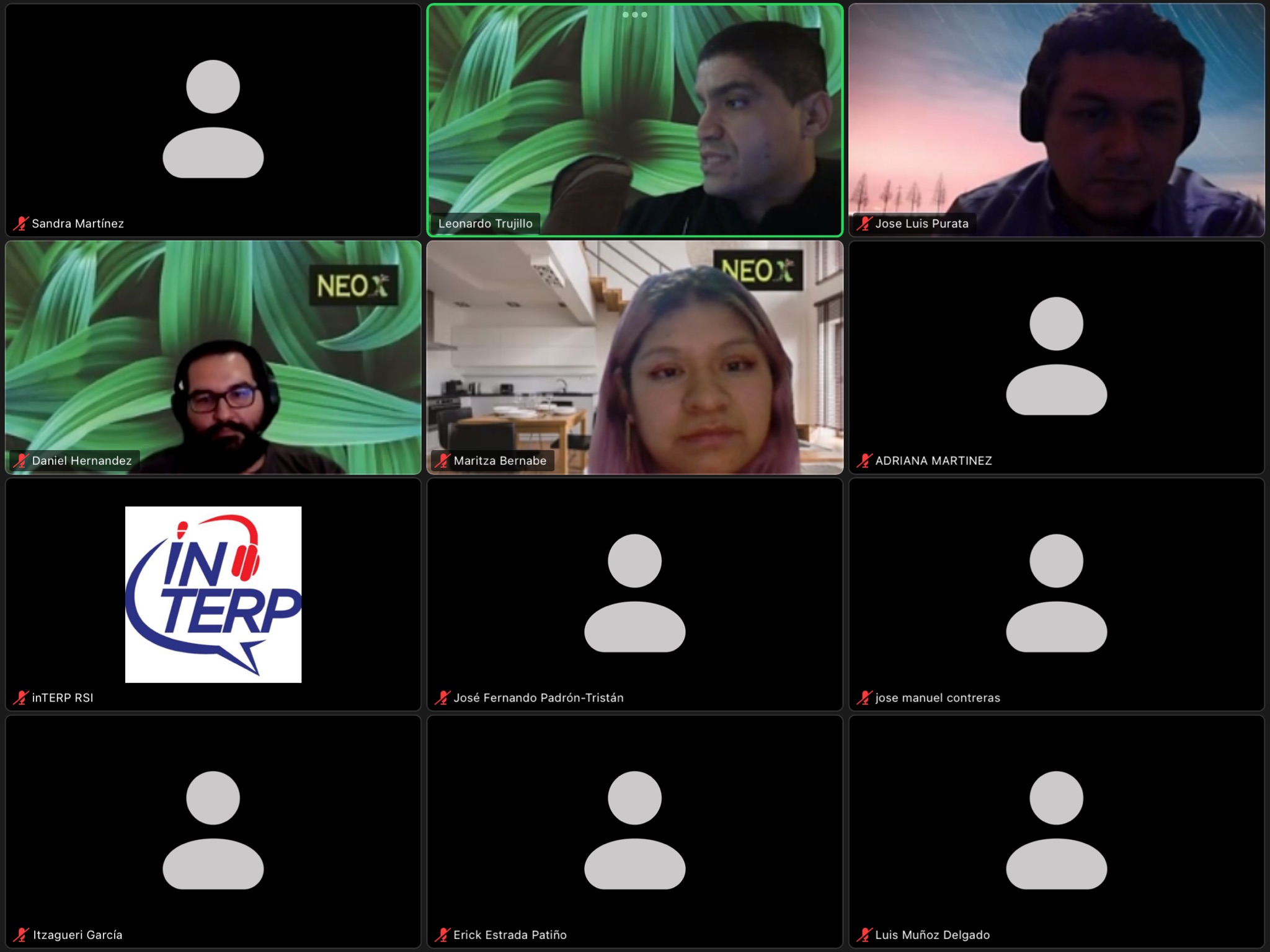
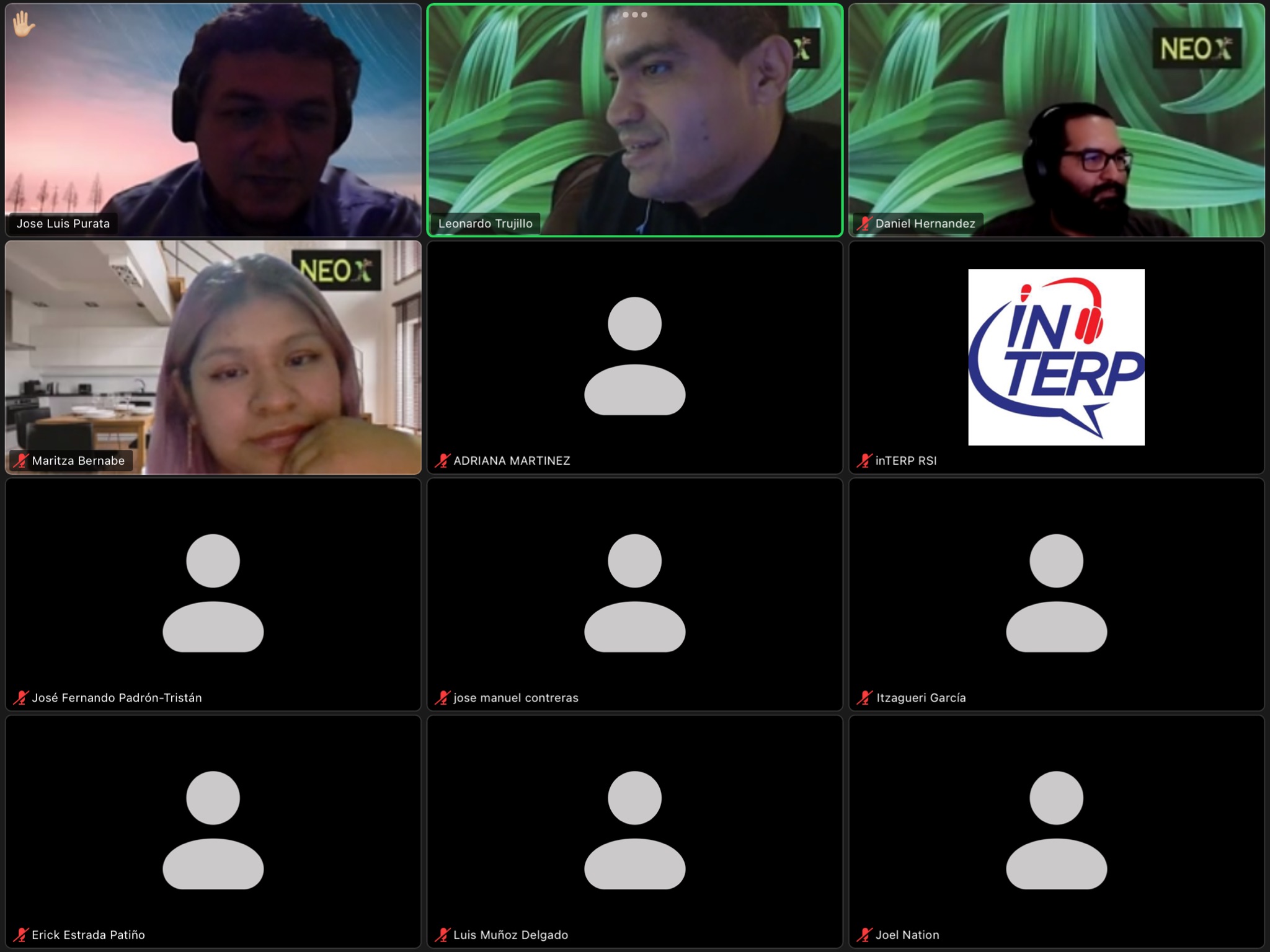
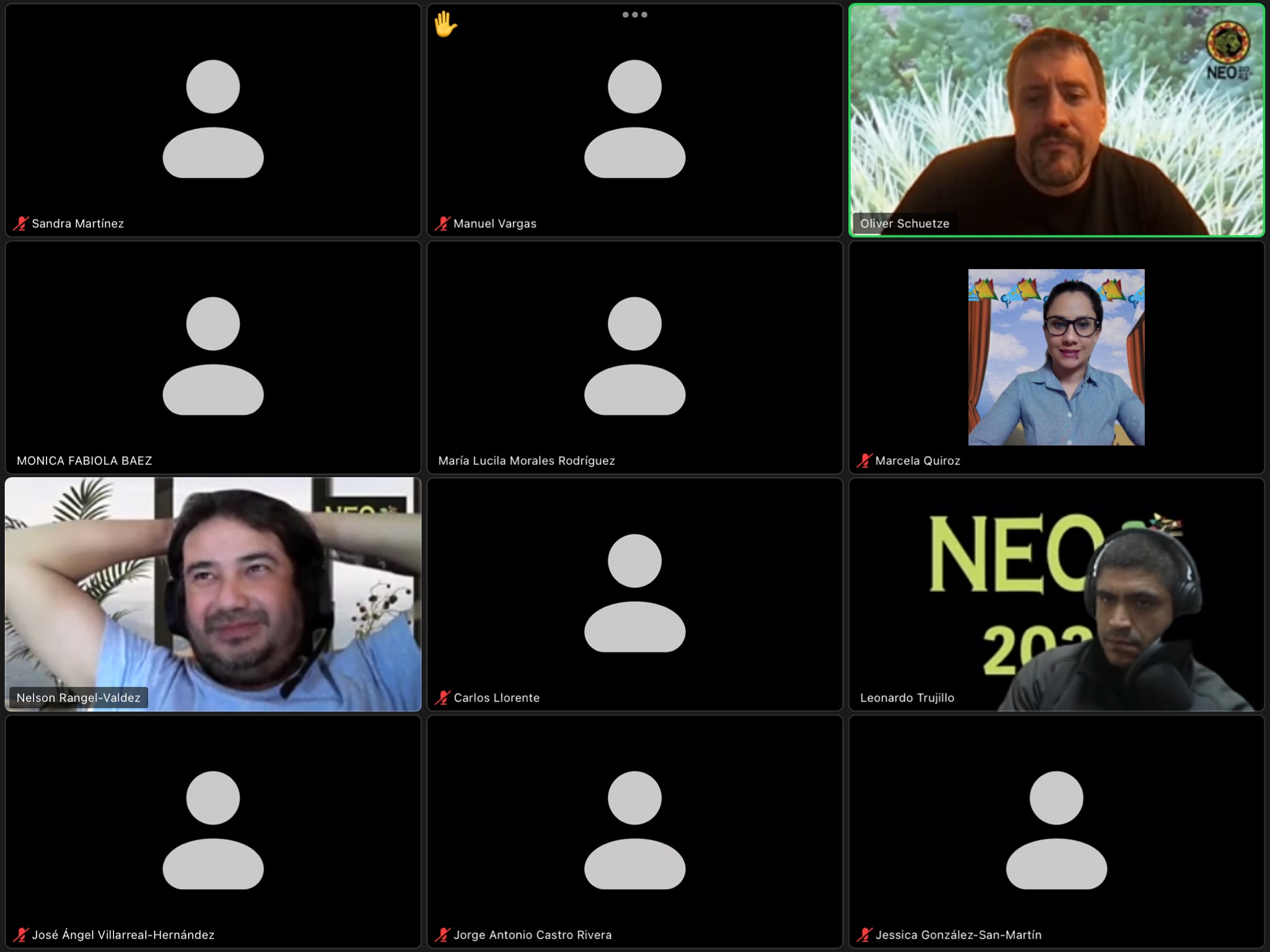
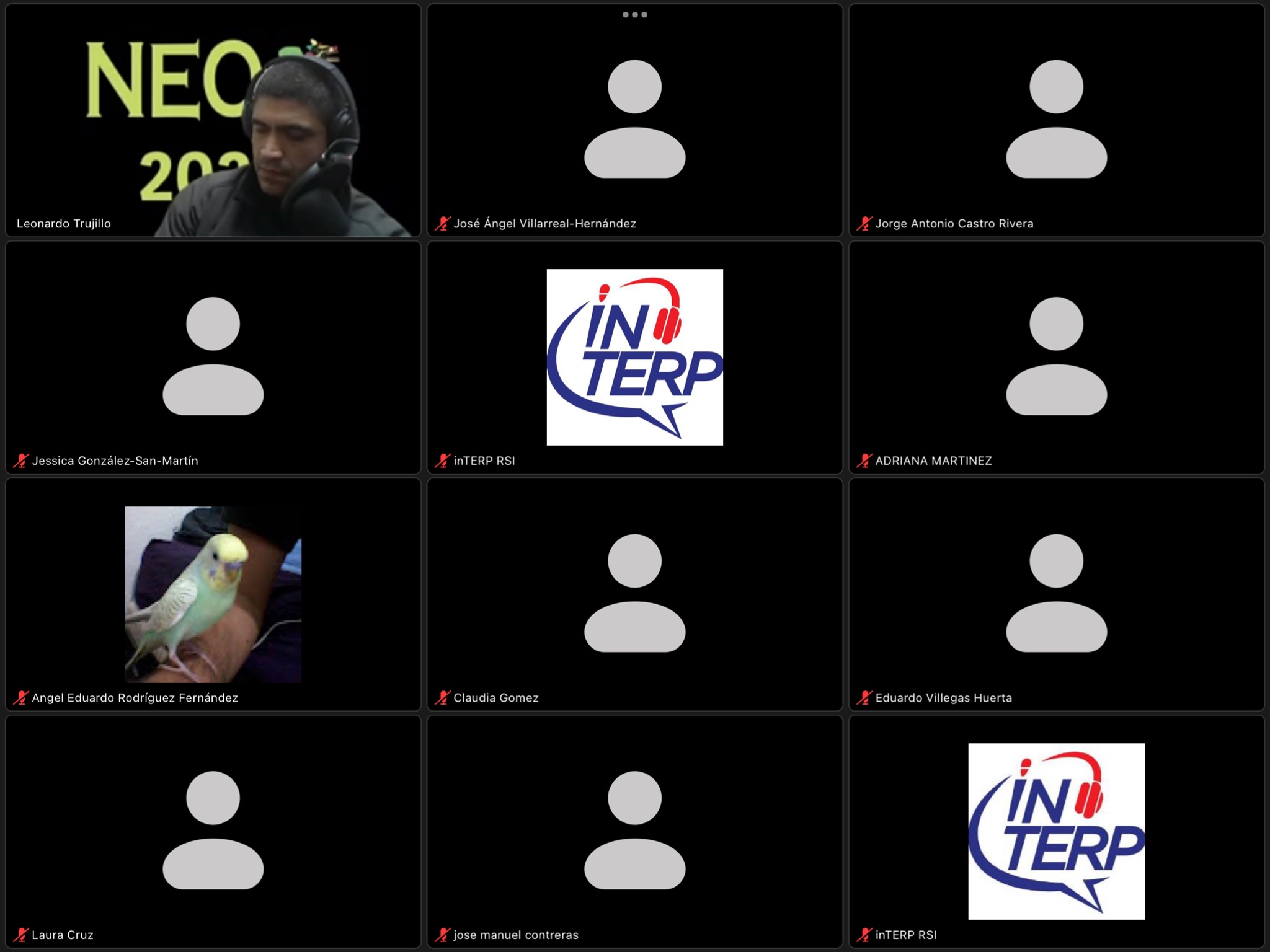

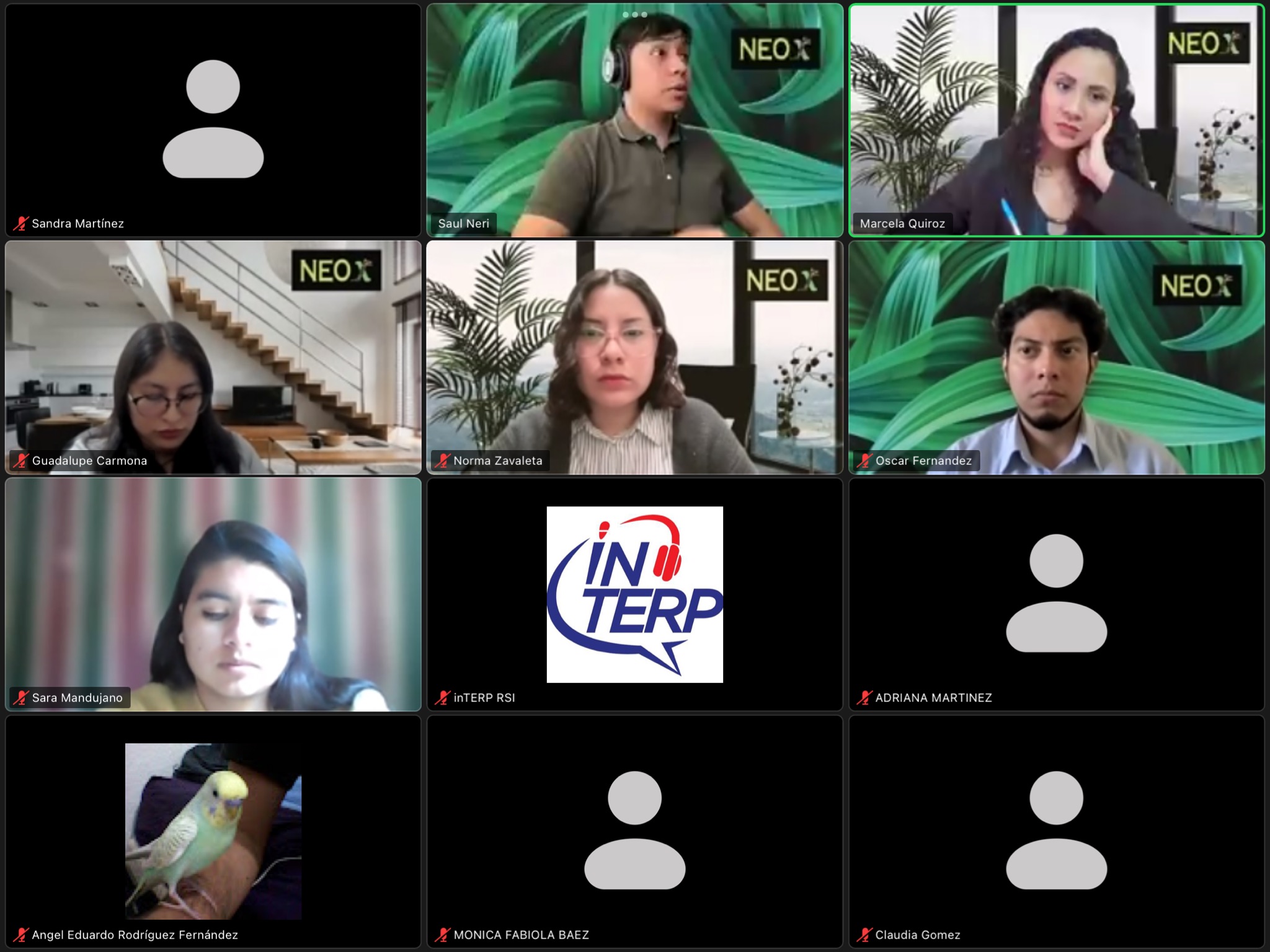
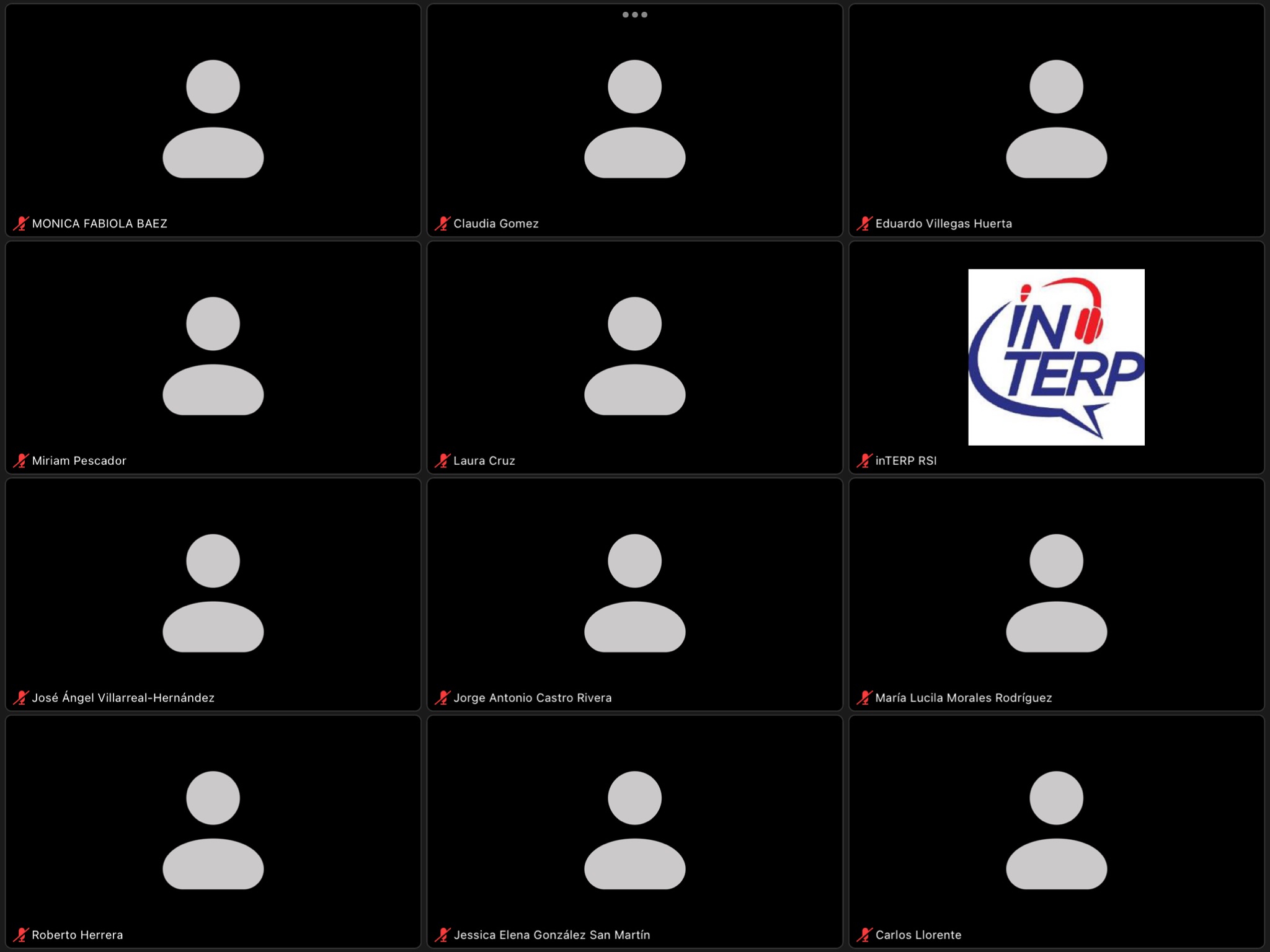
.jpg)
.jpg)
.jpg)
.jpg)
